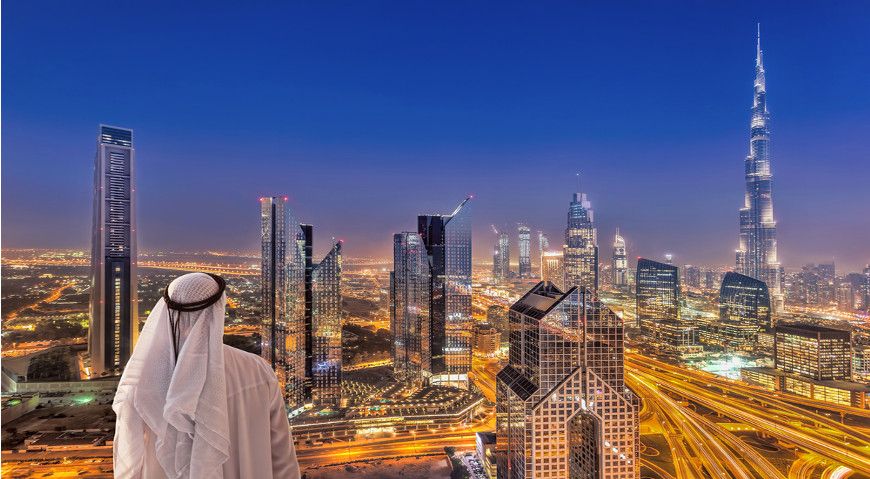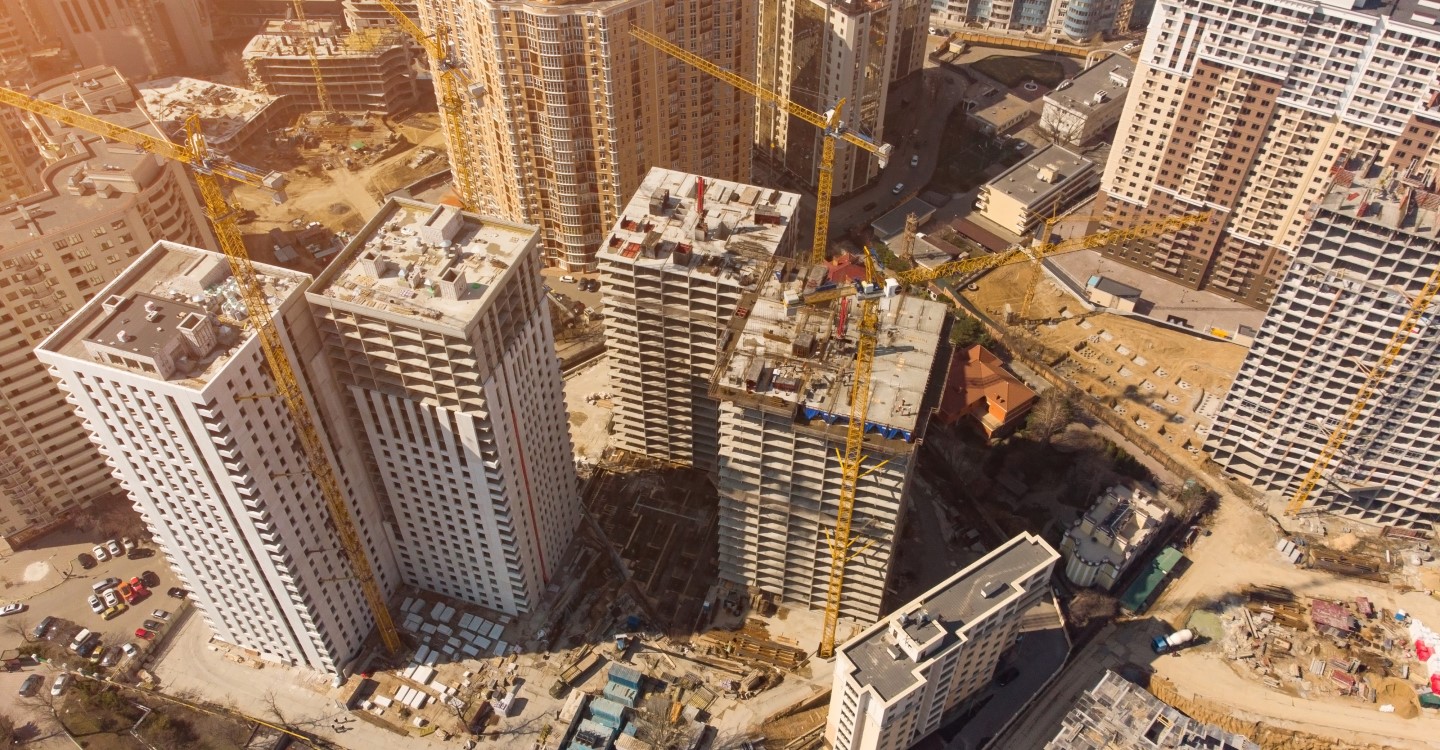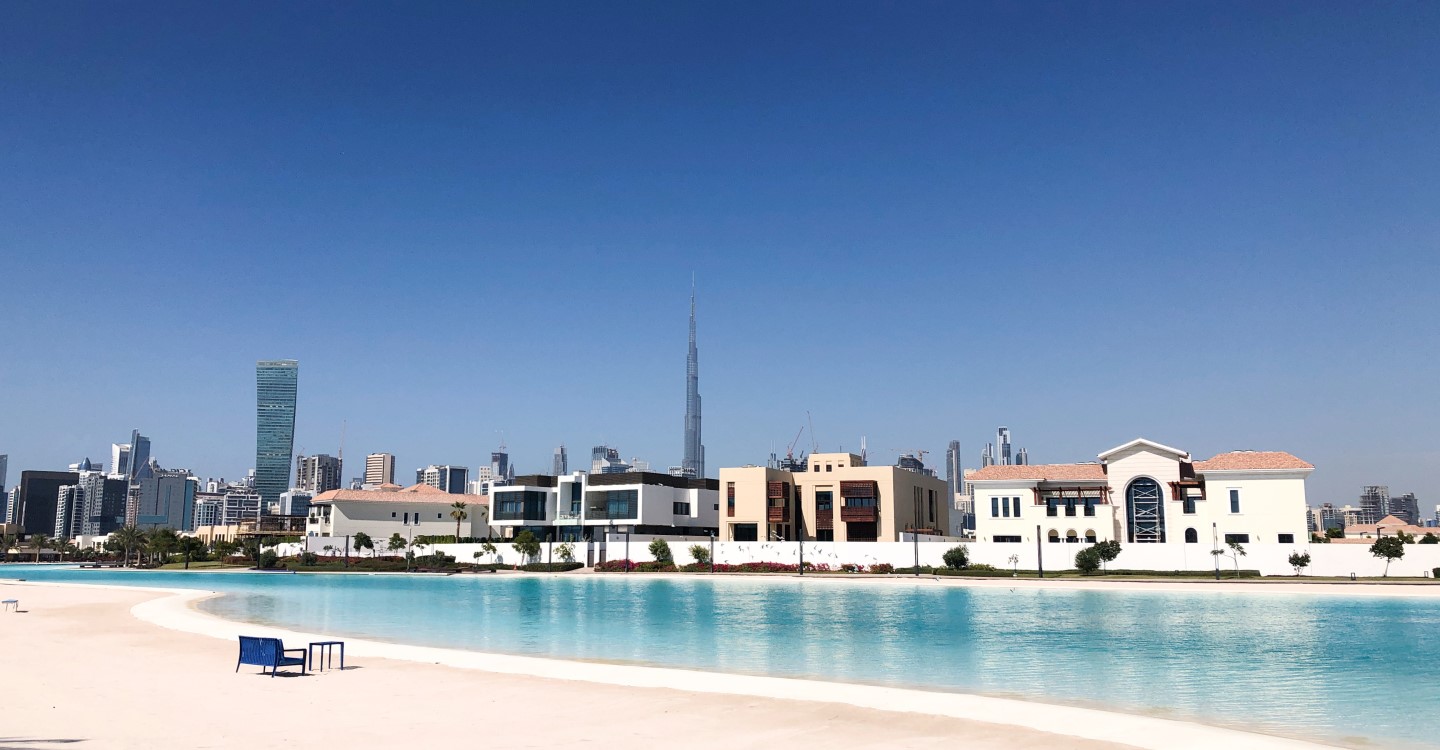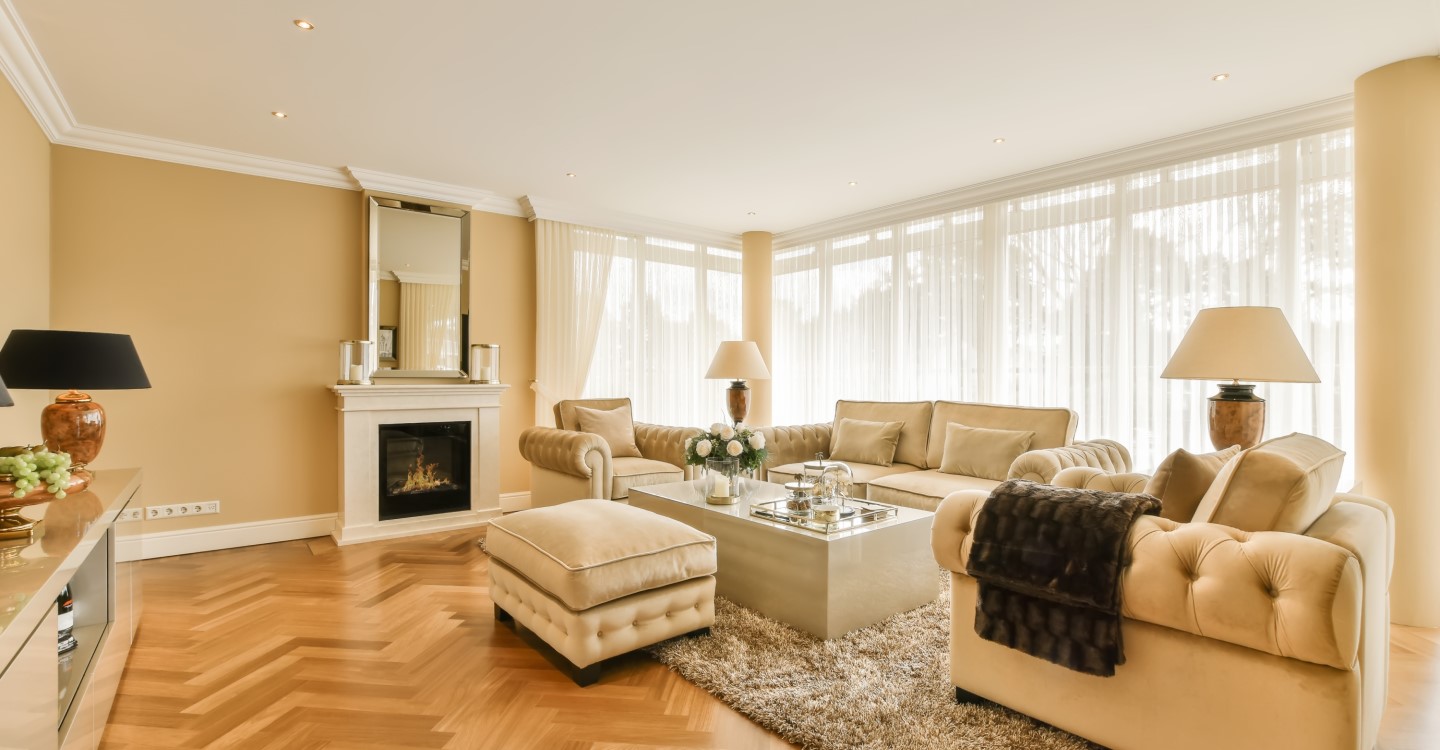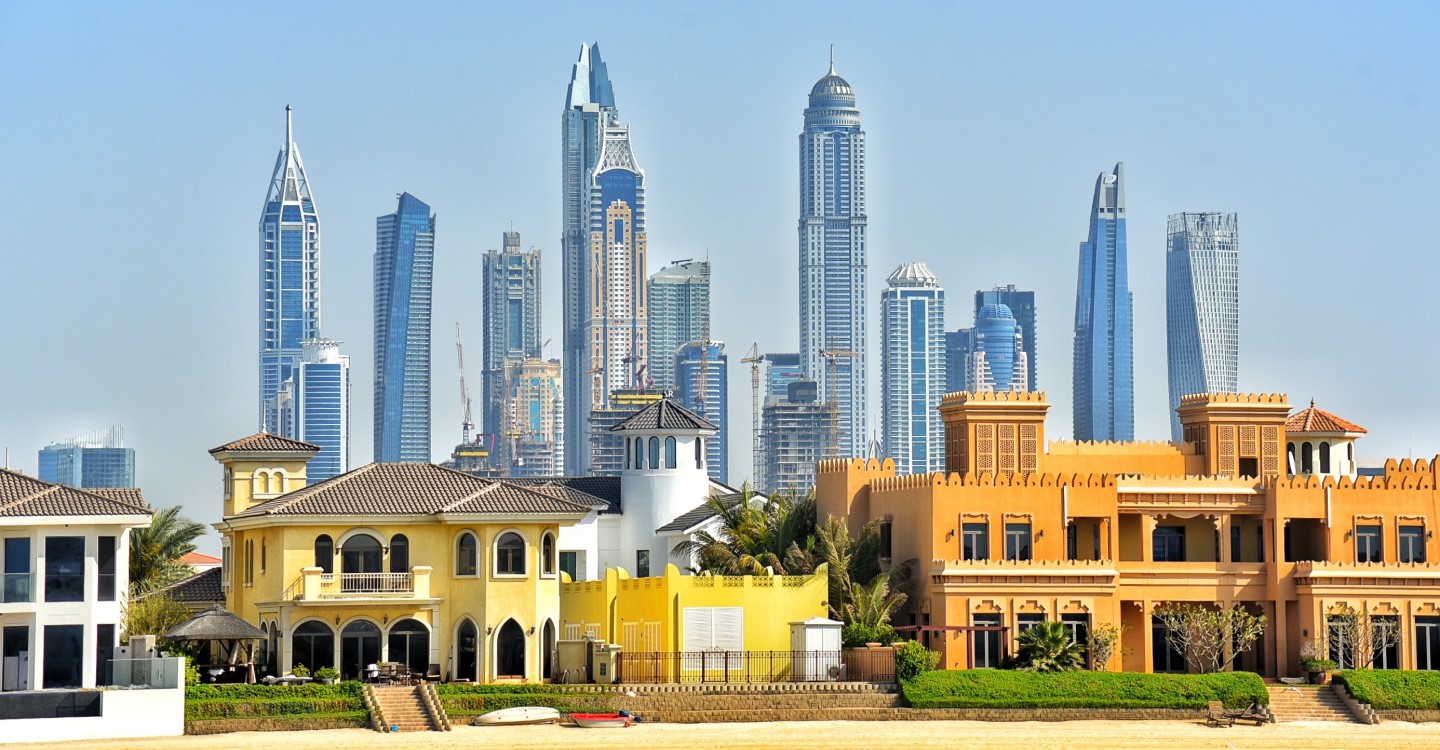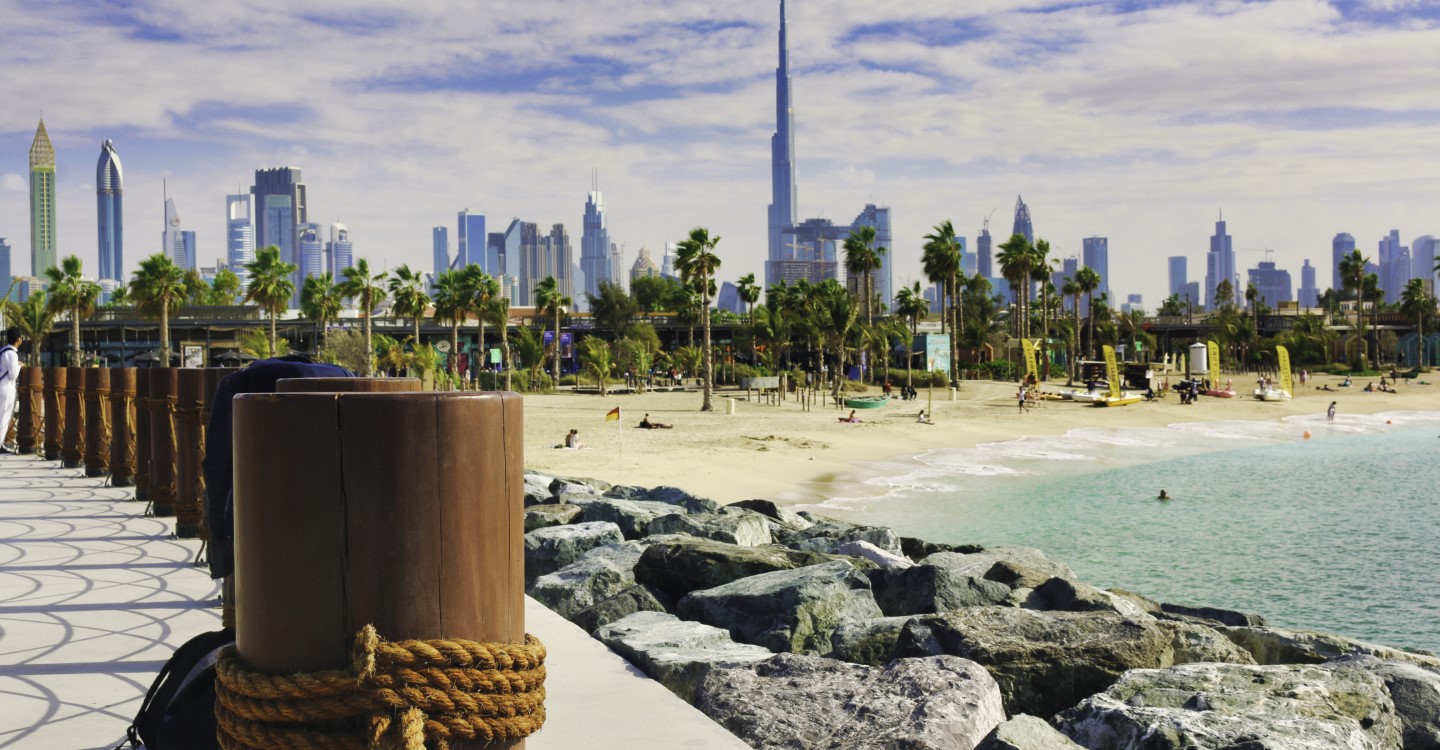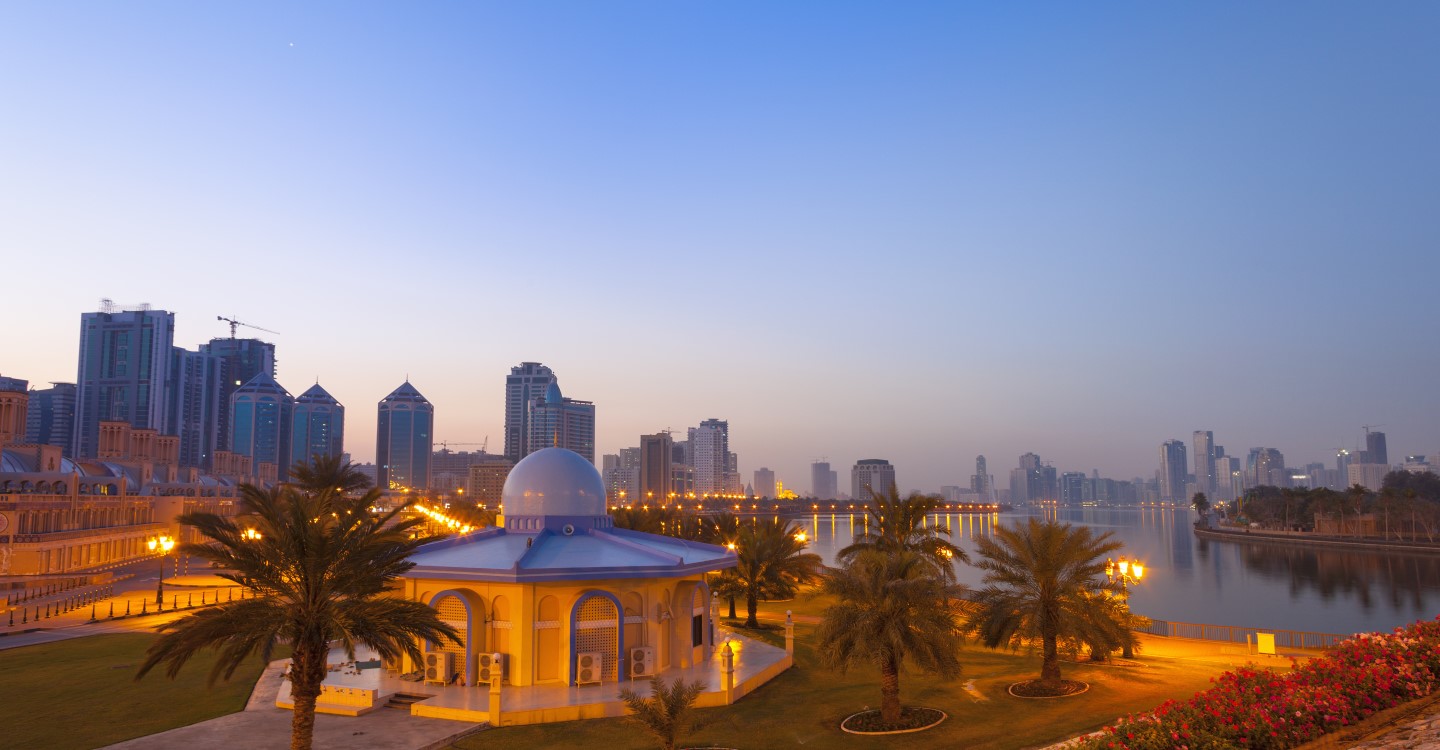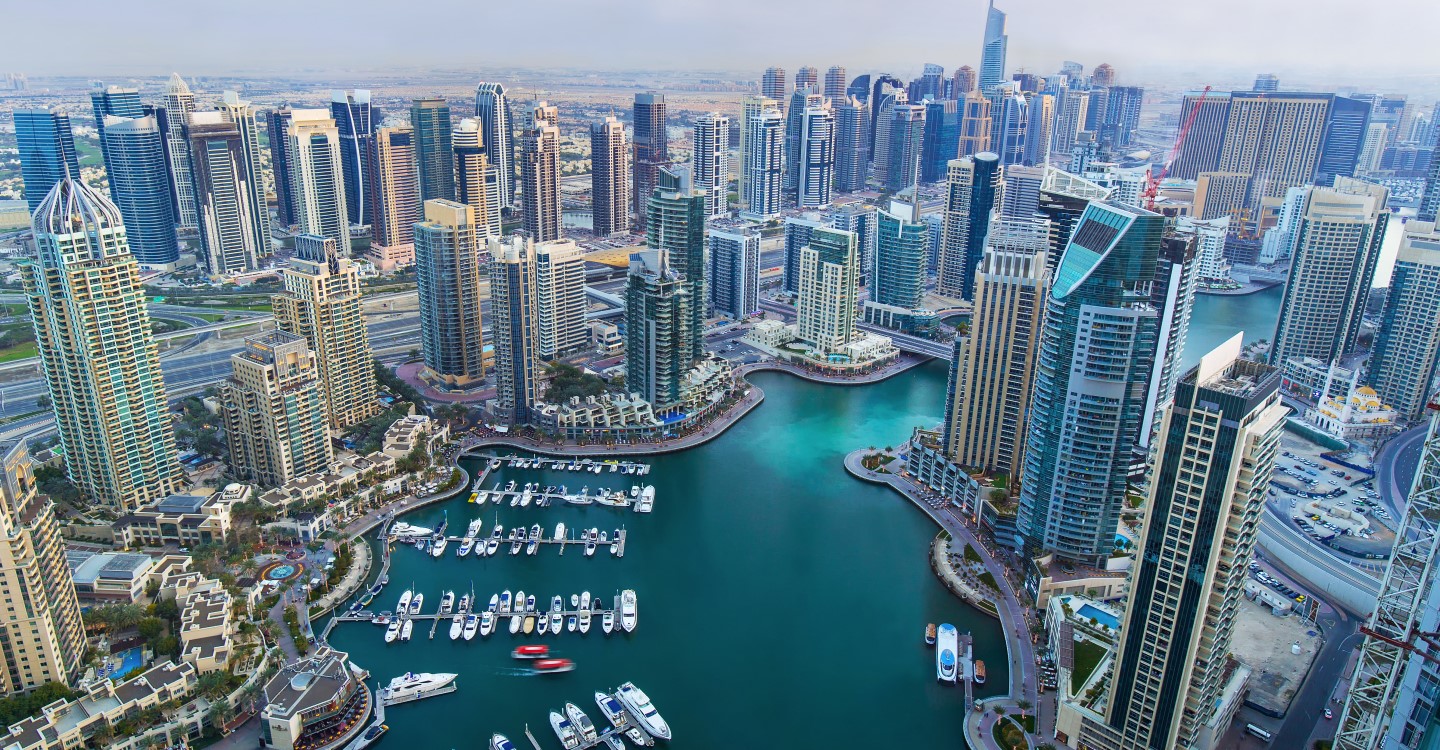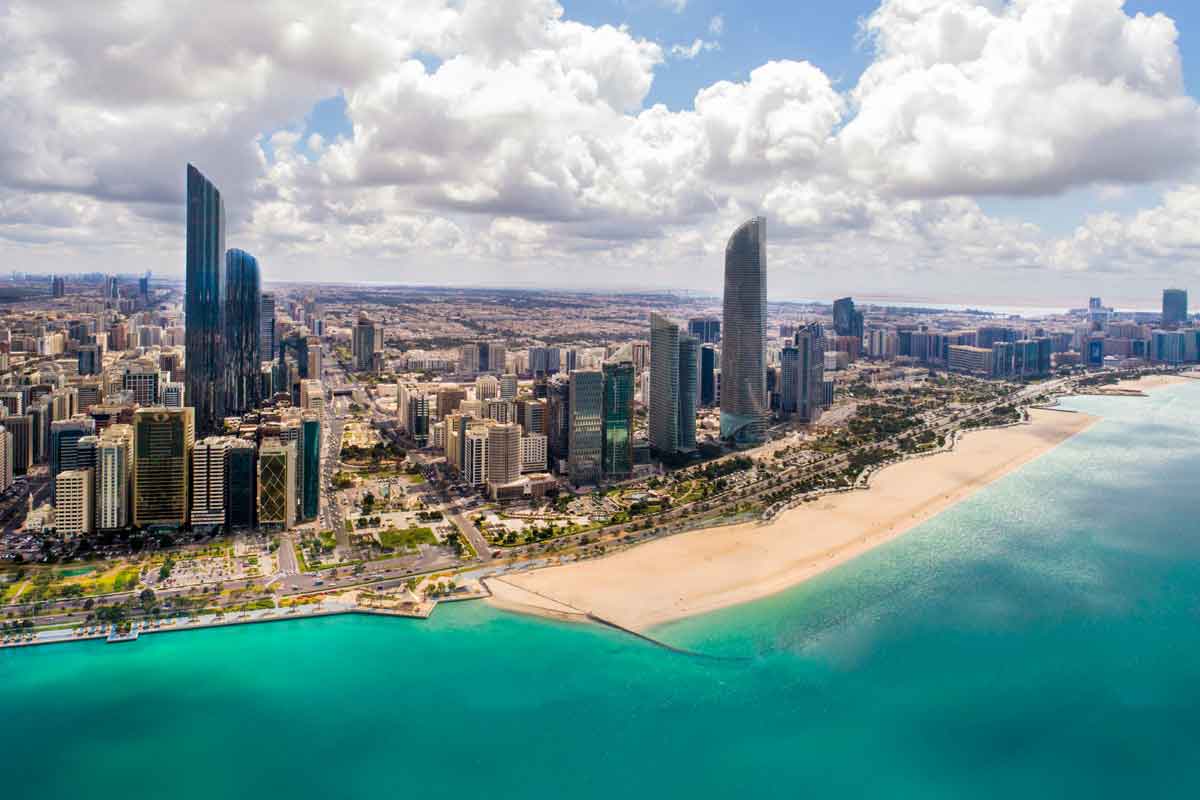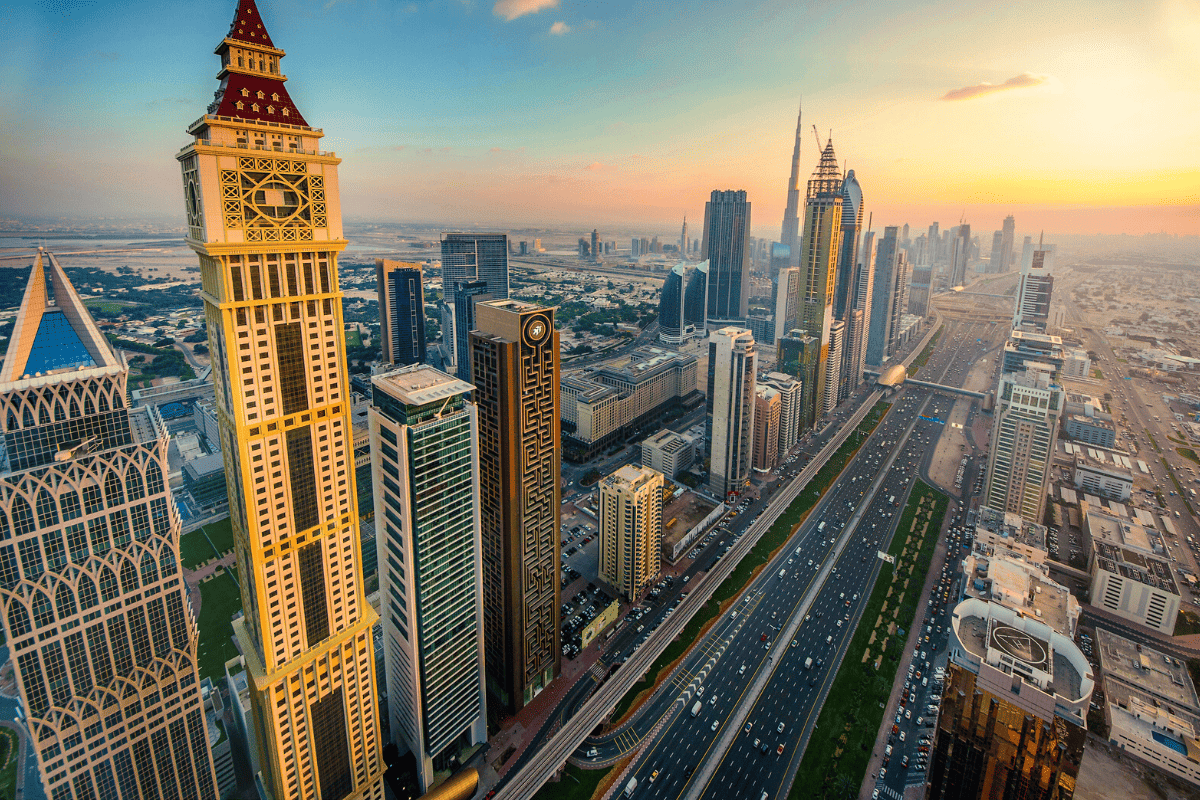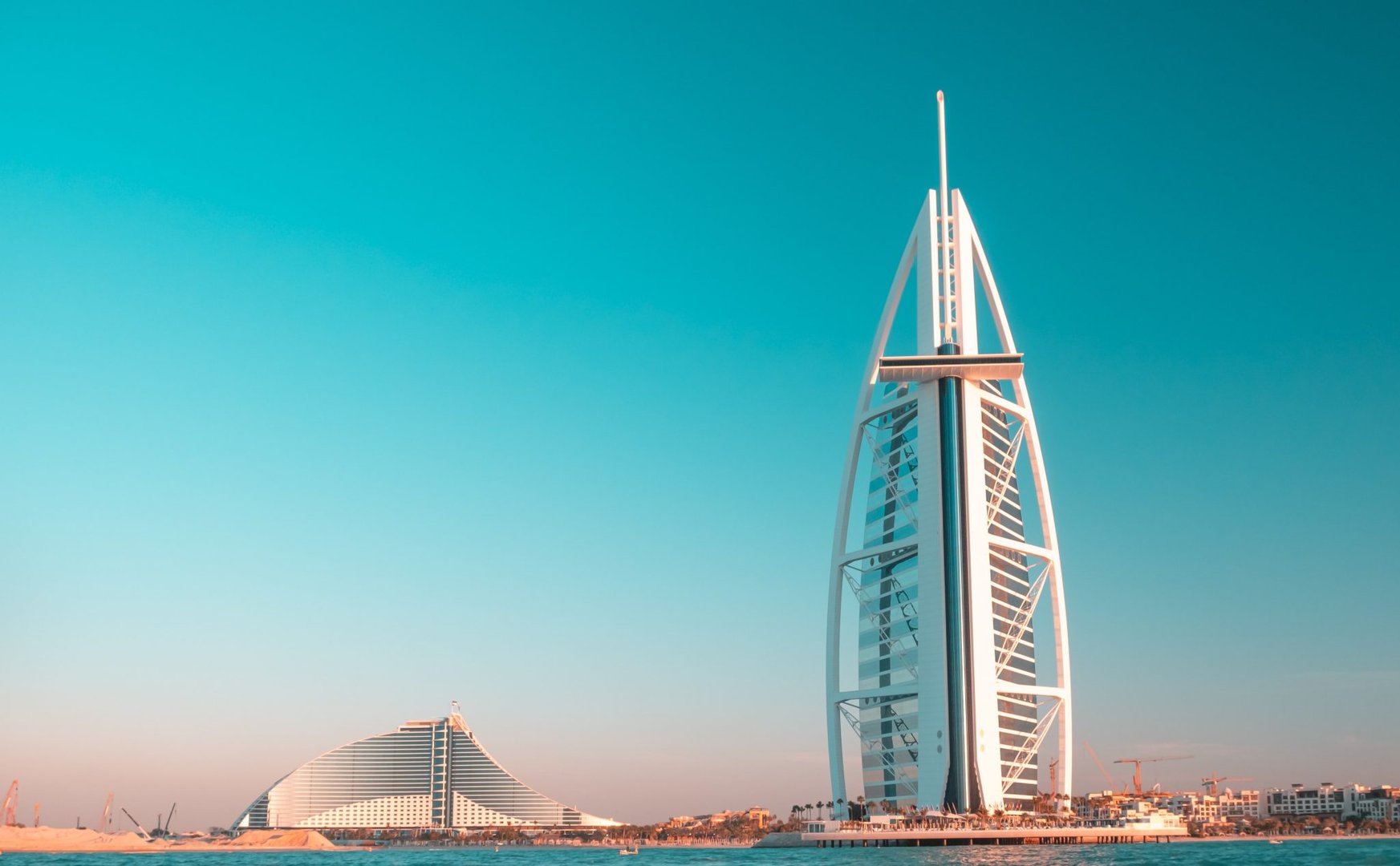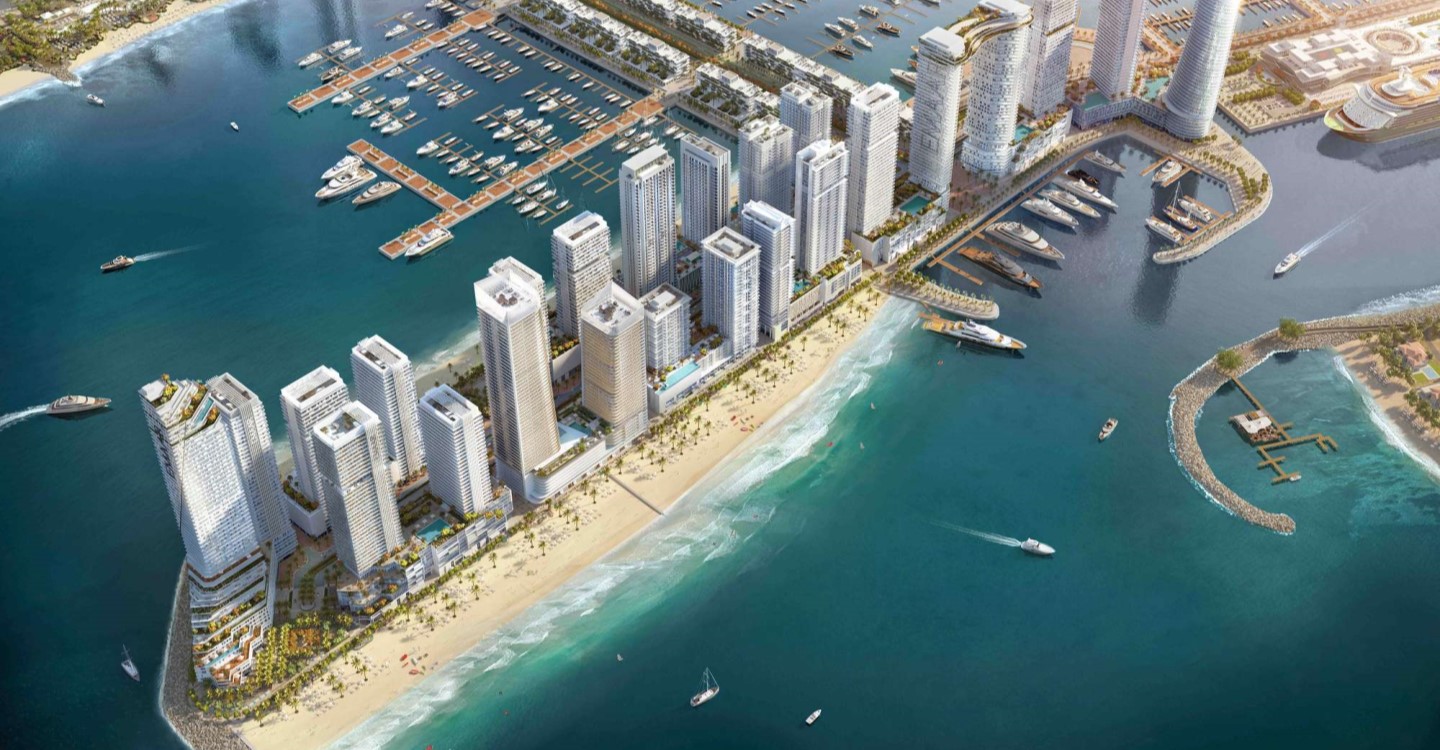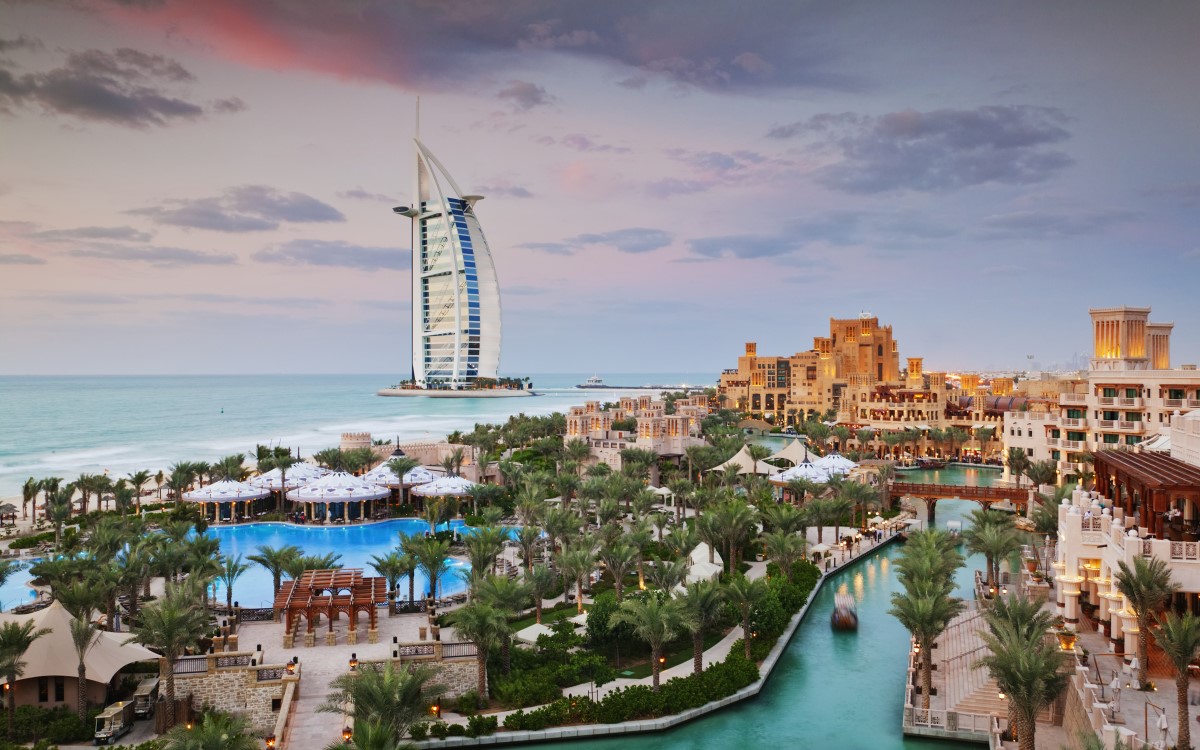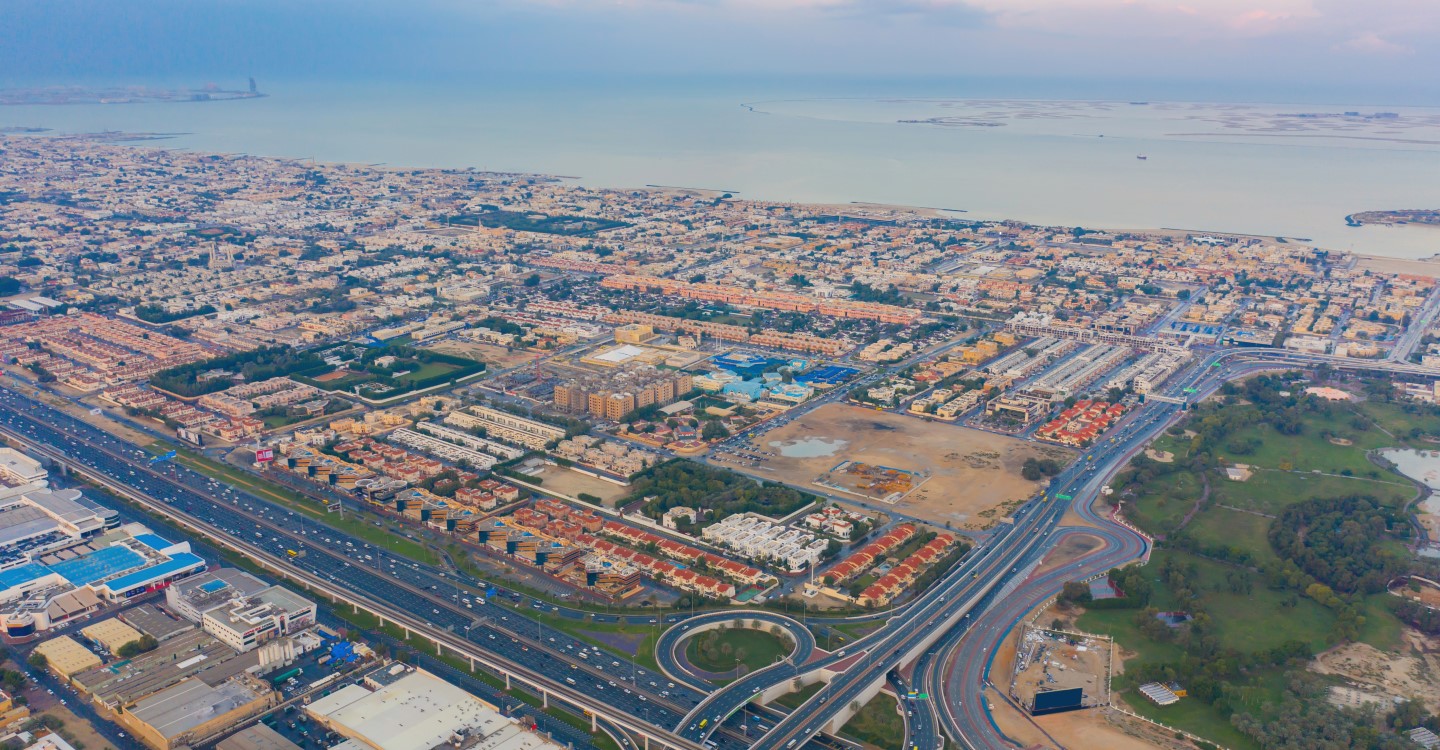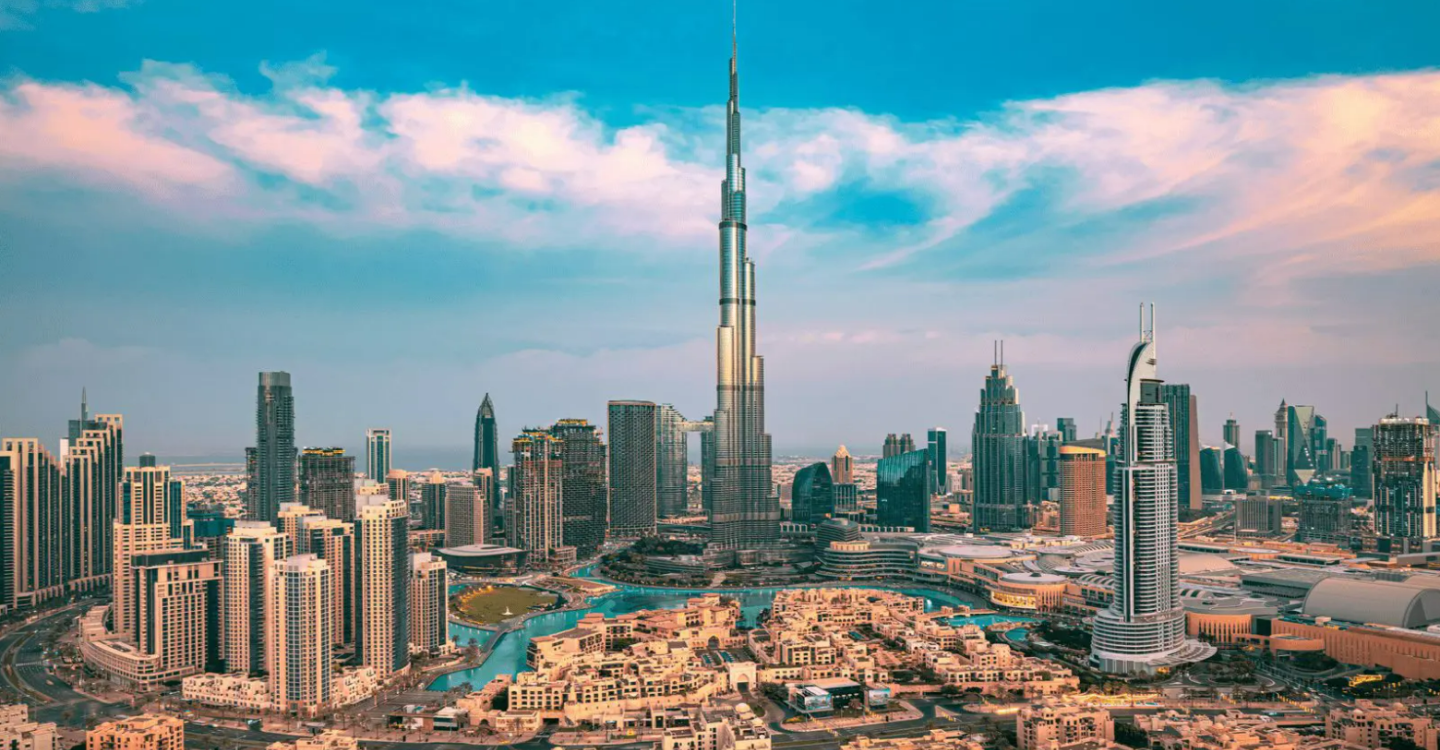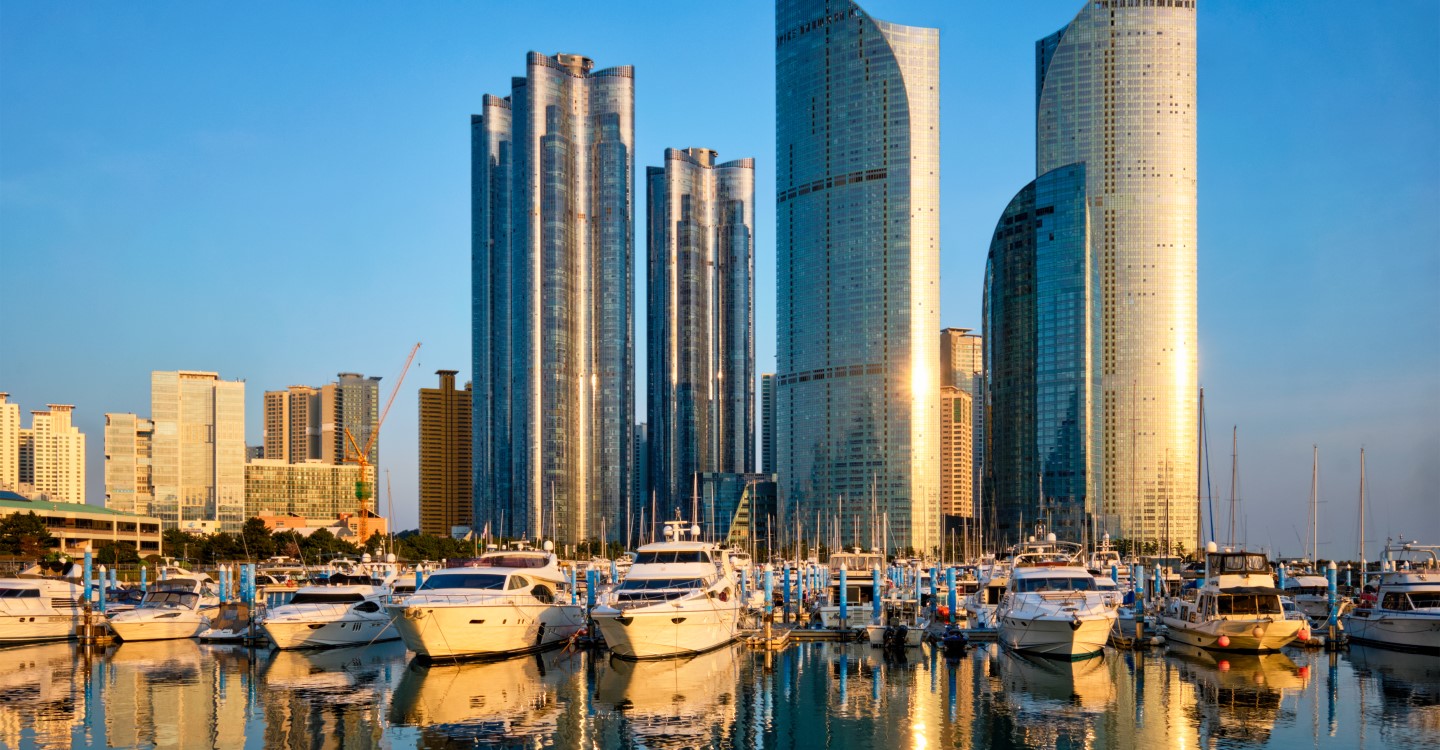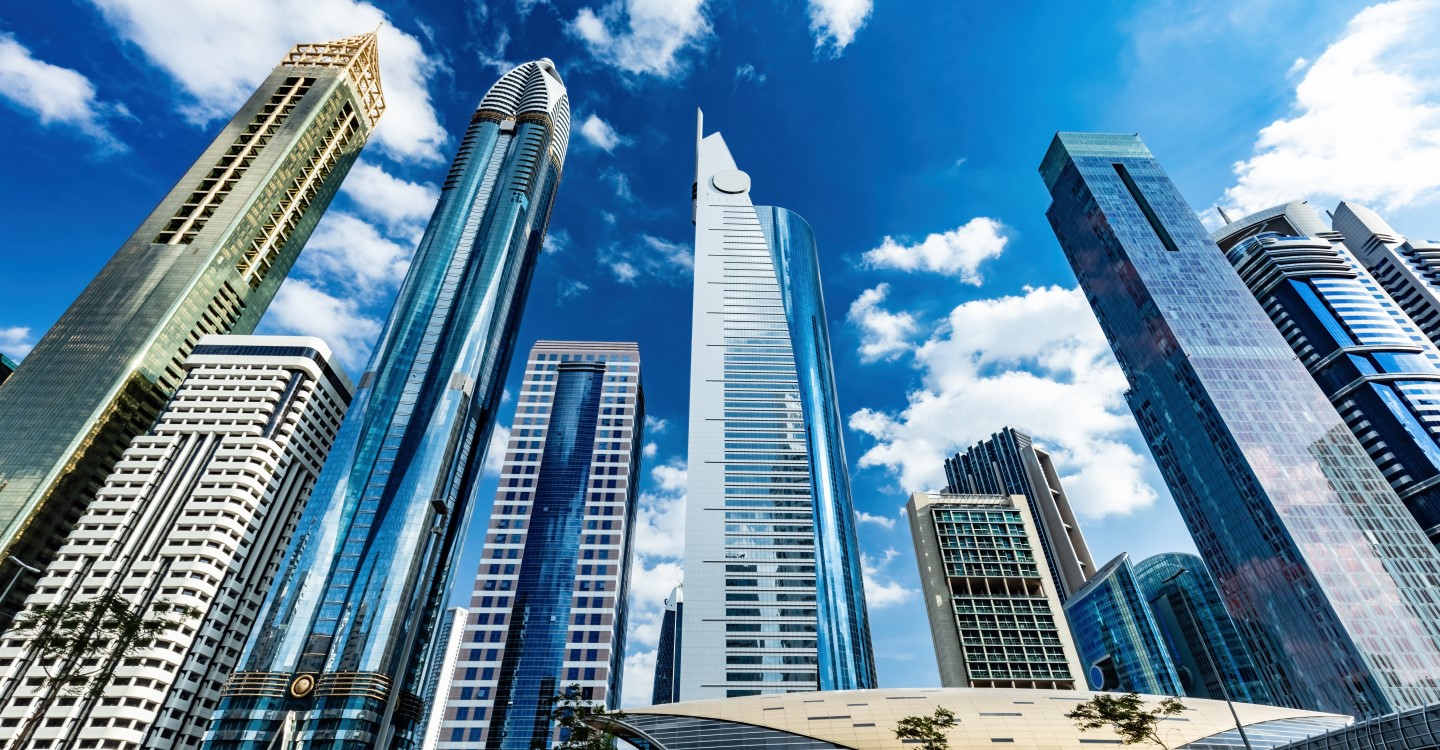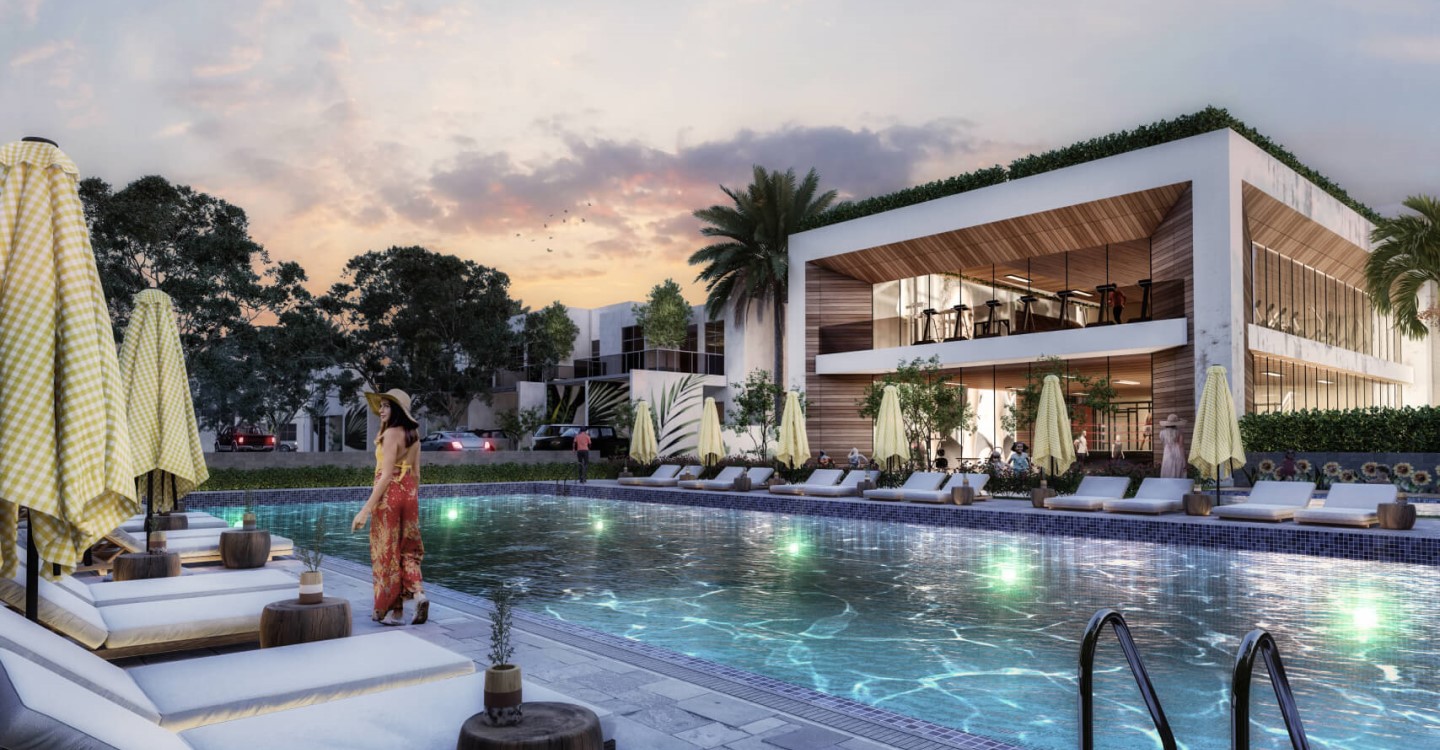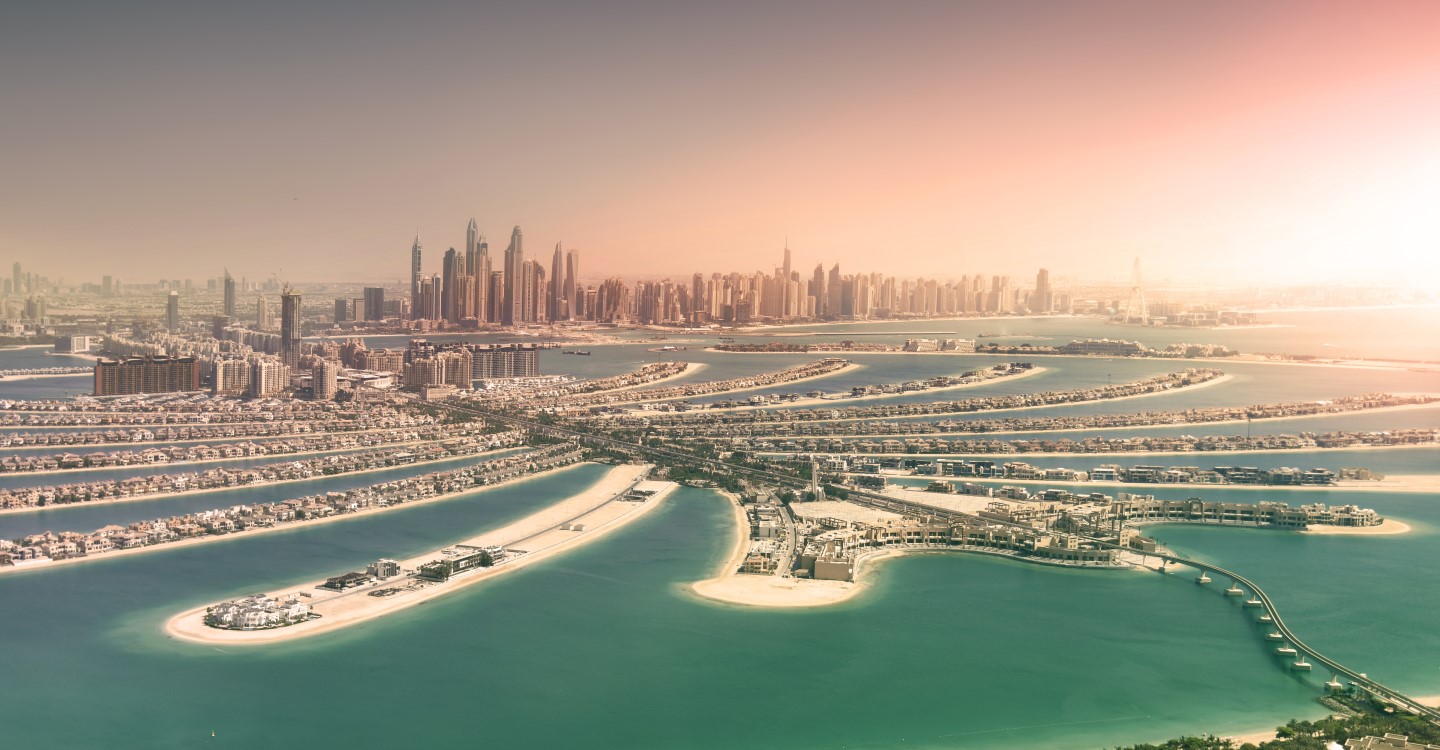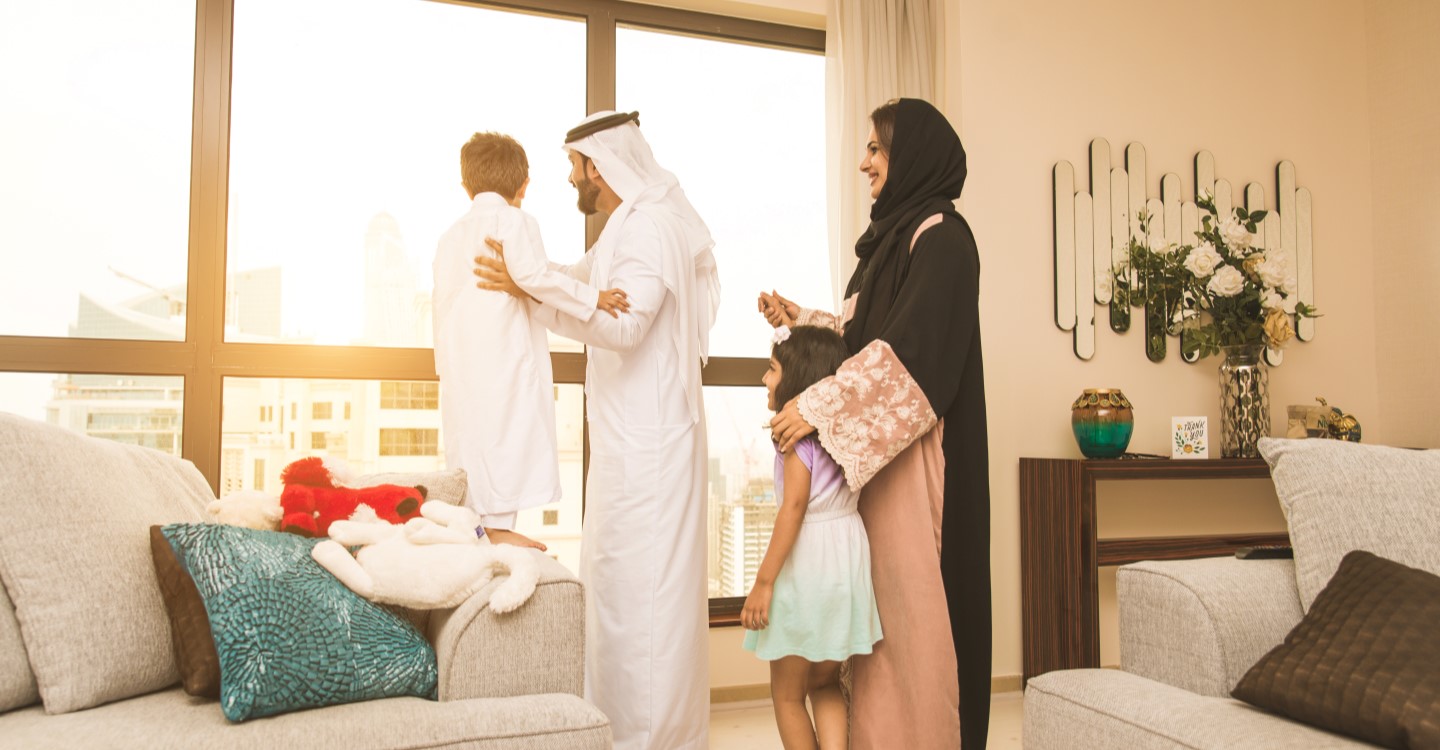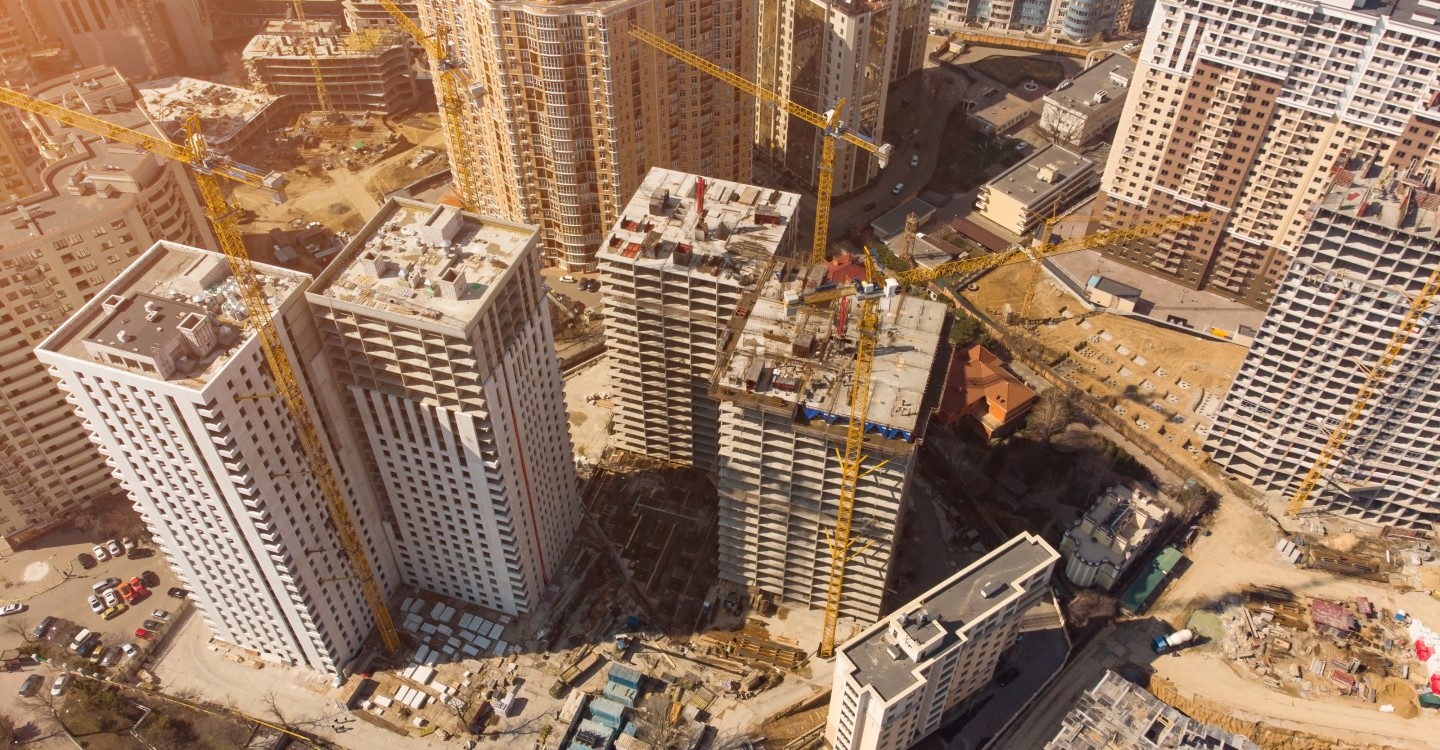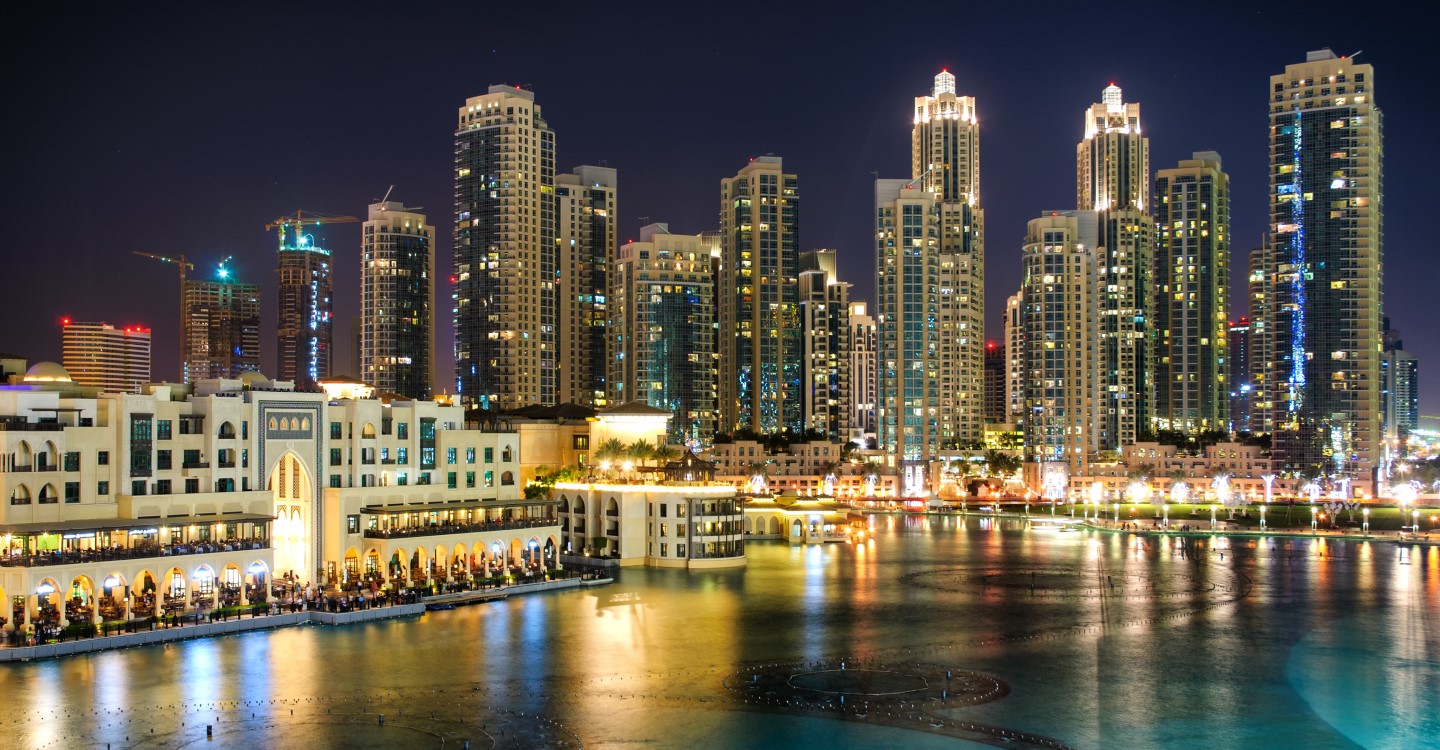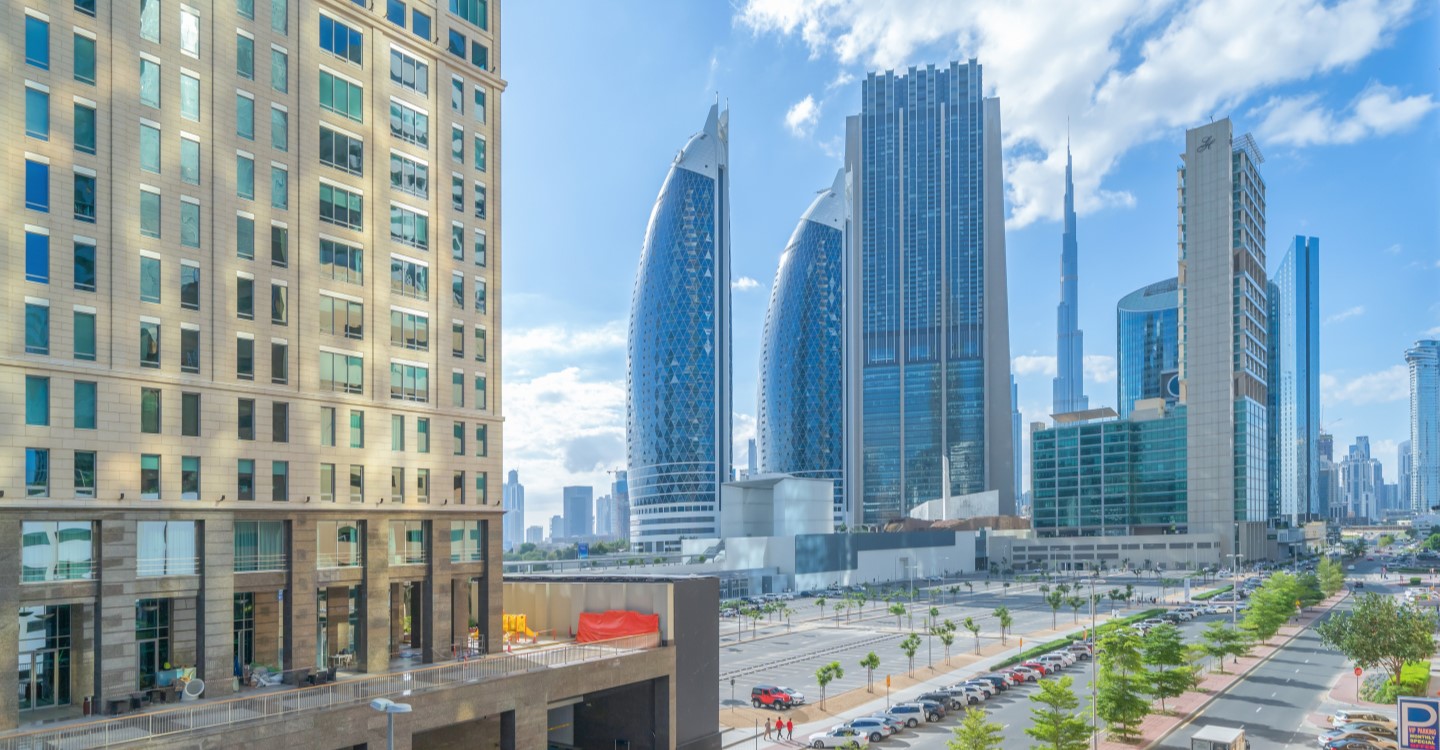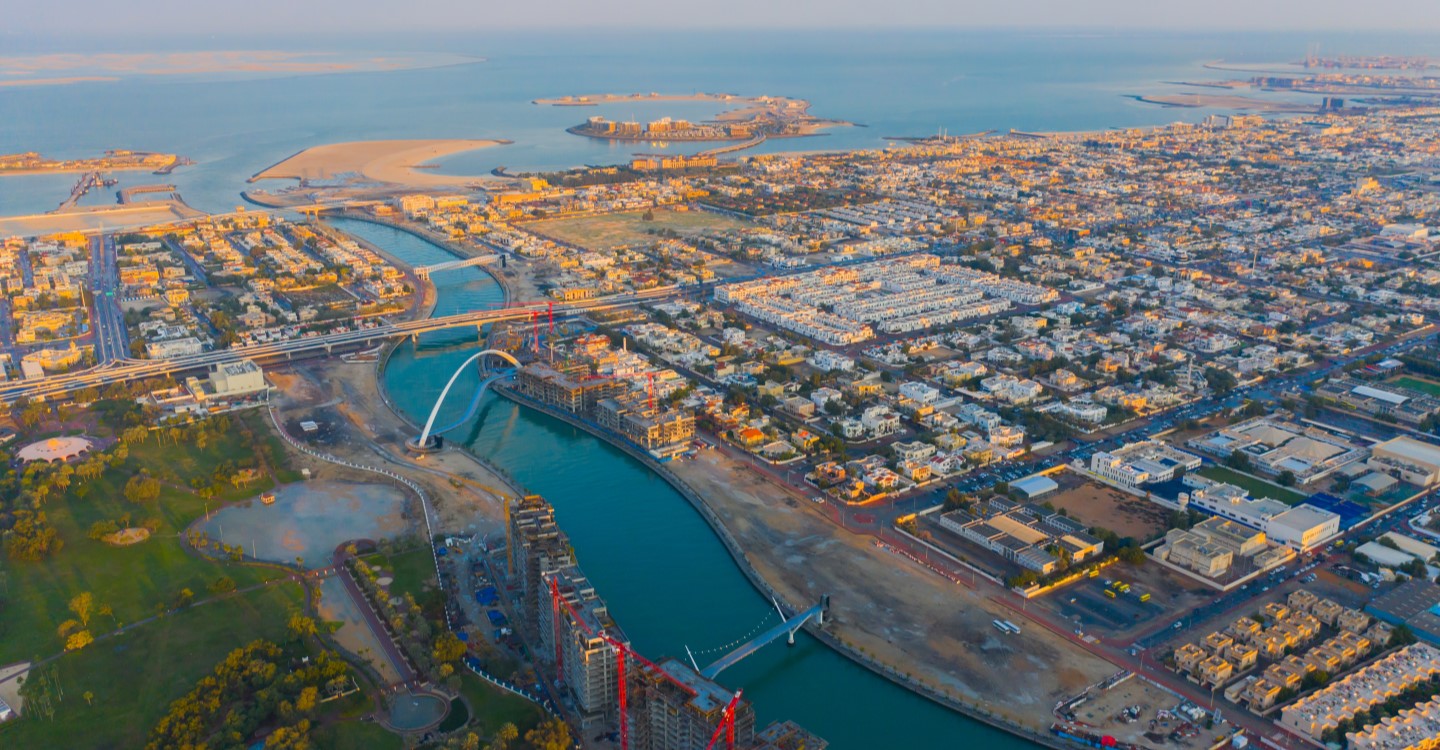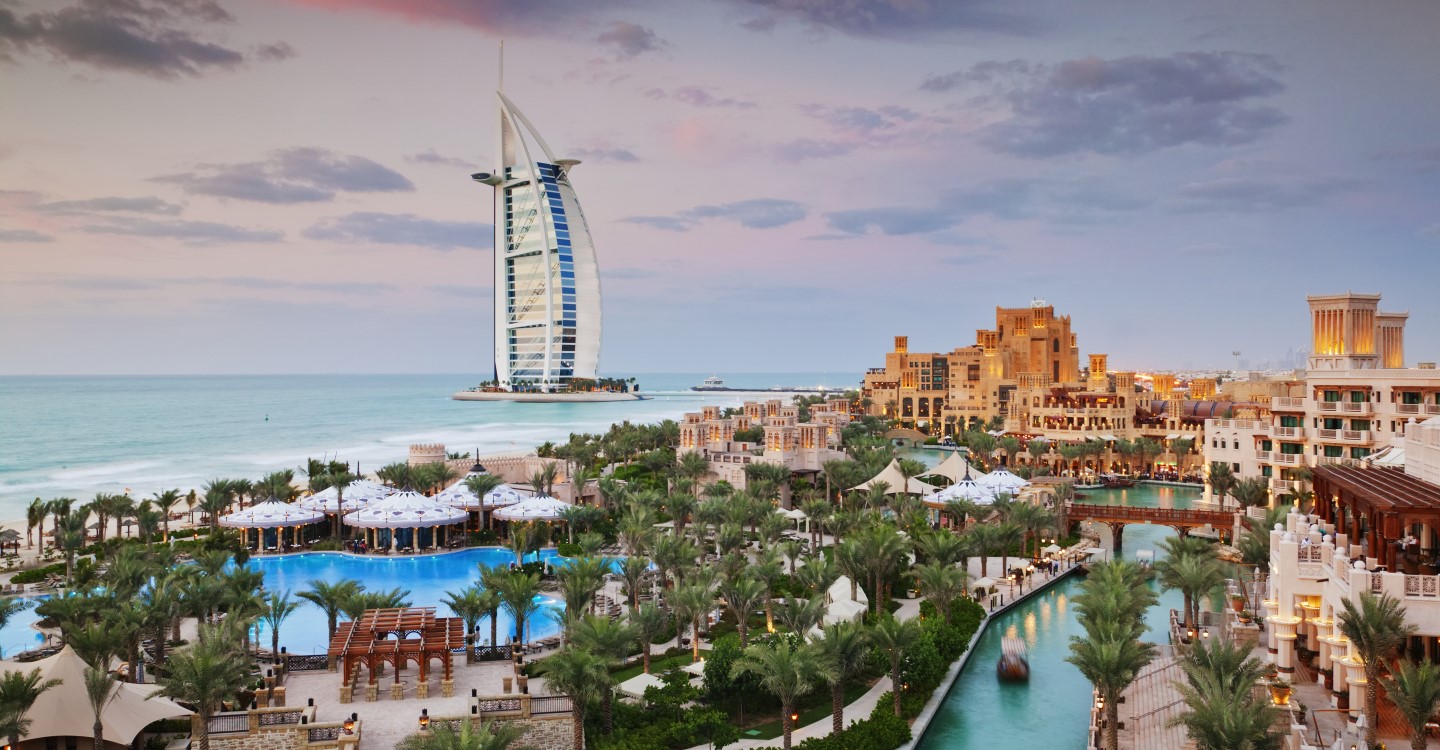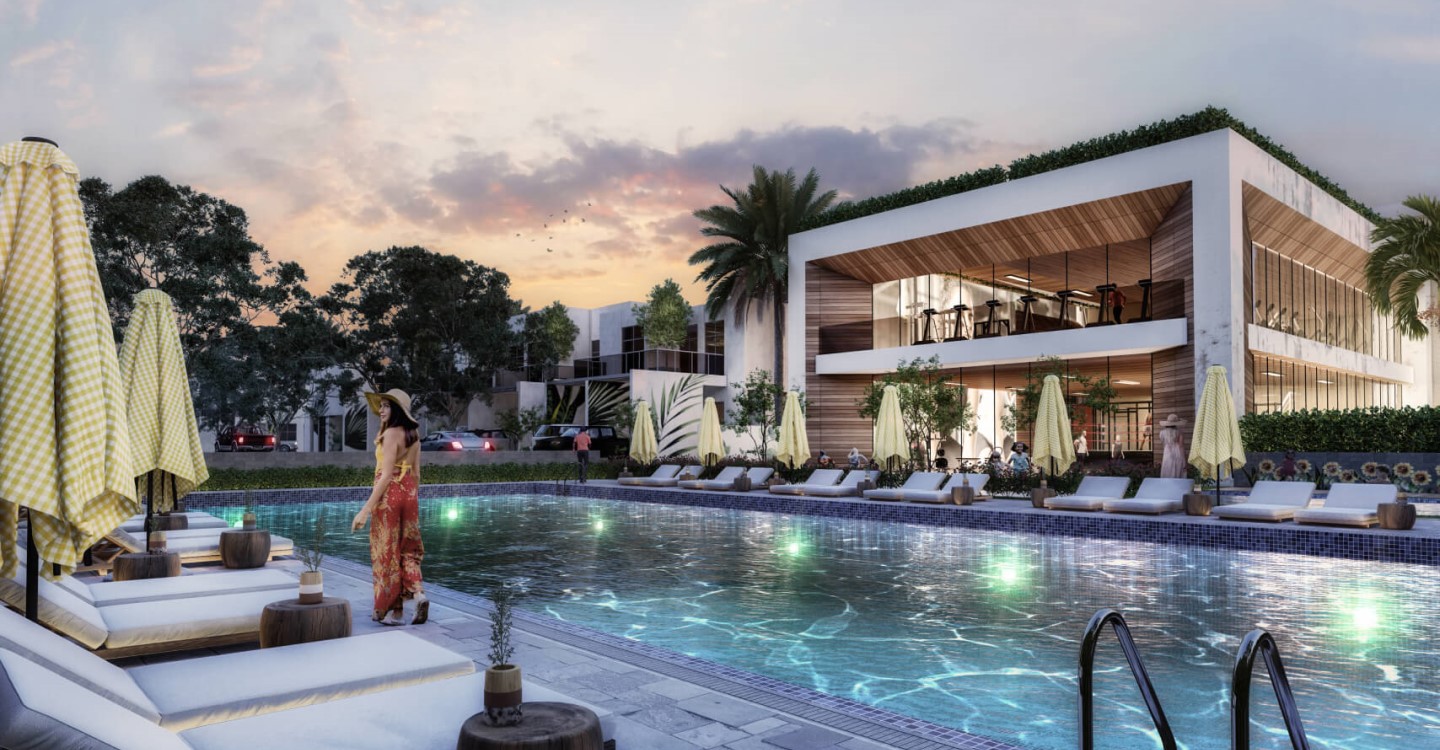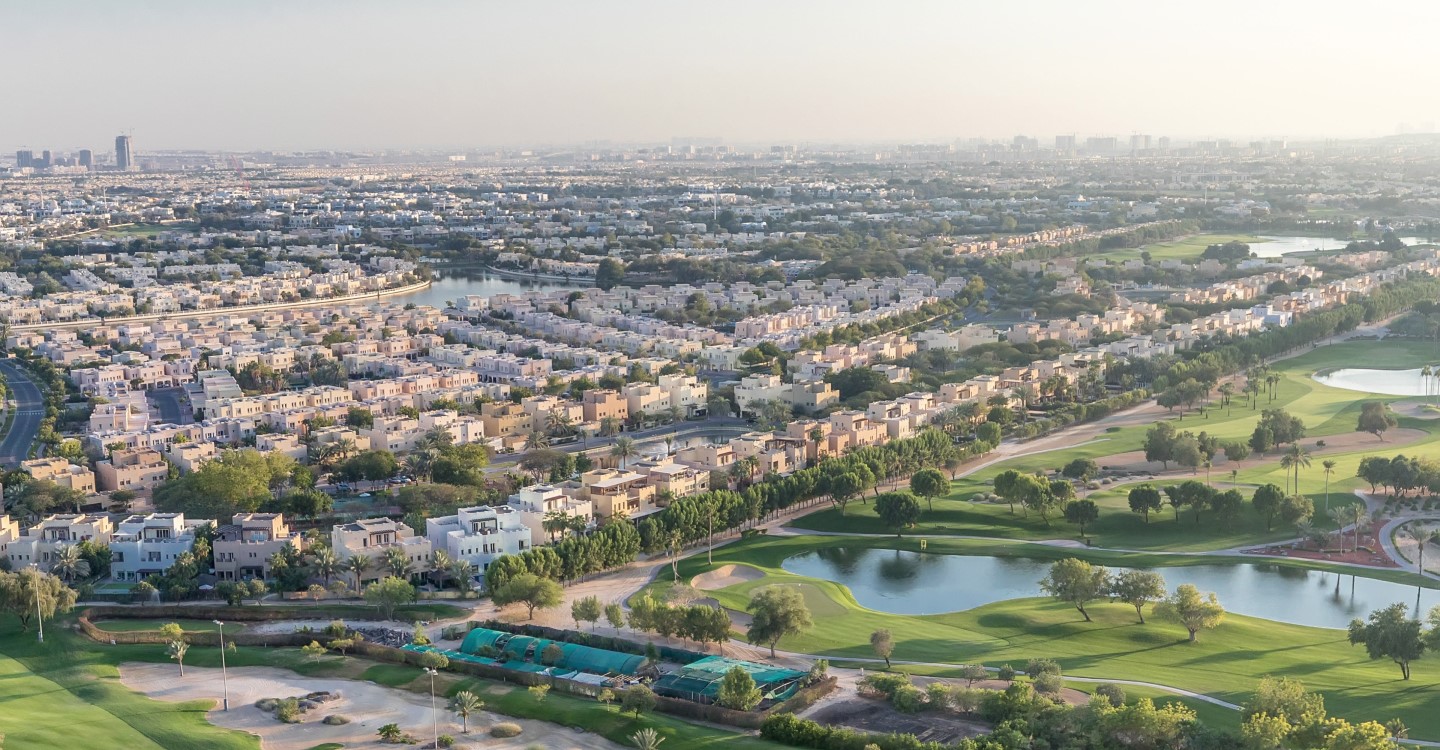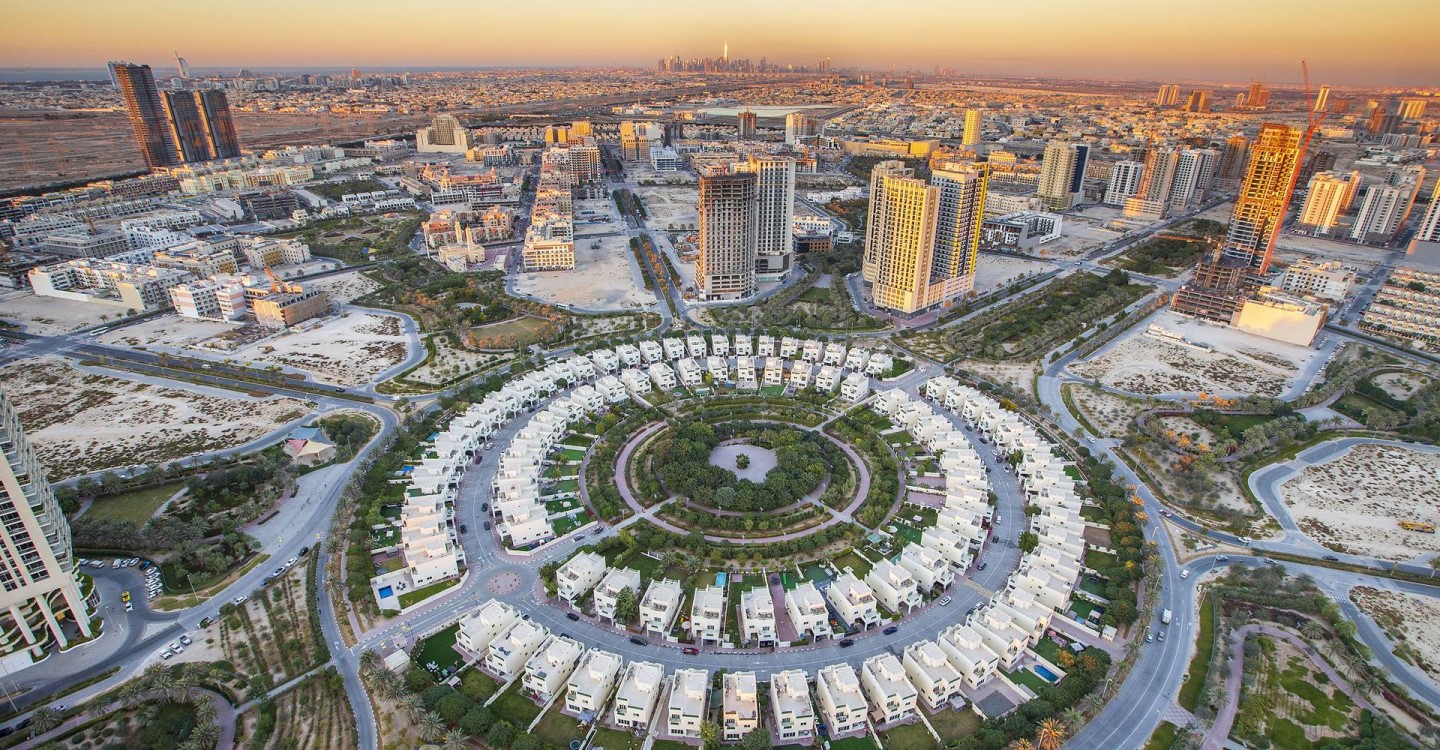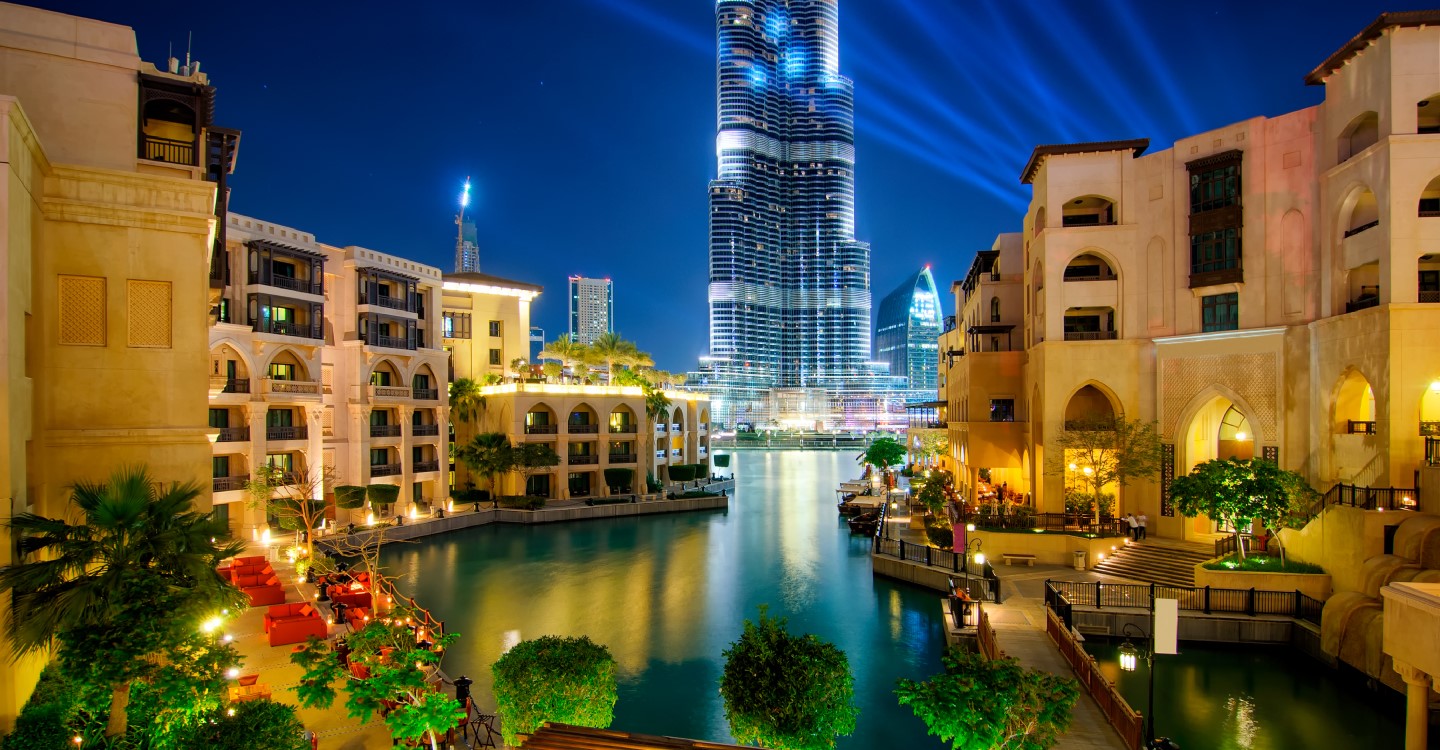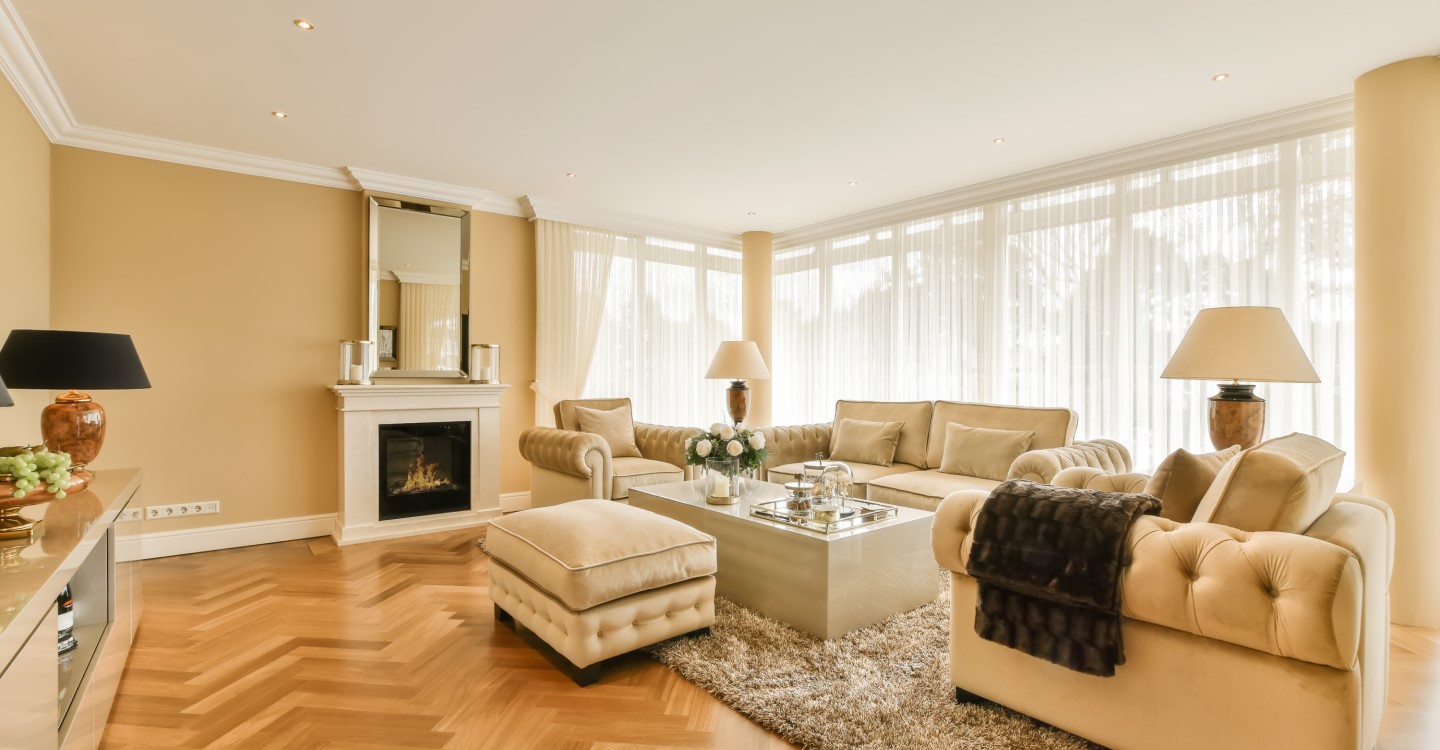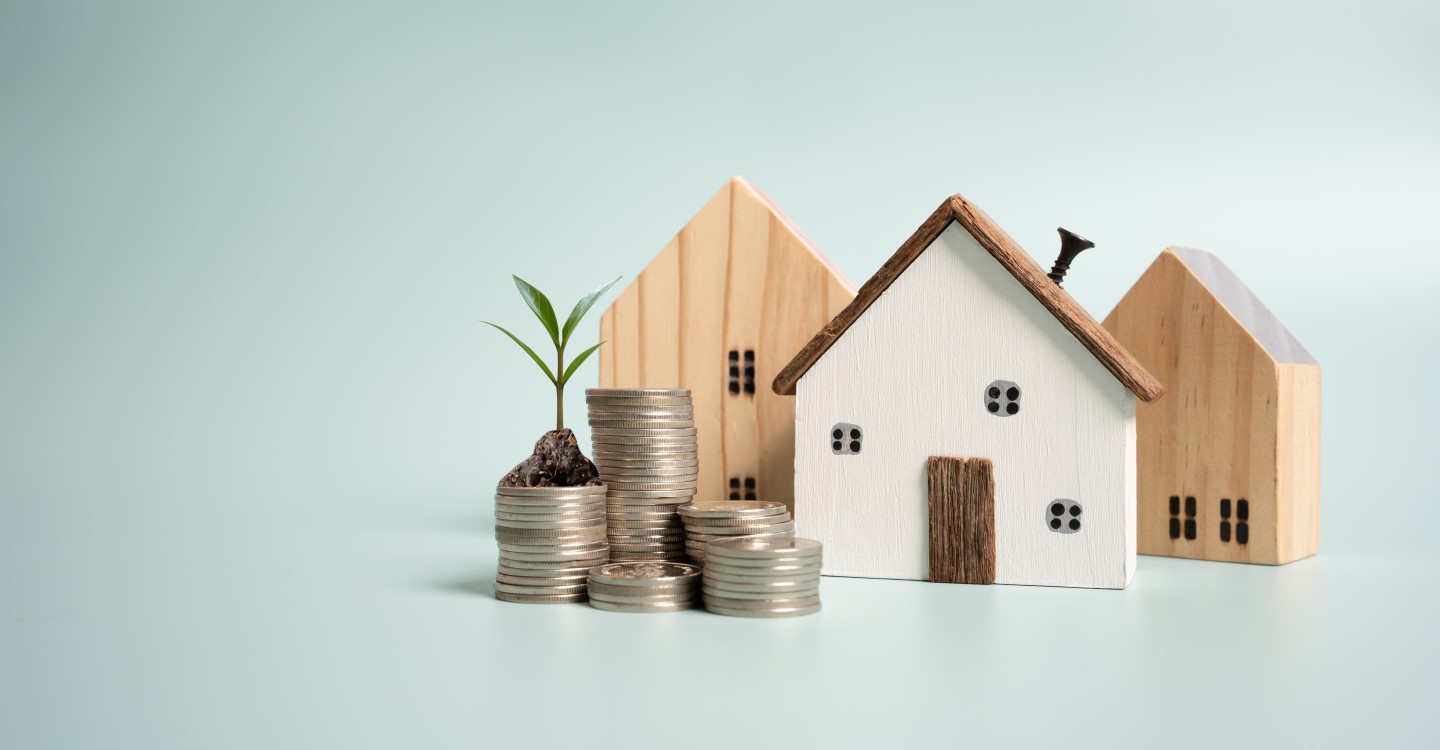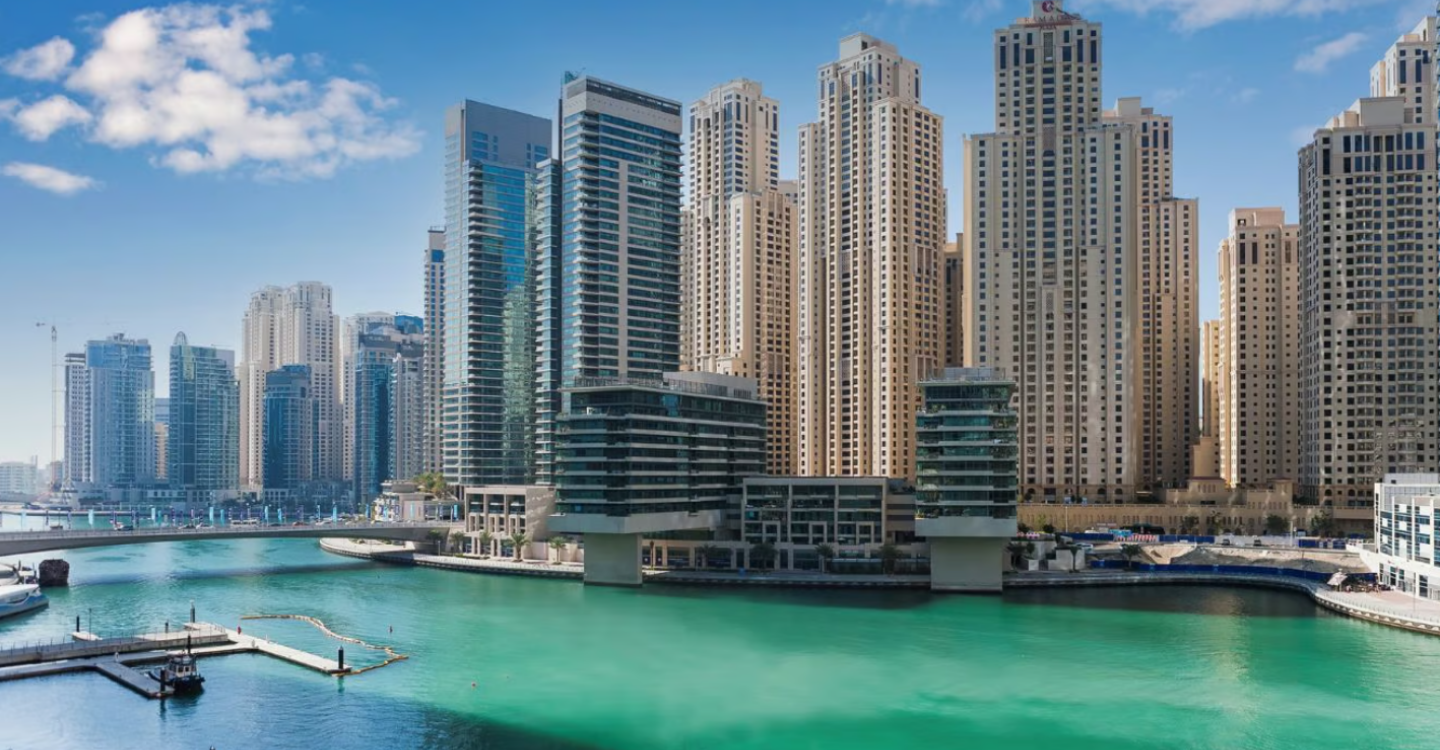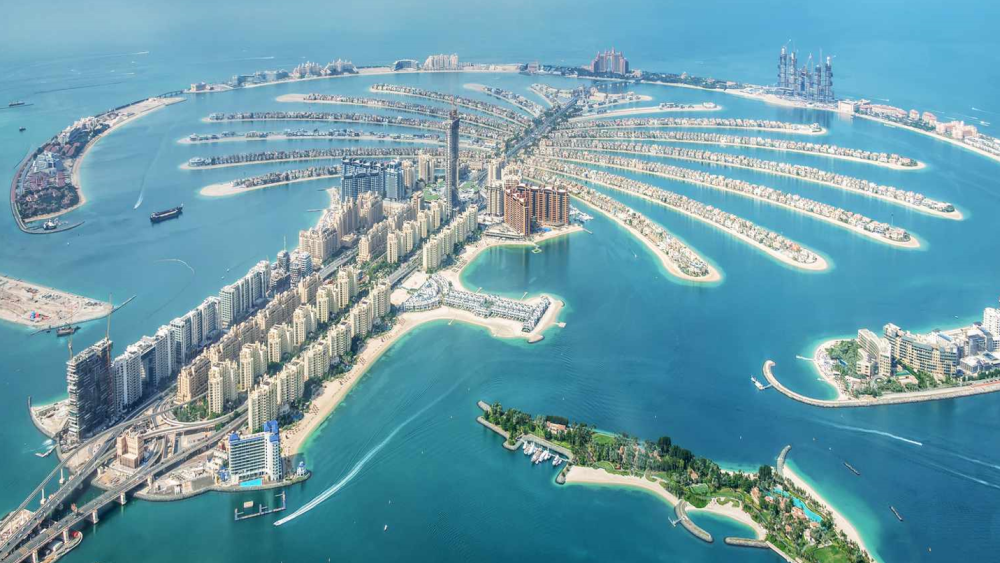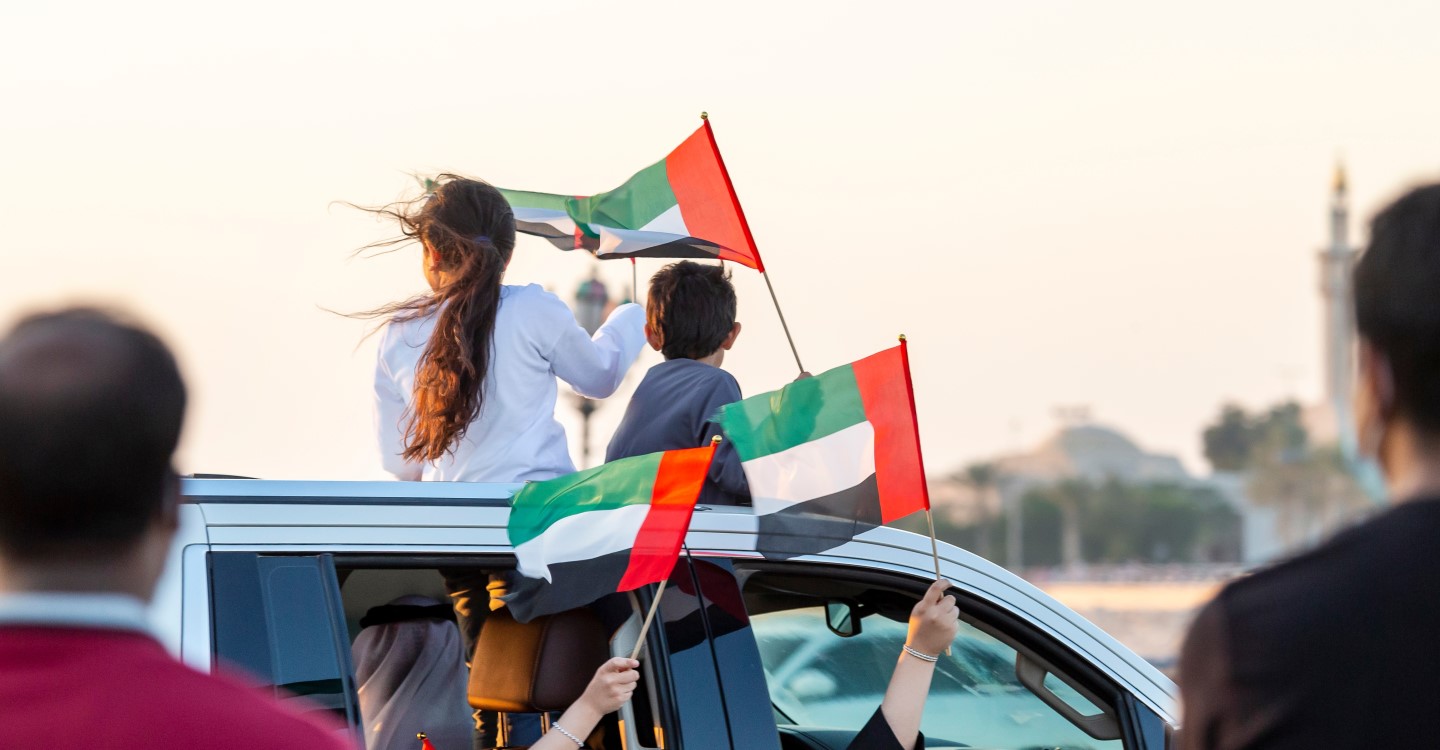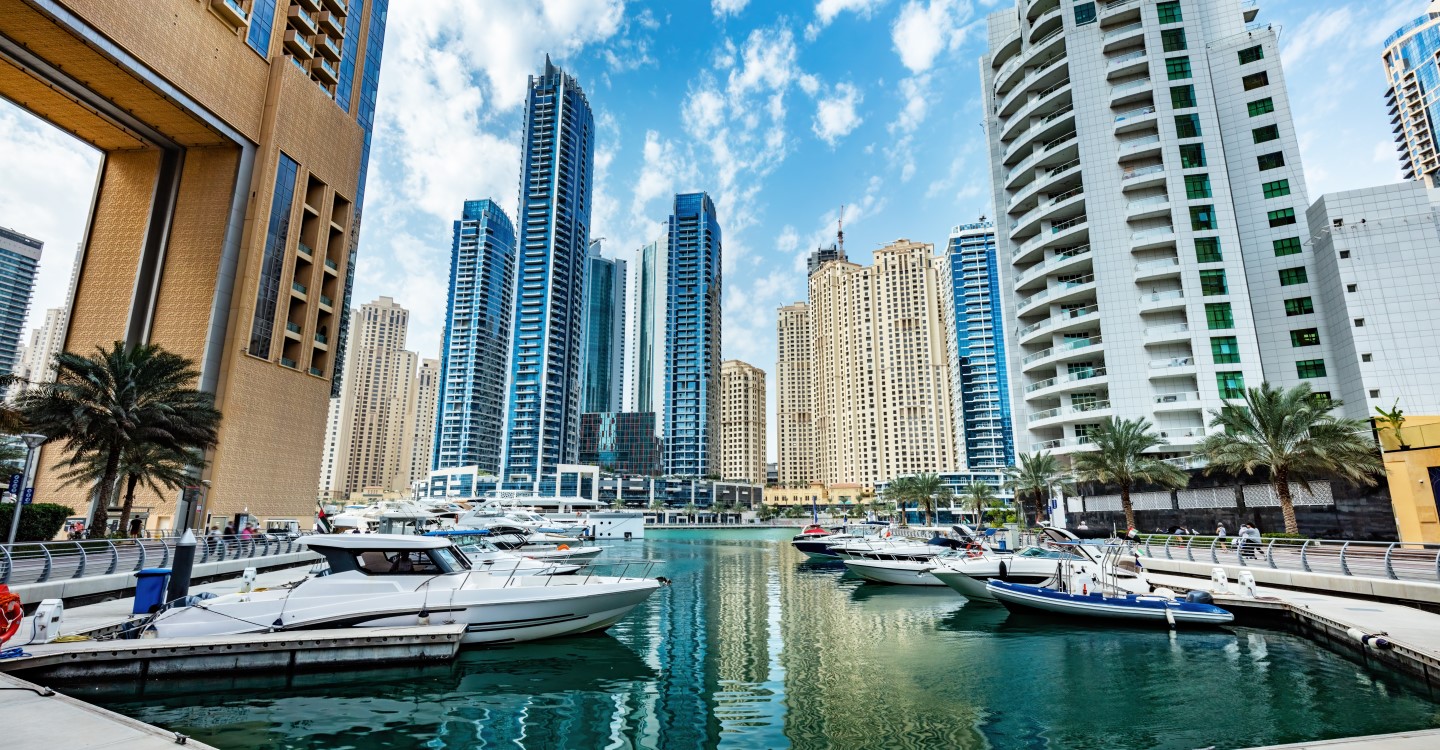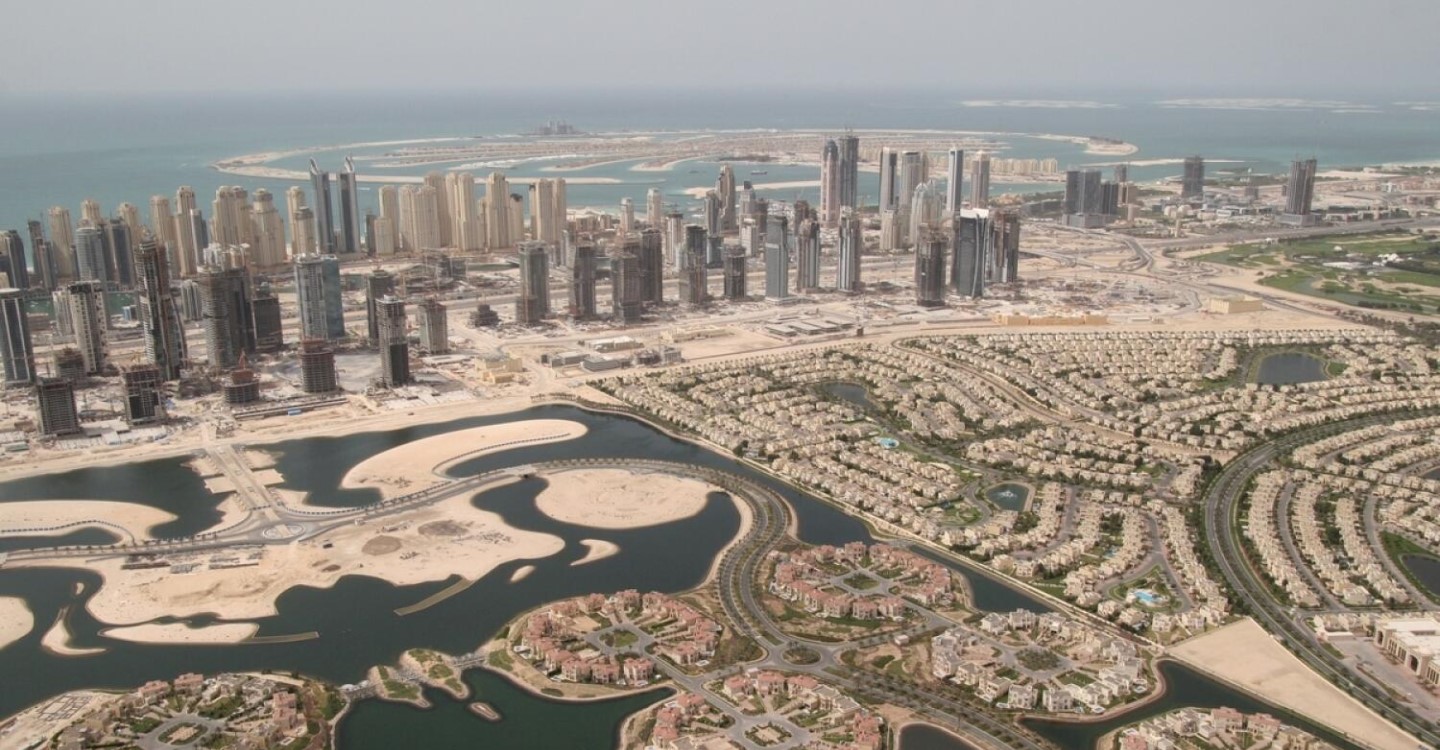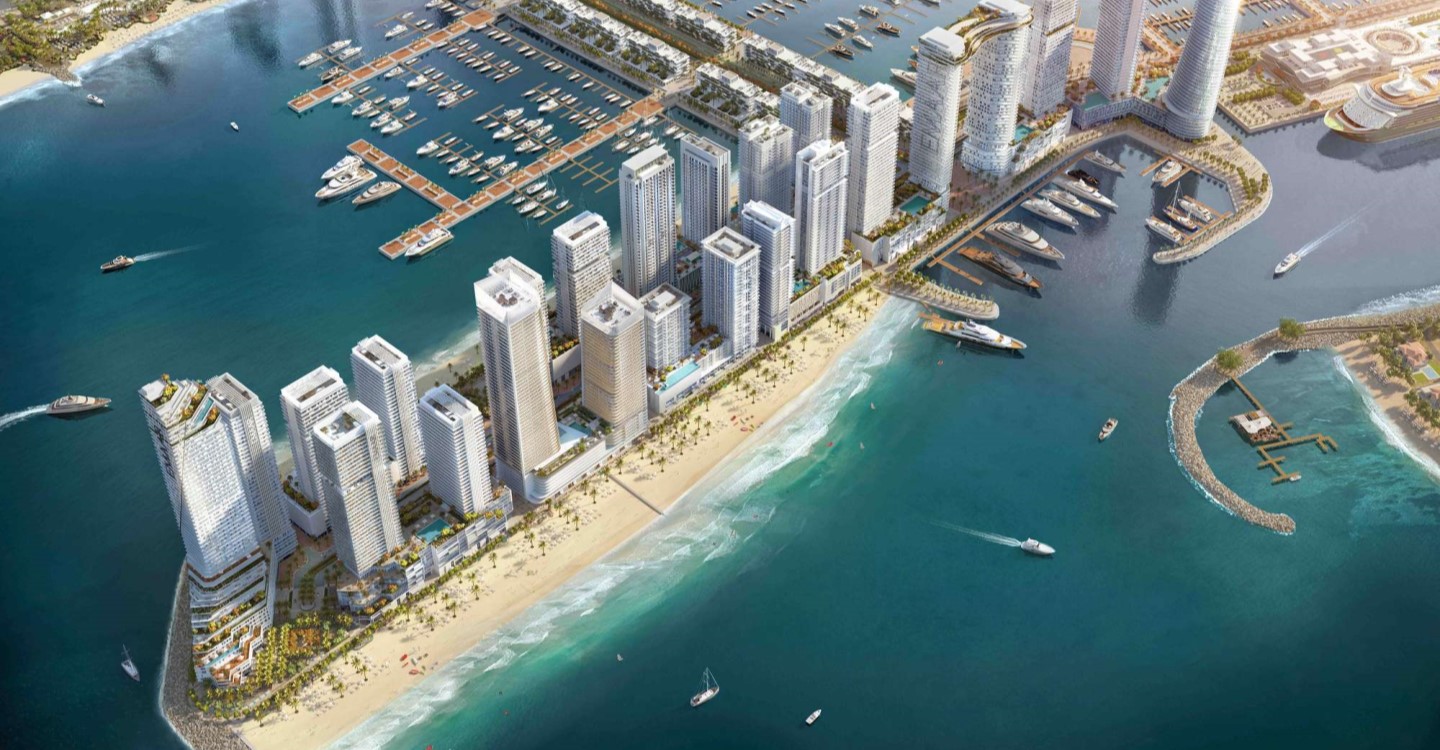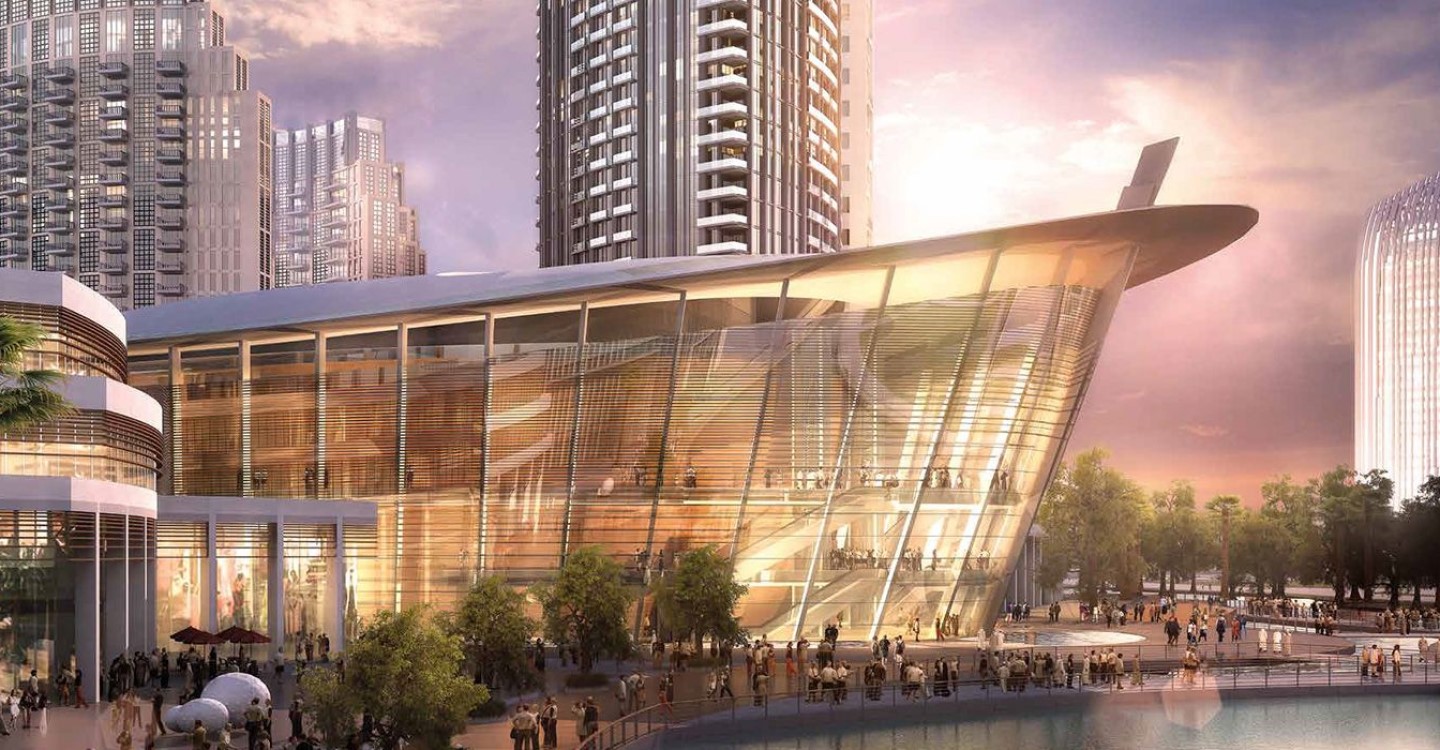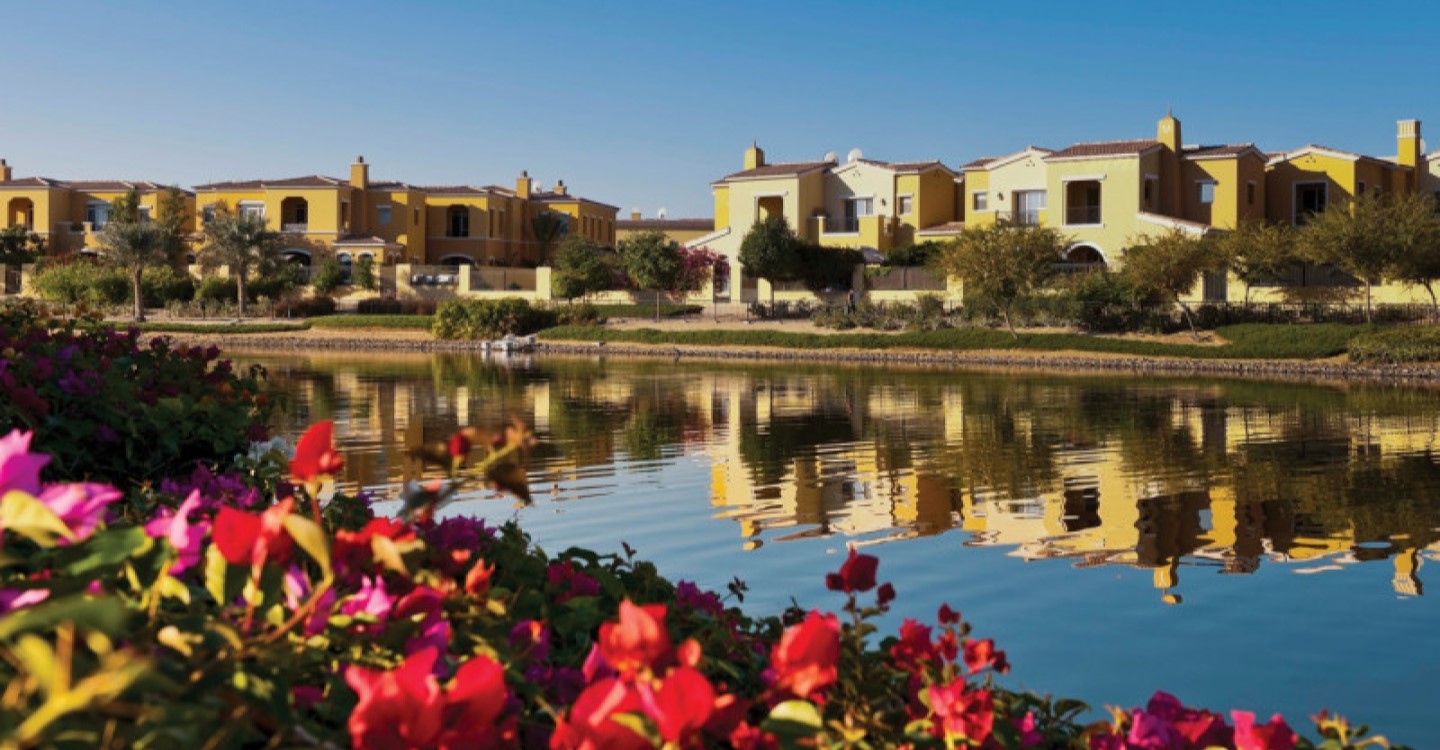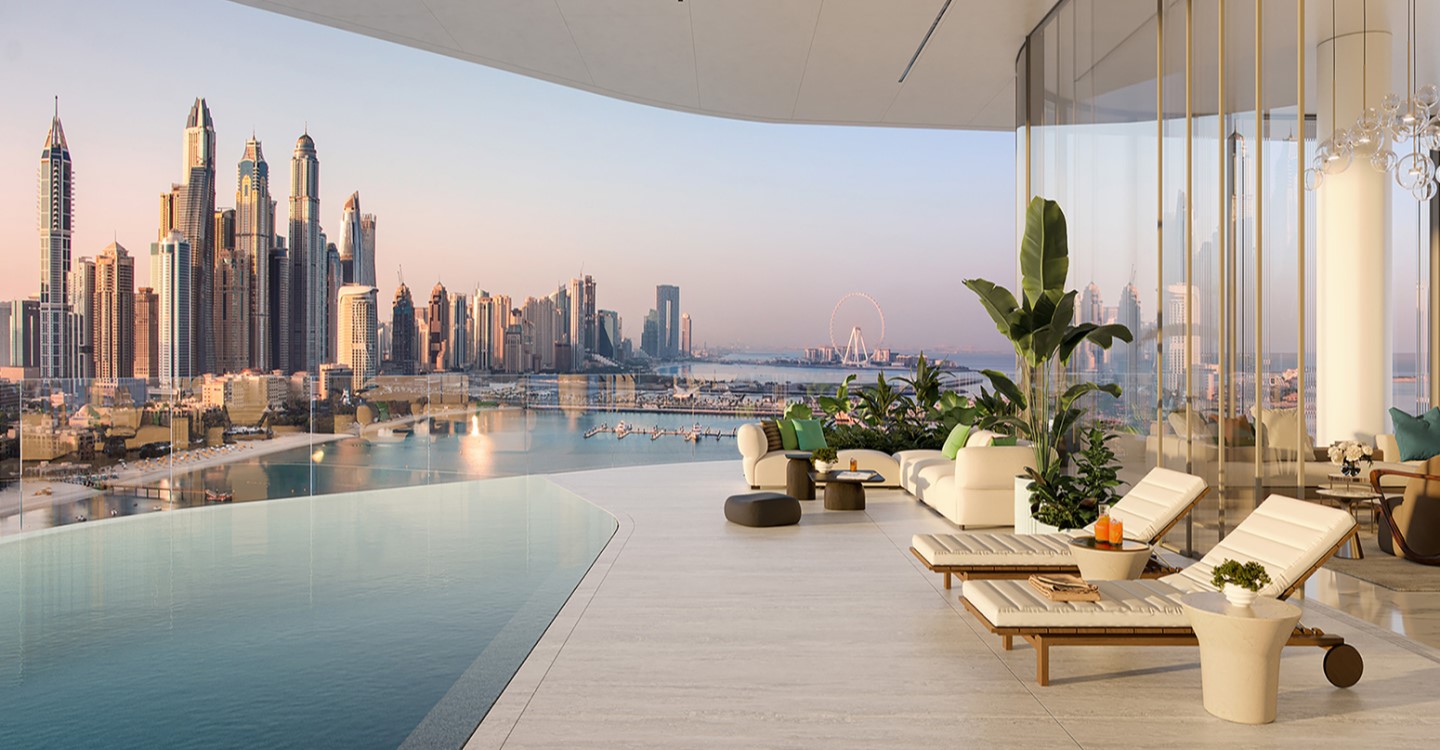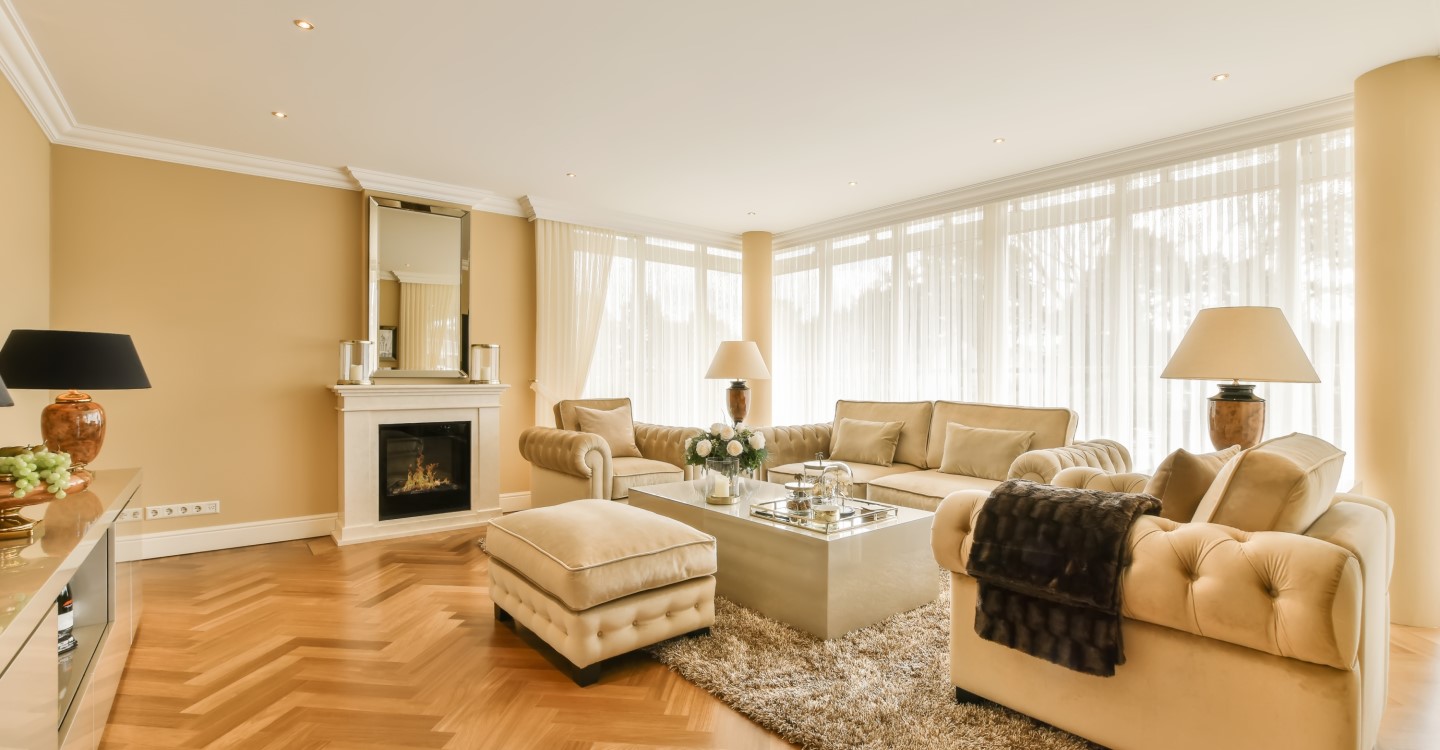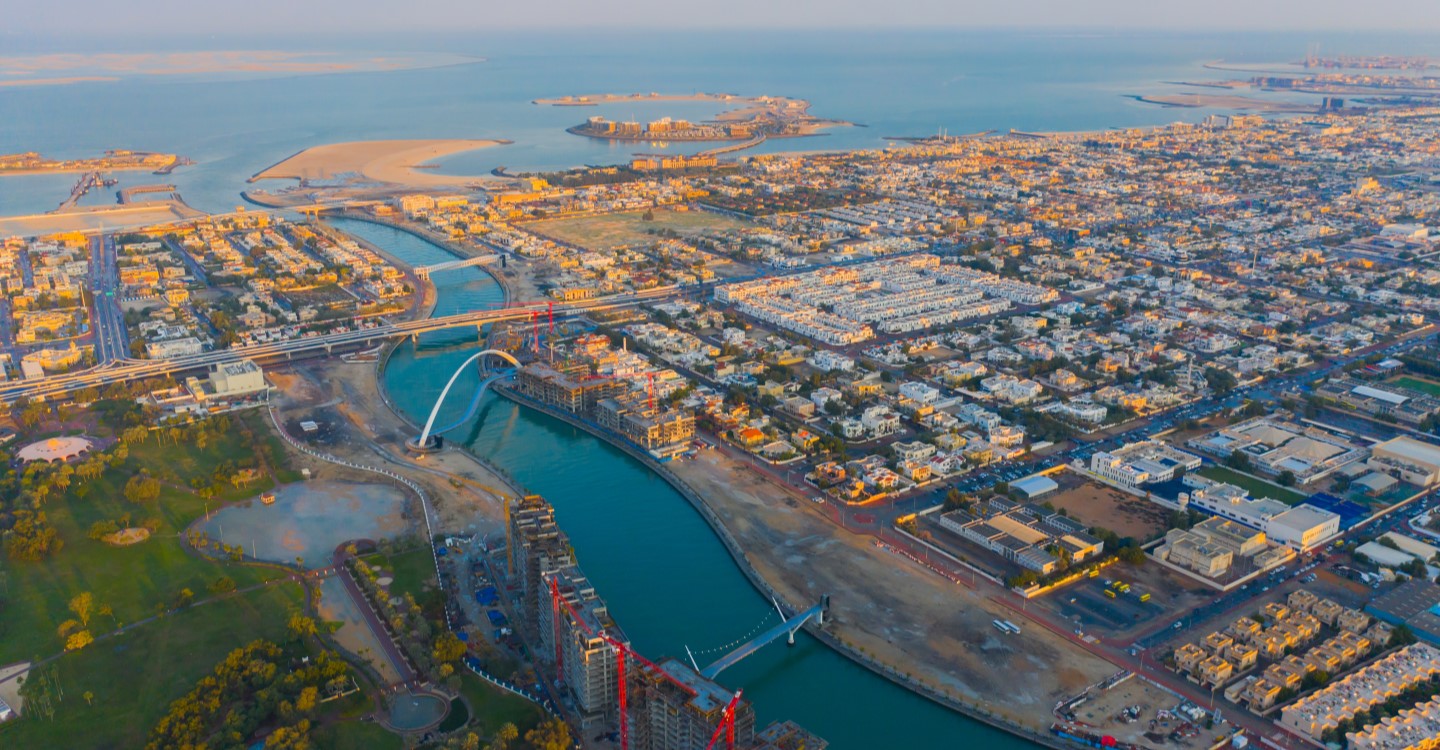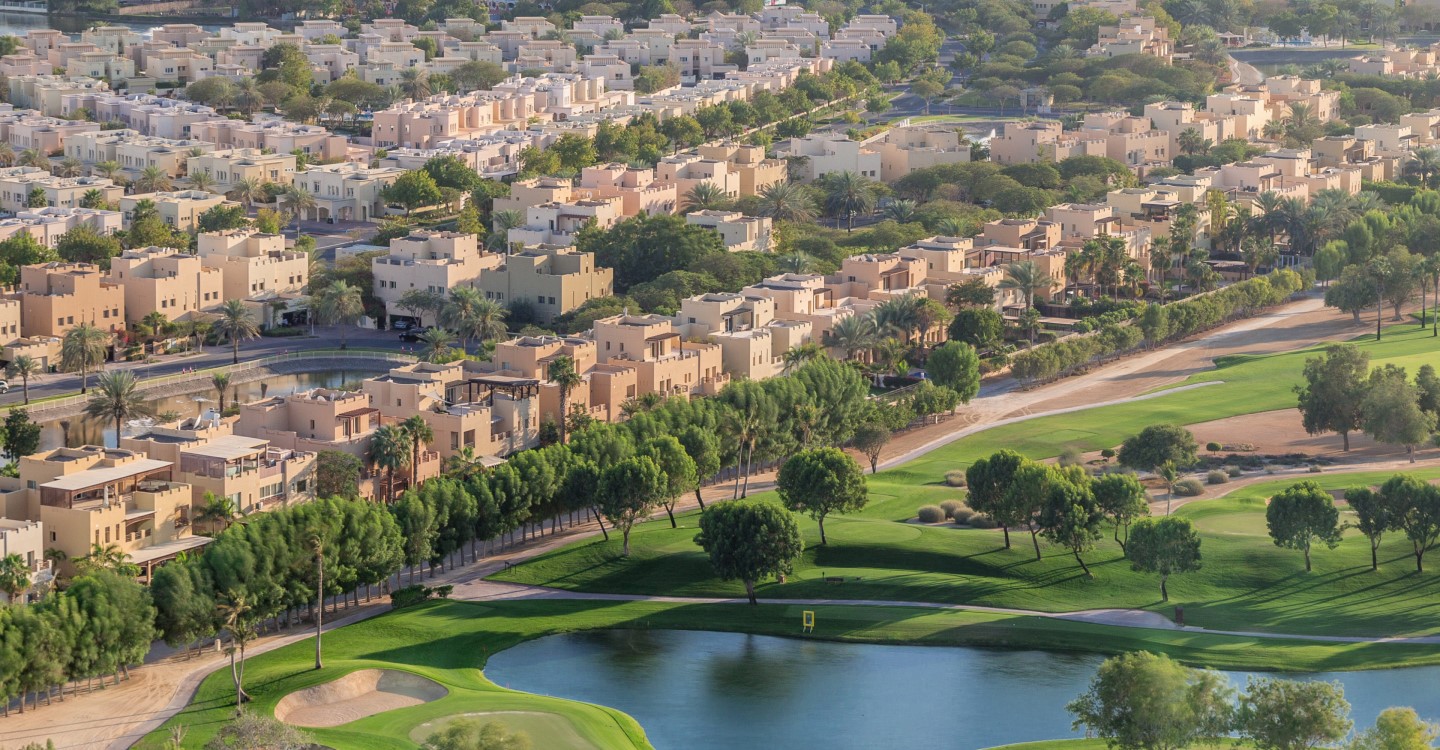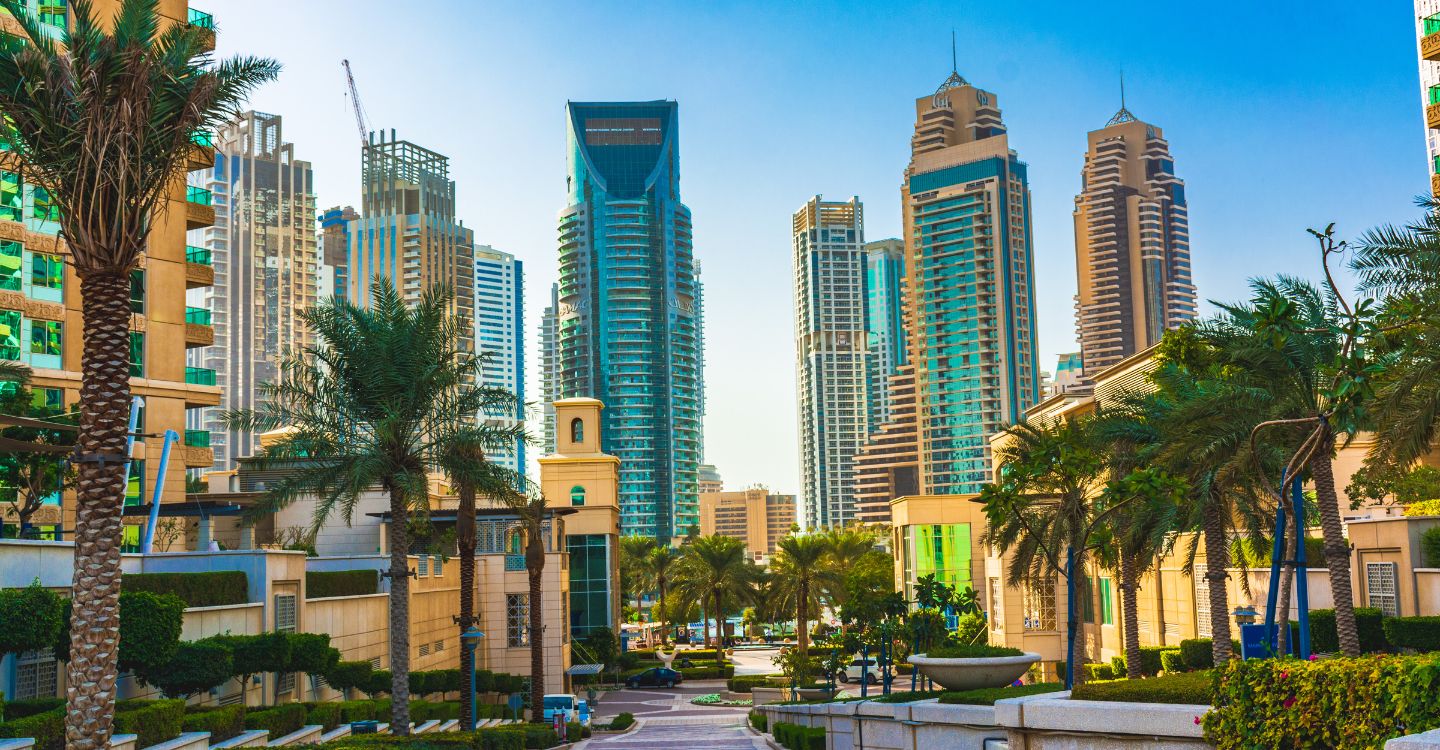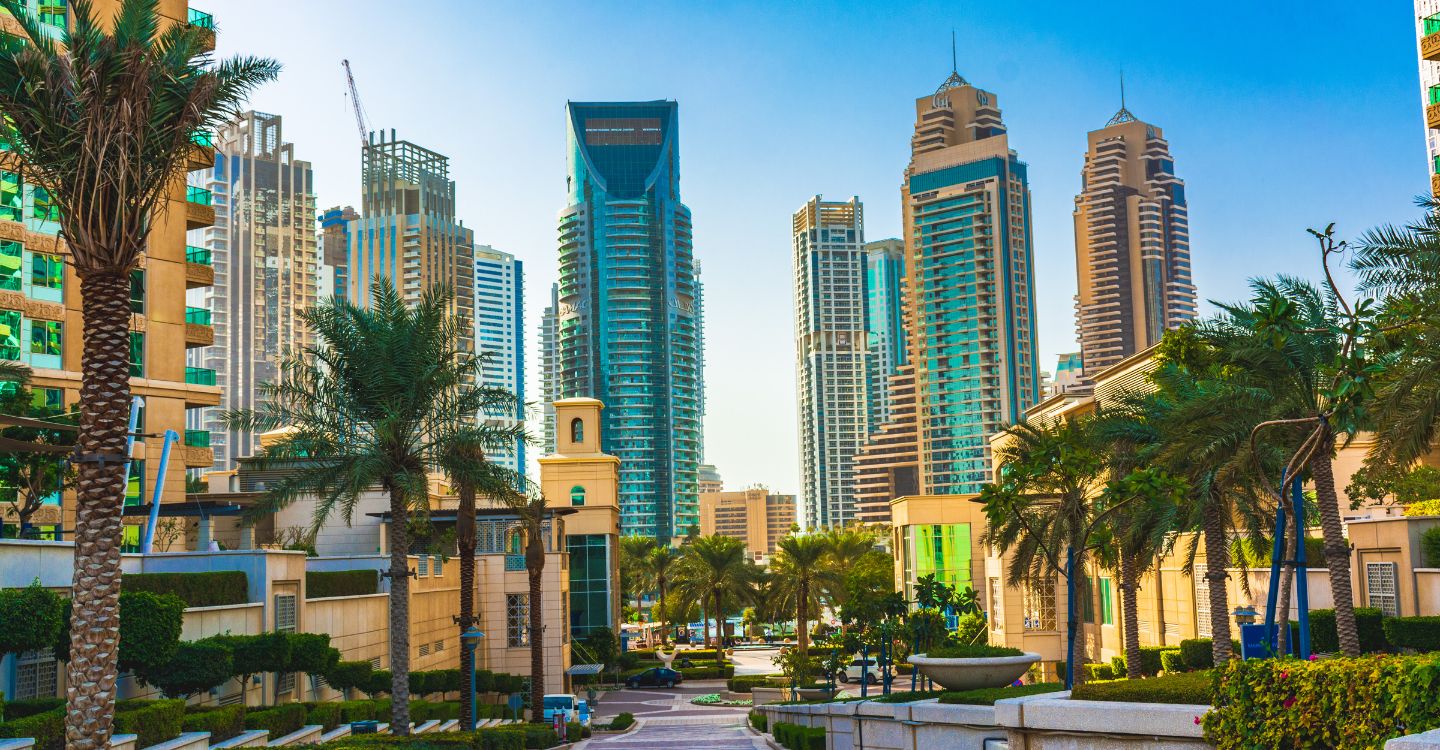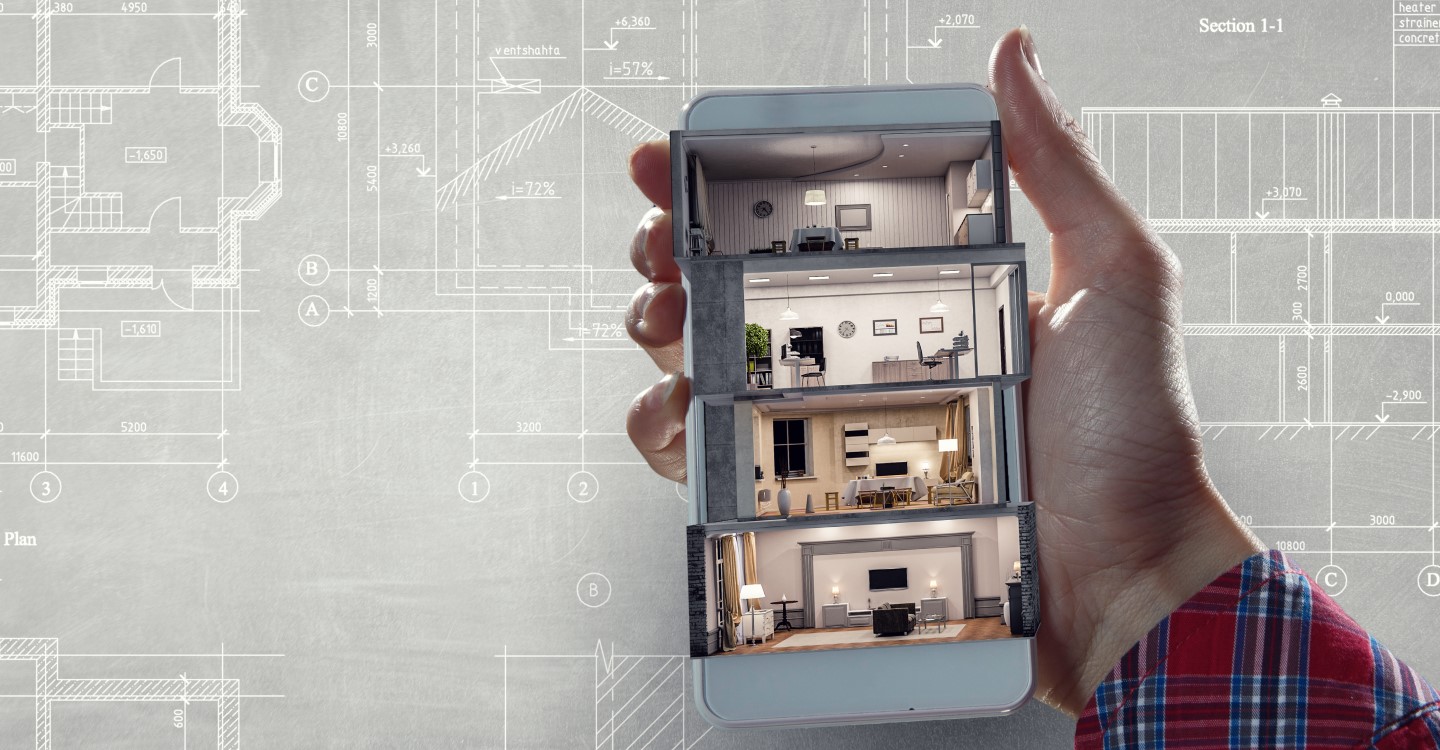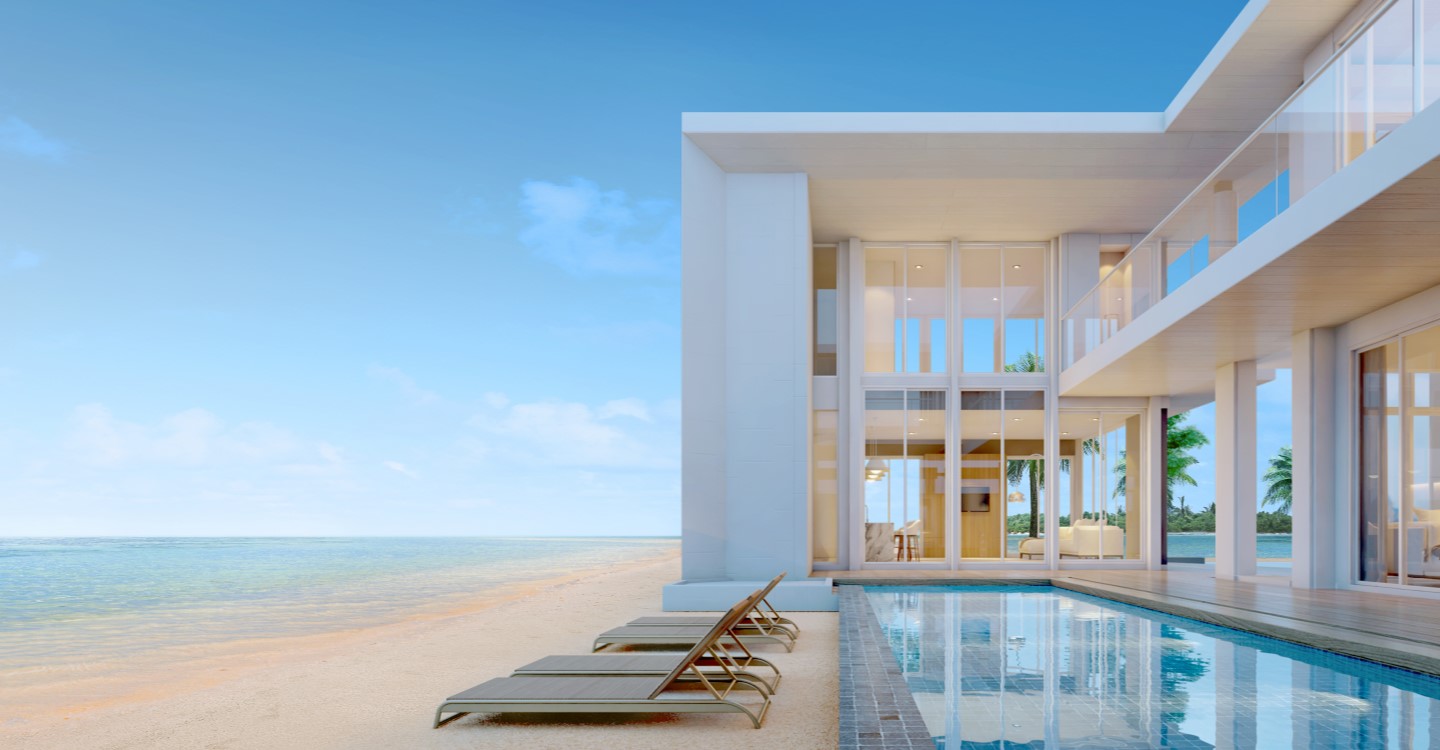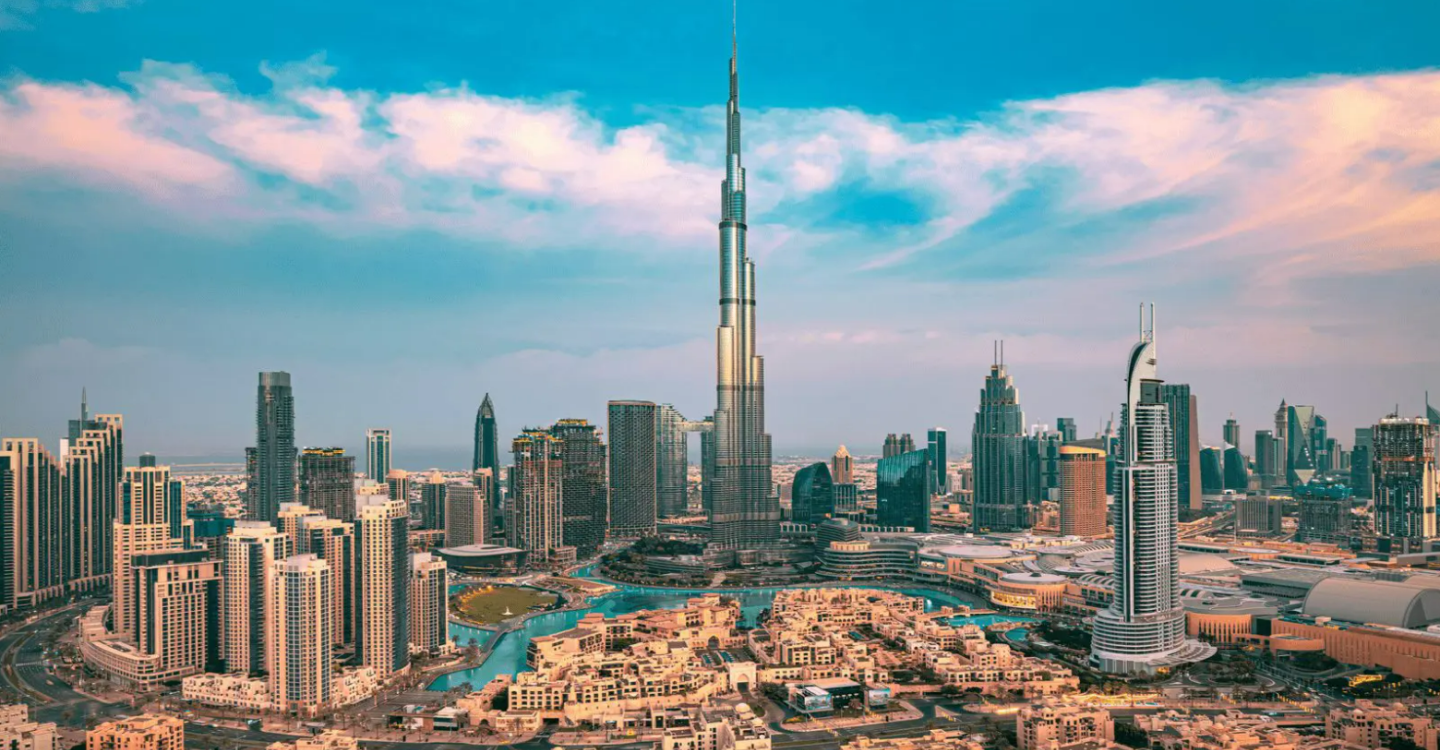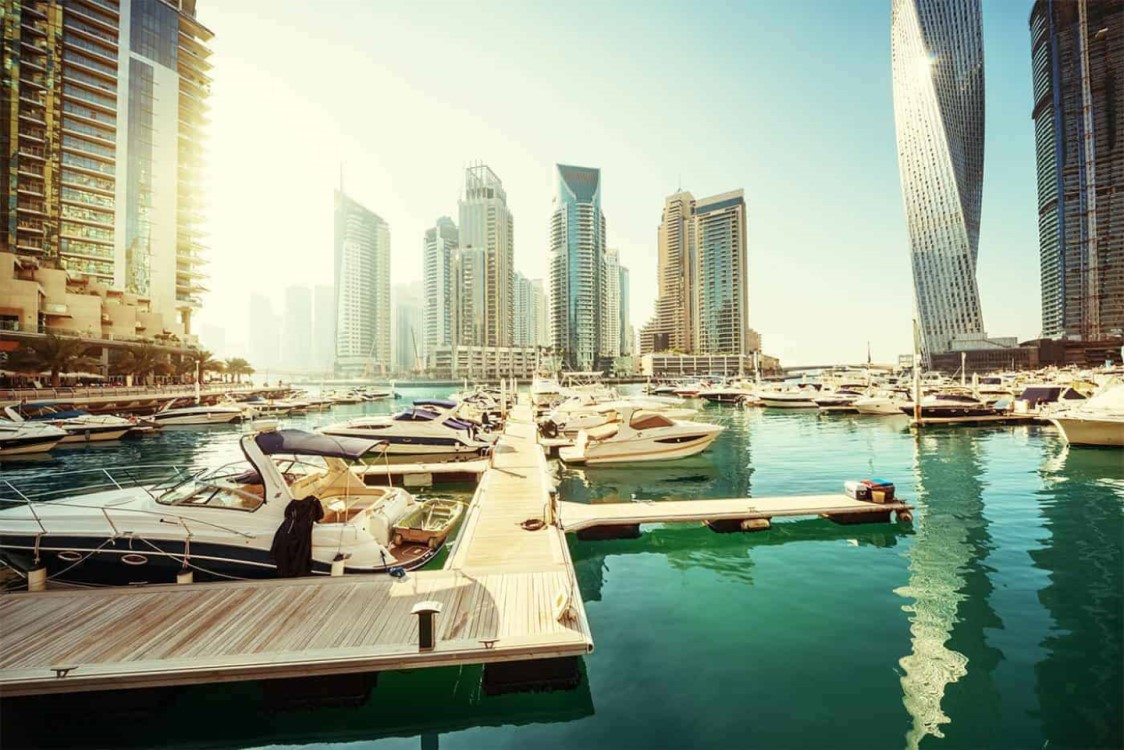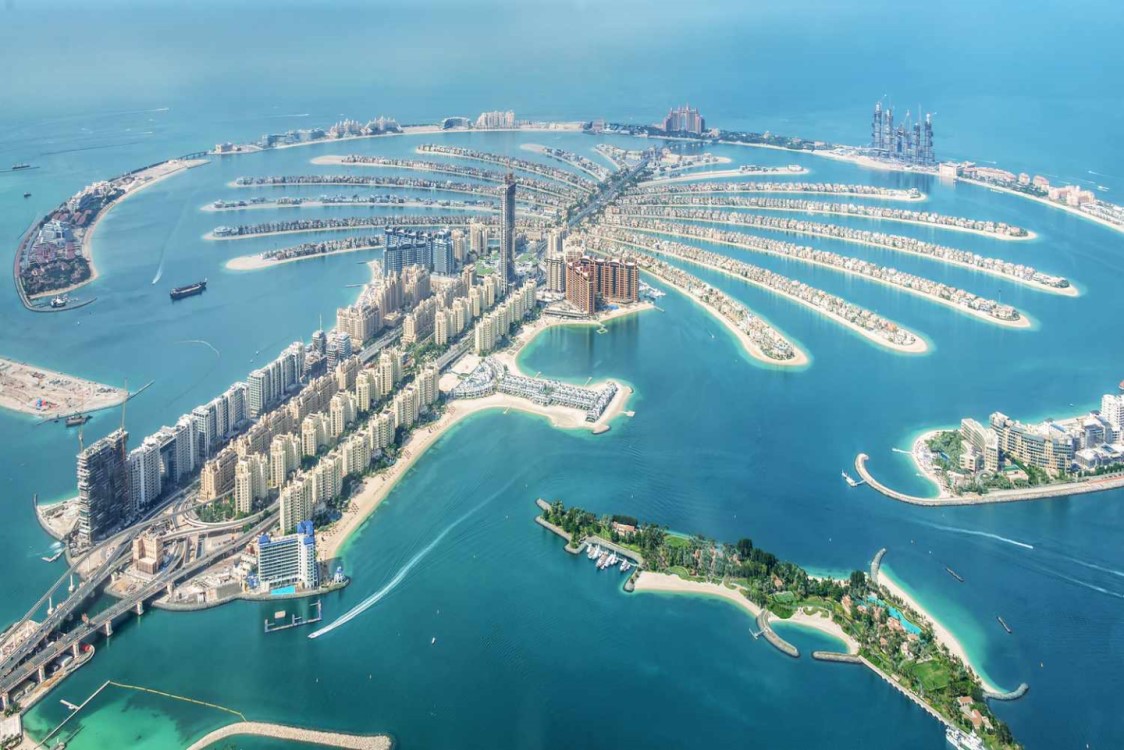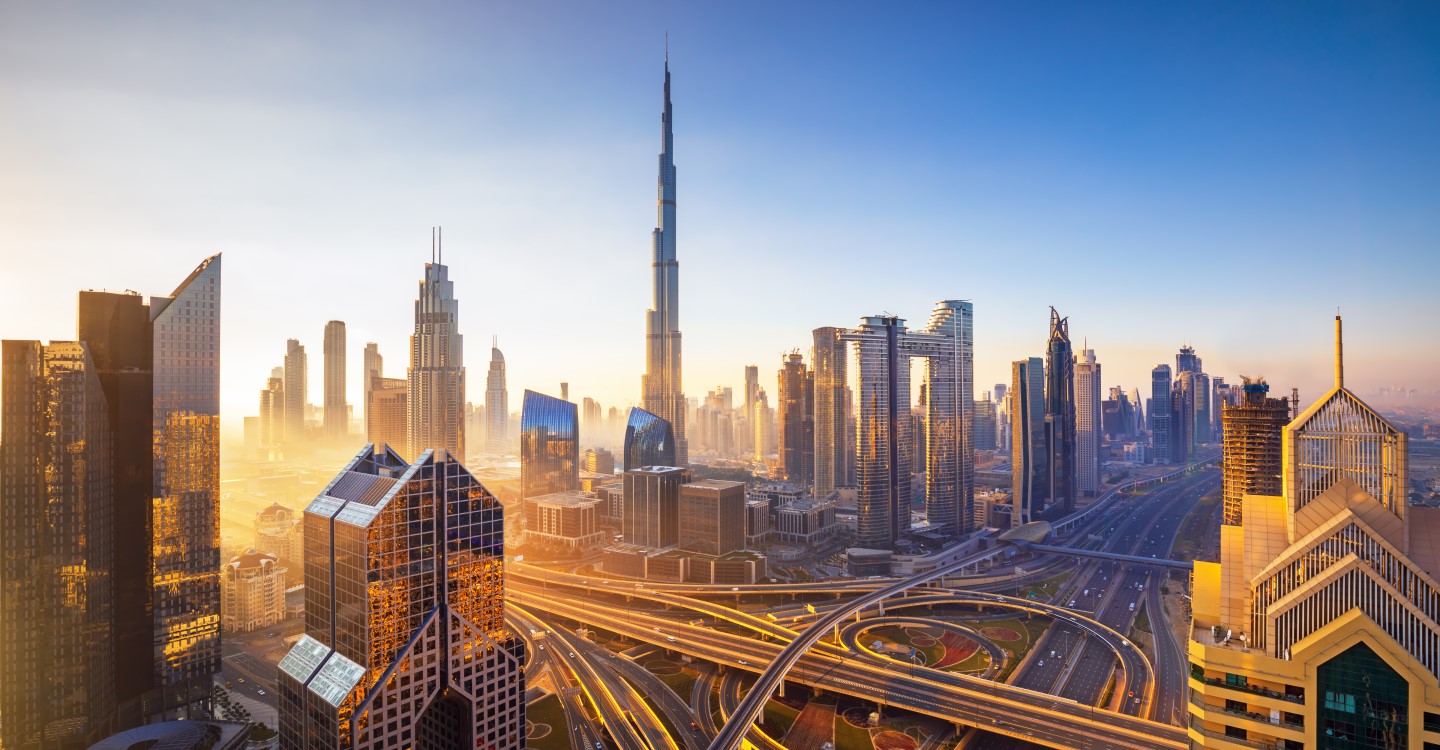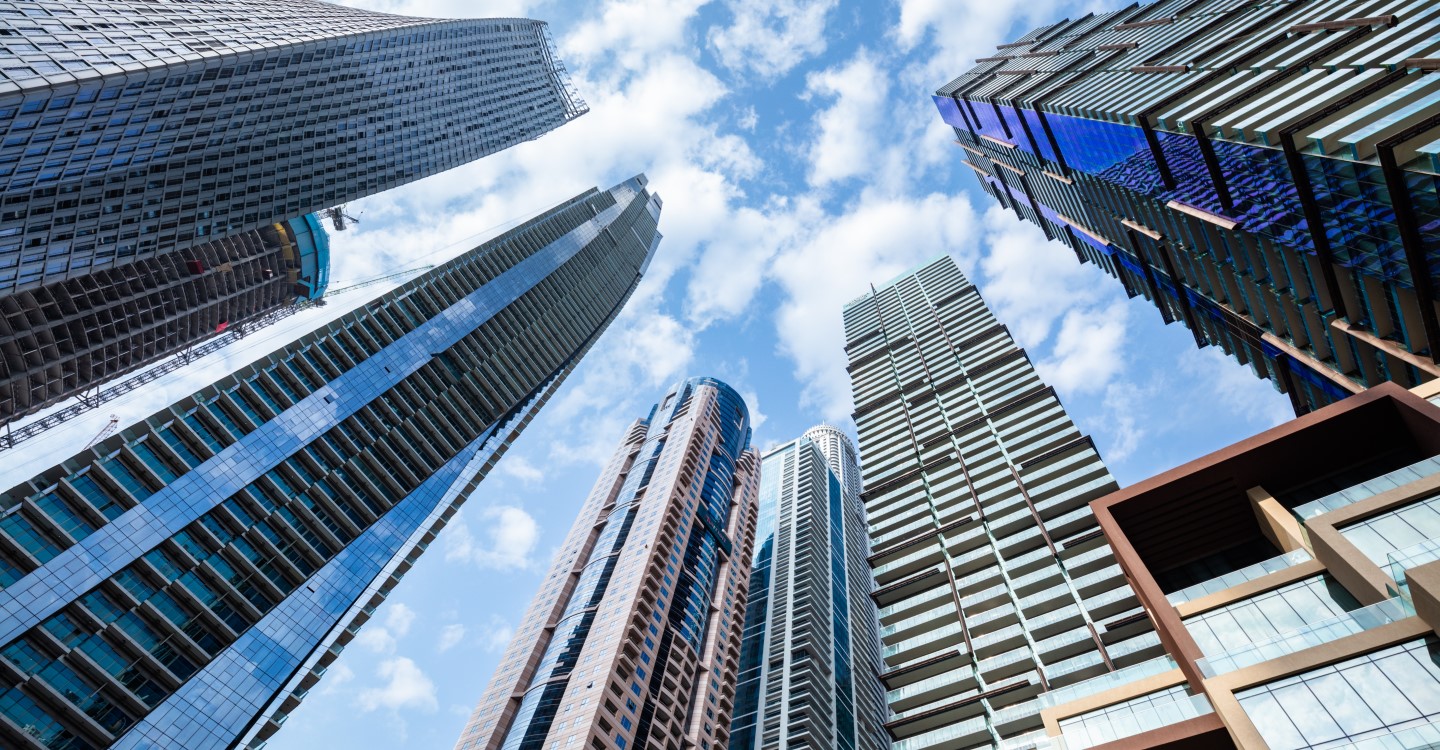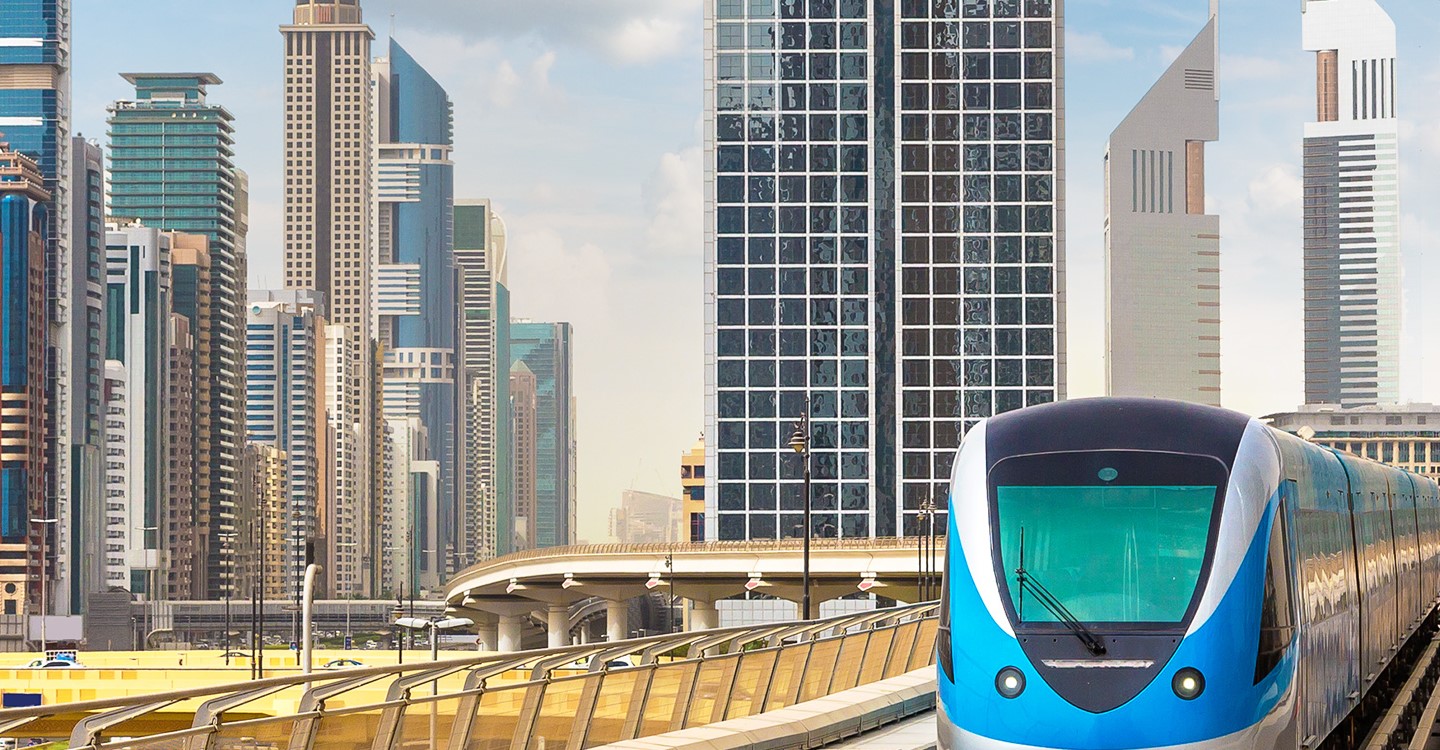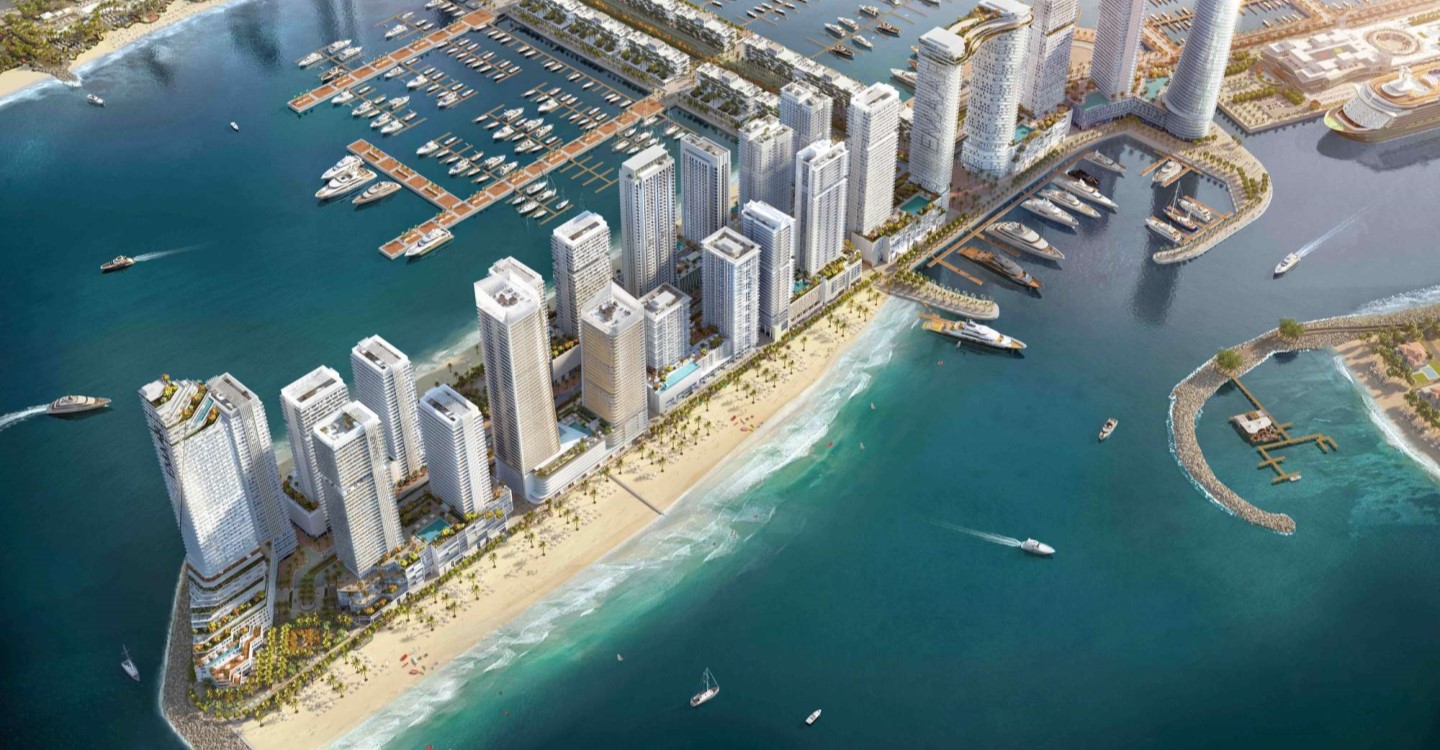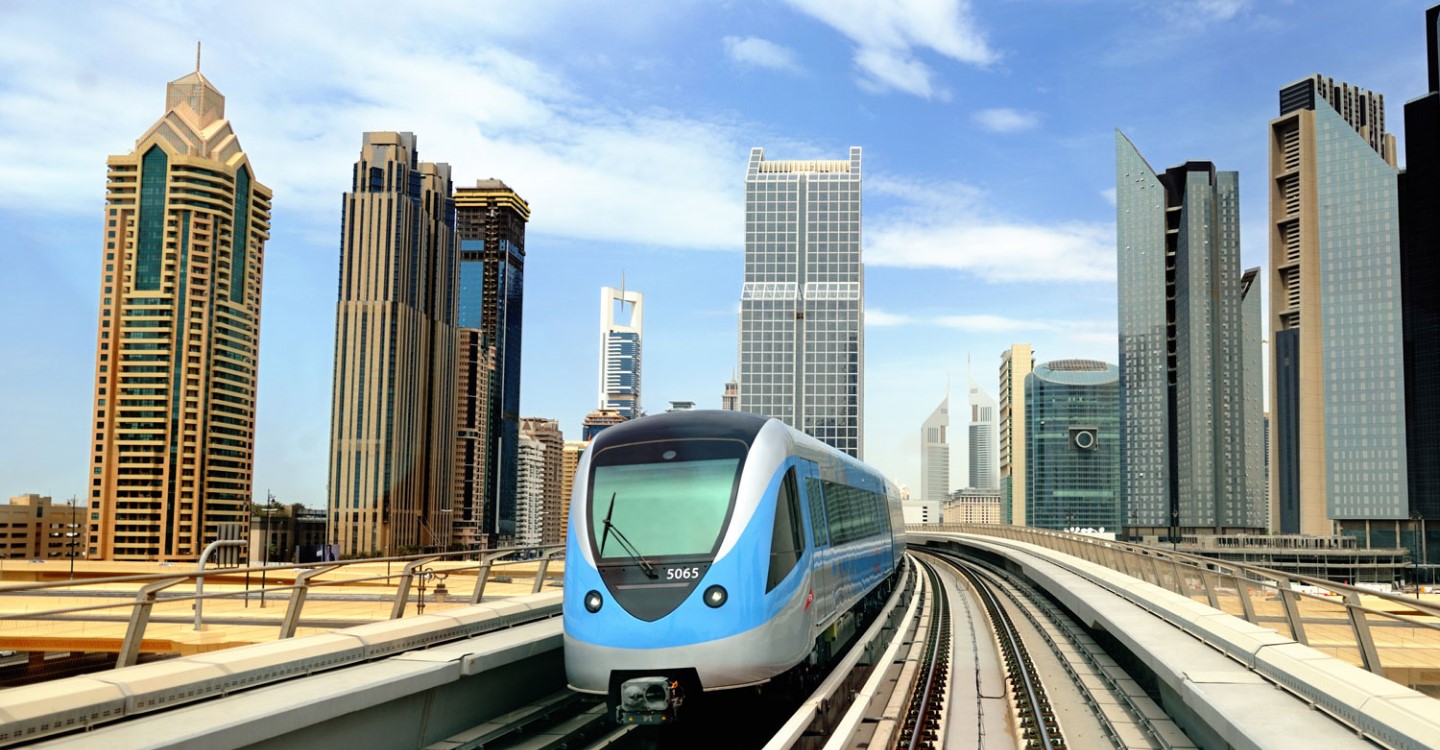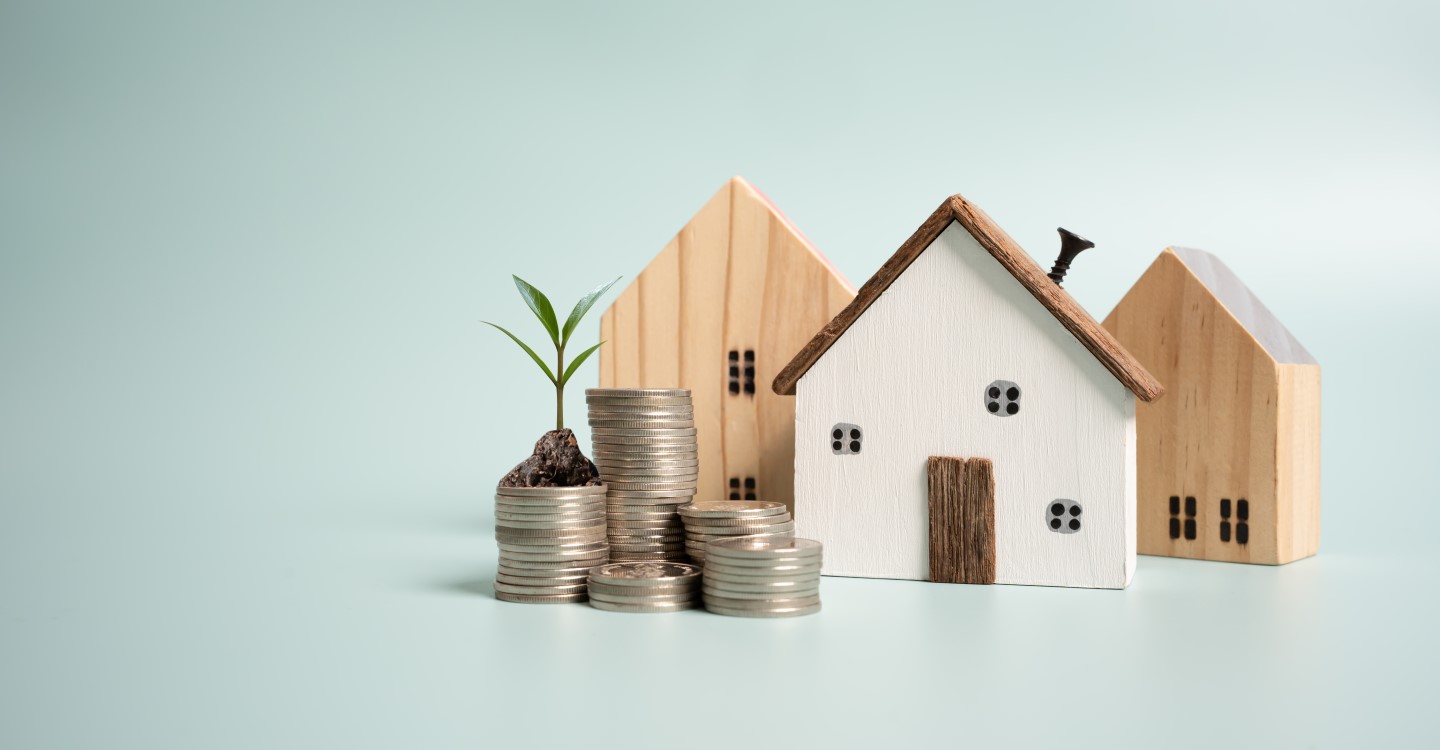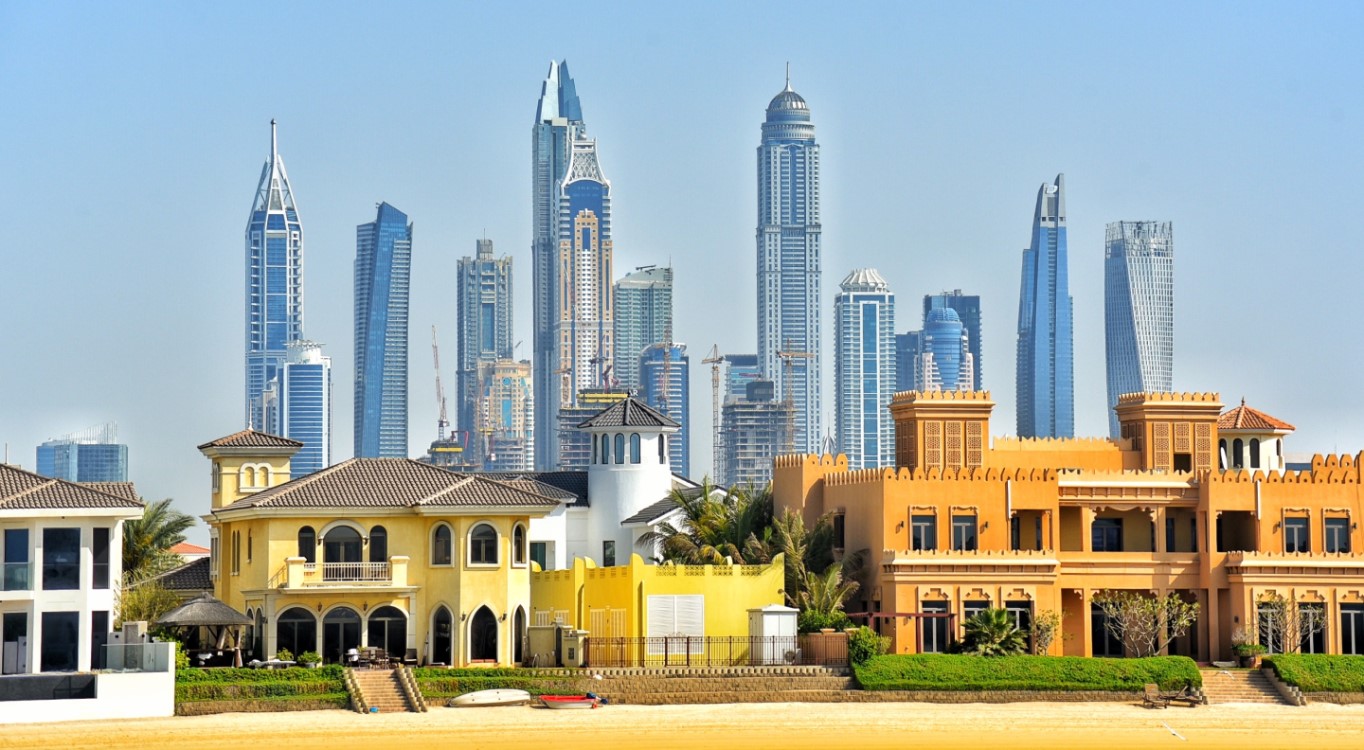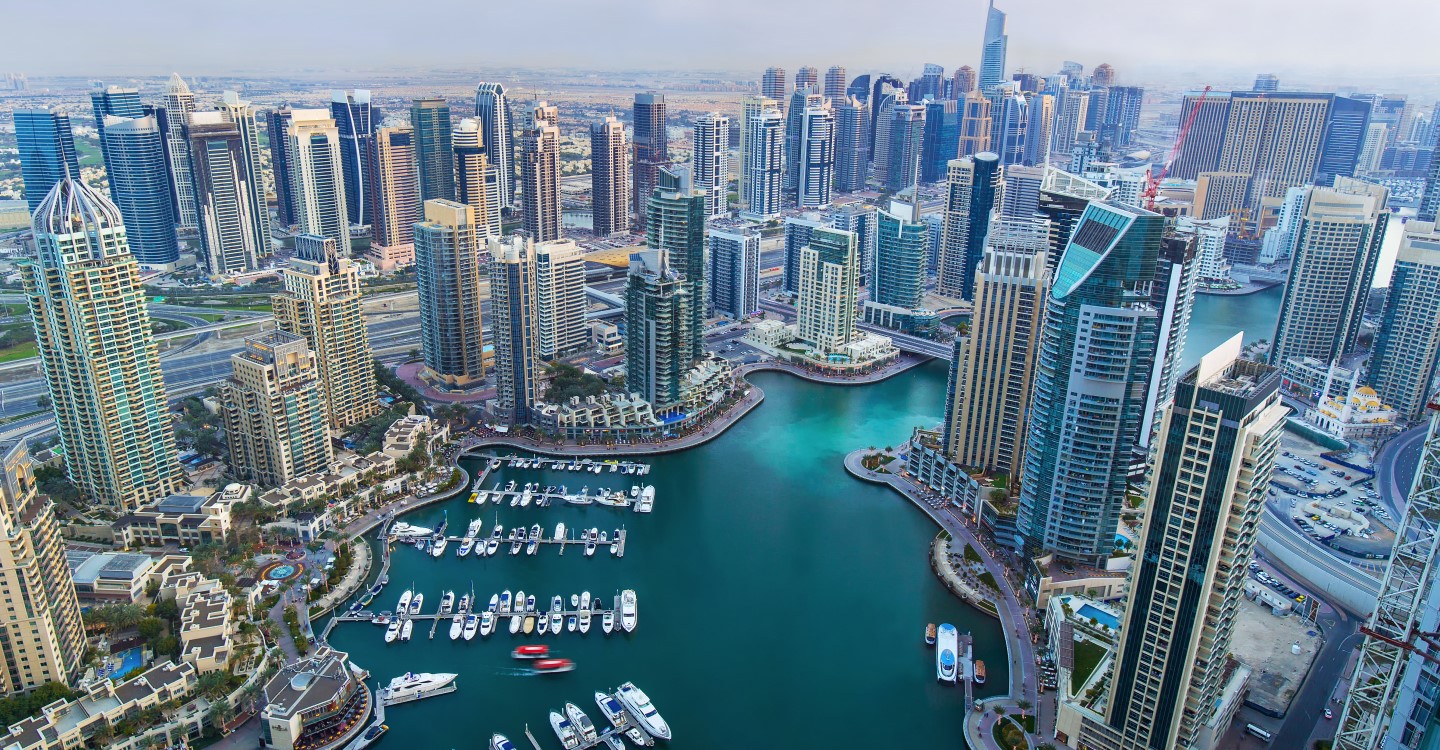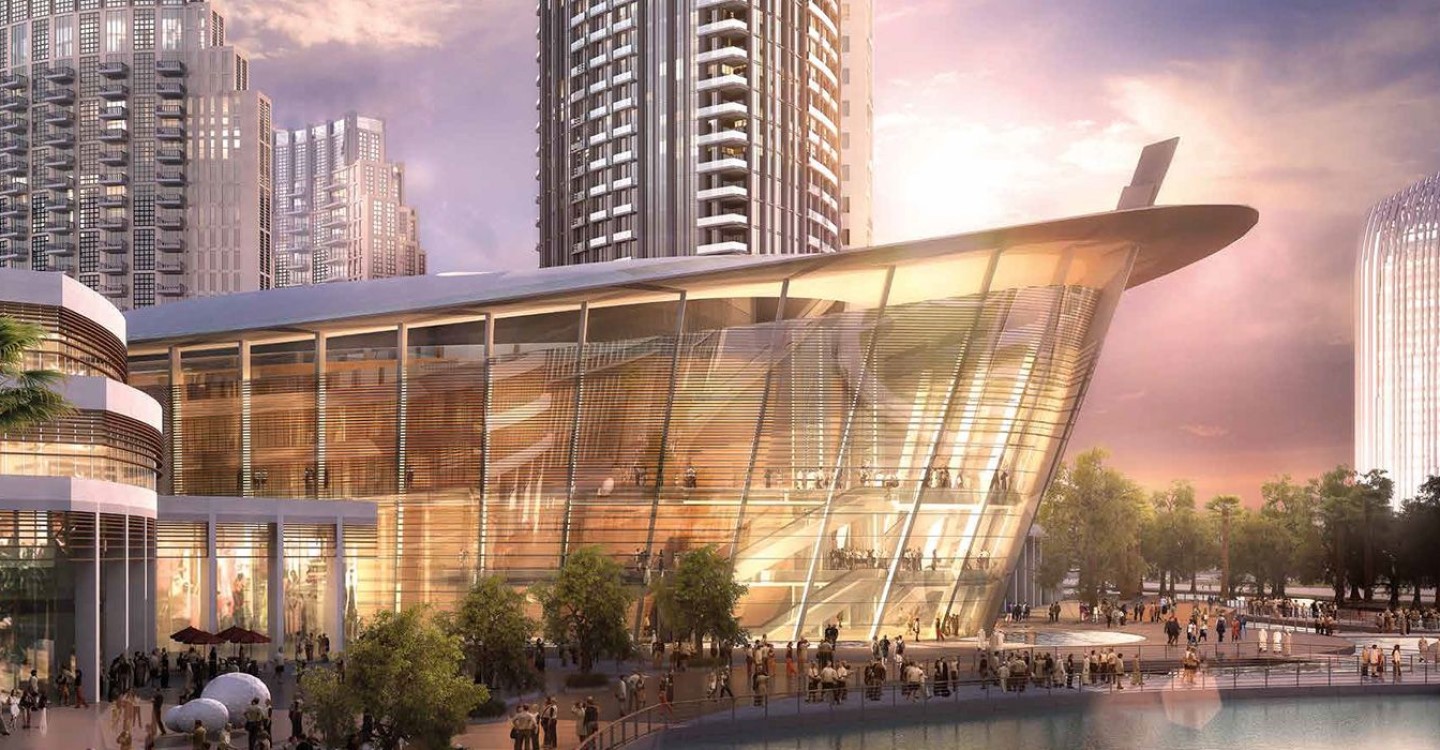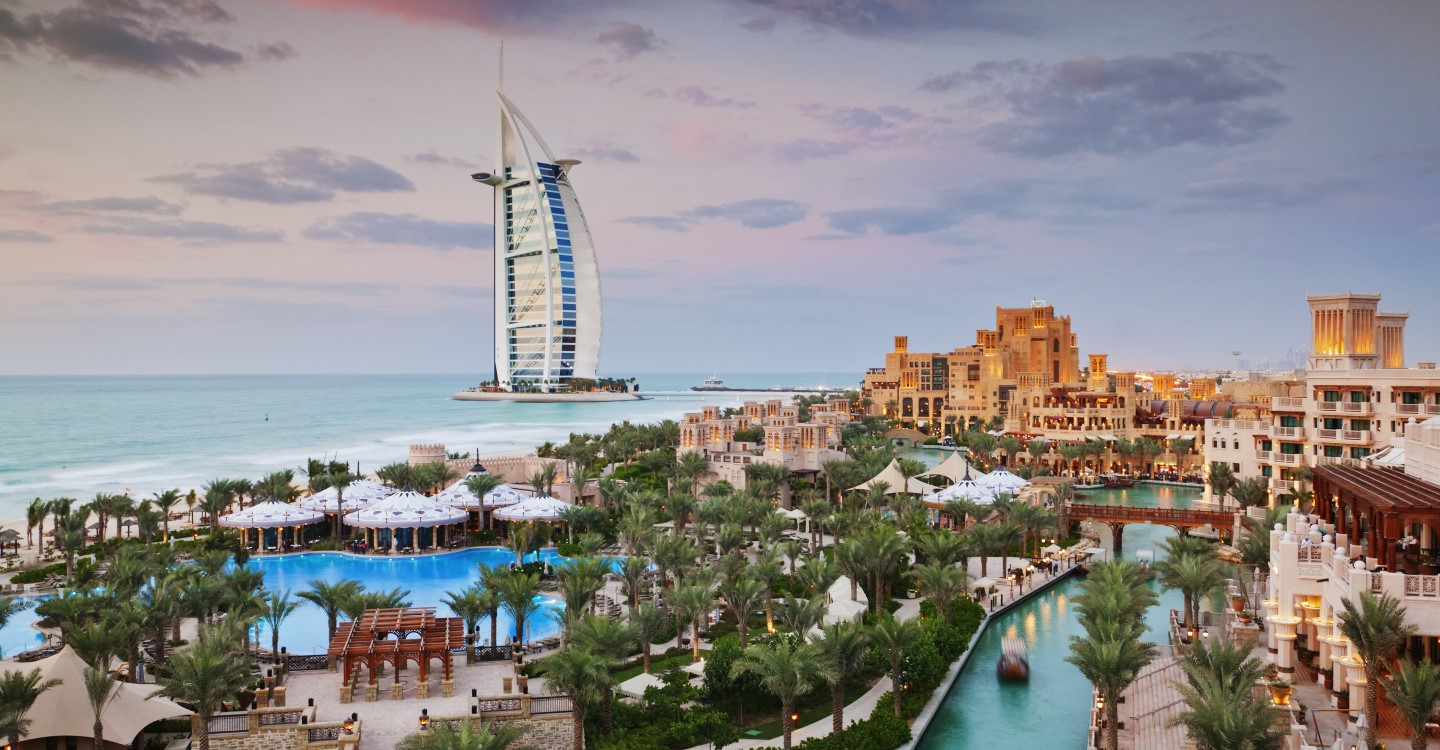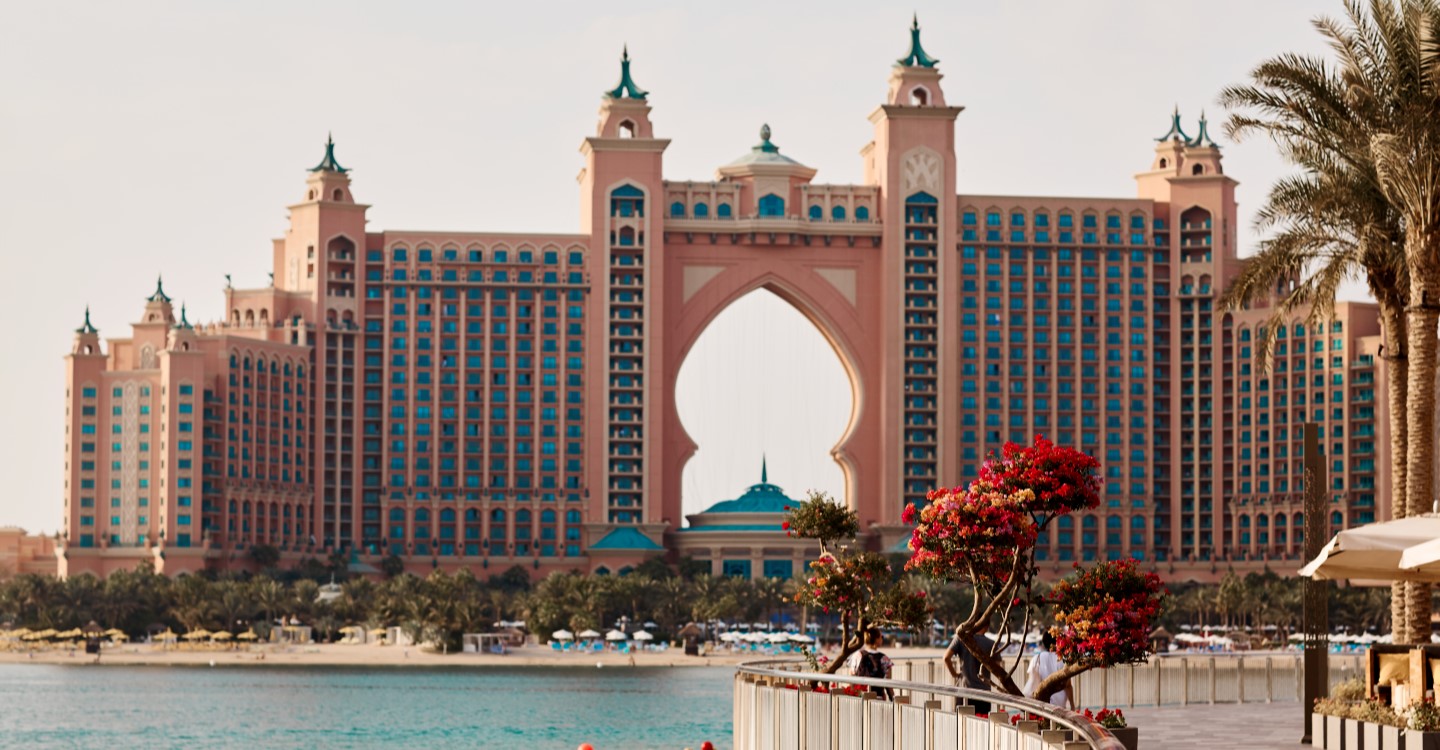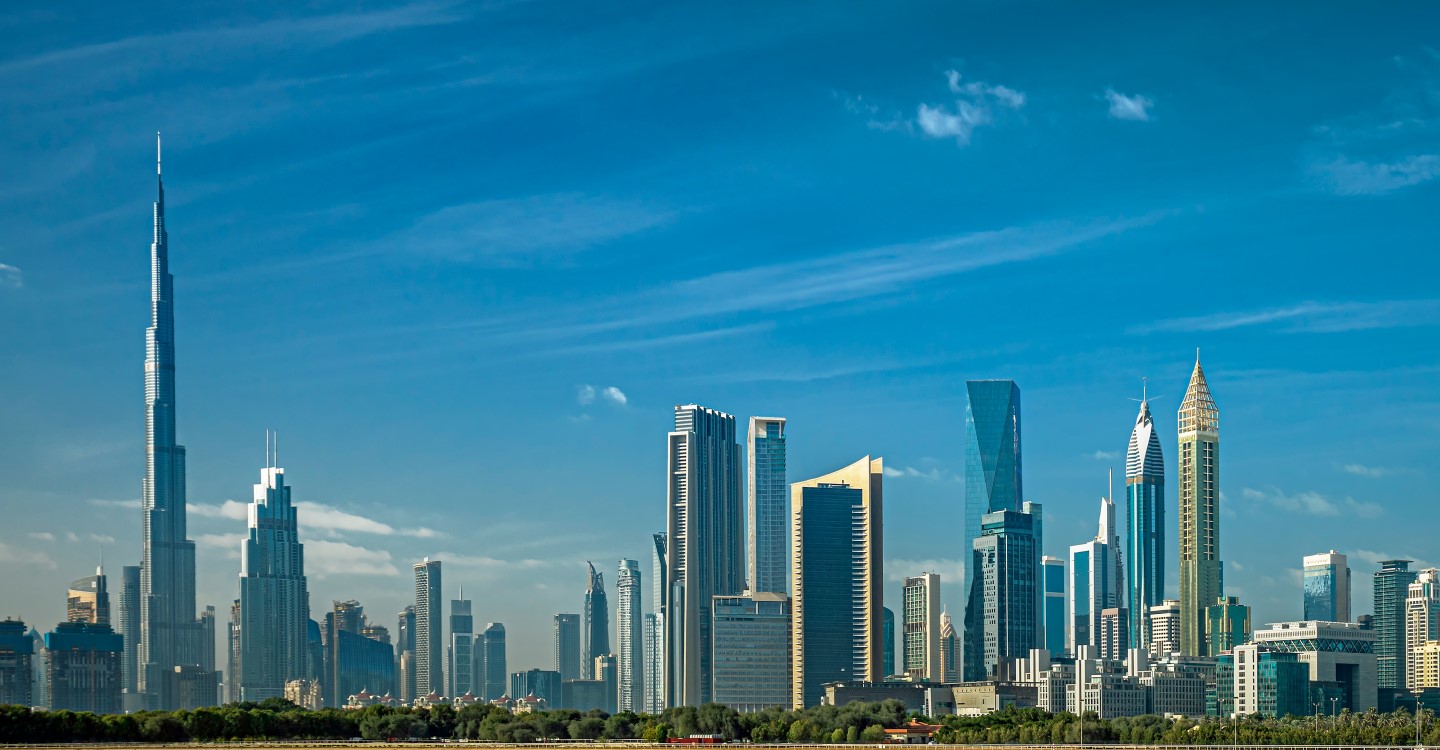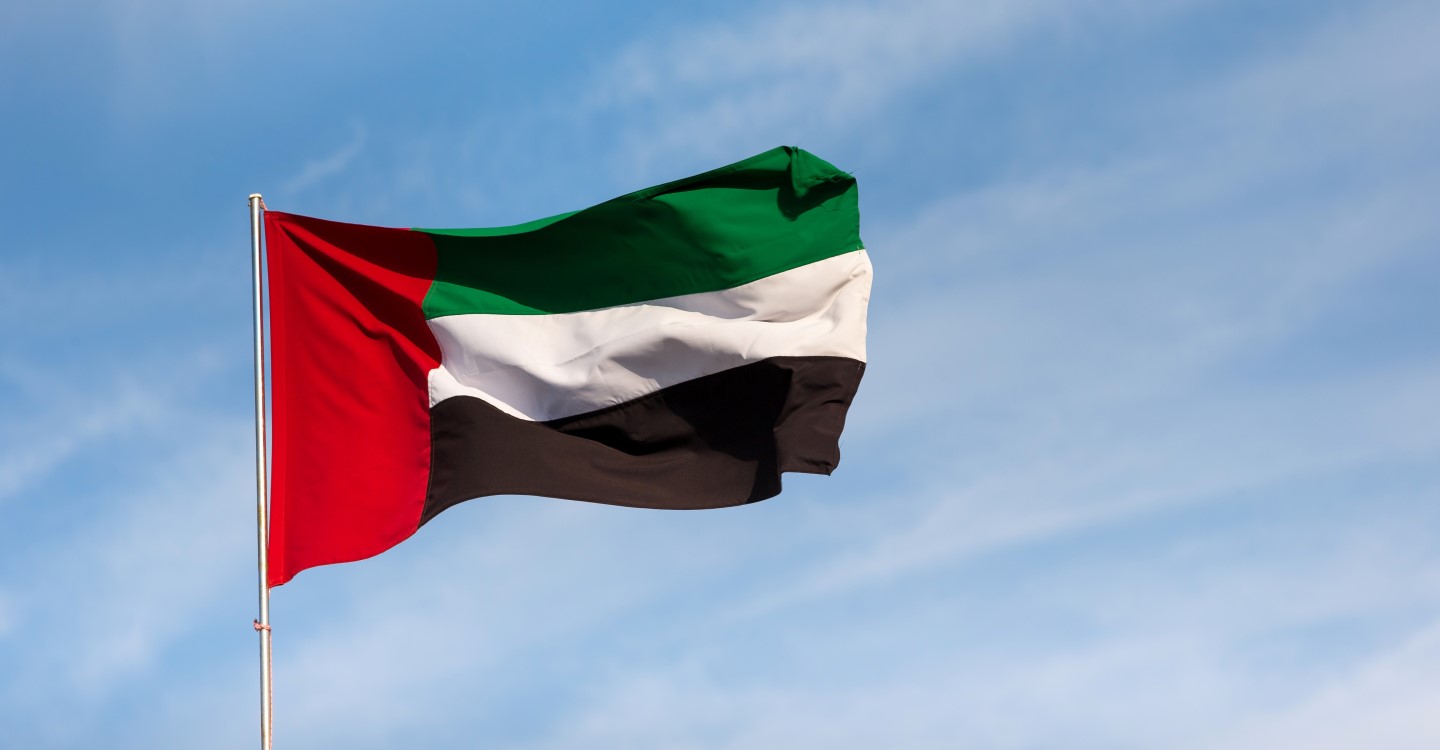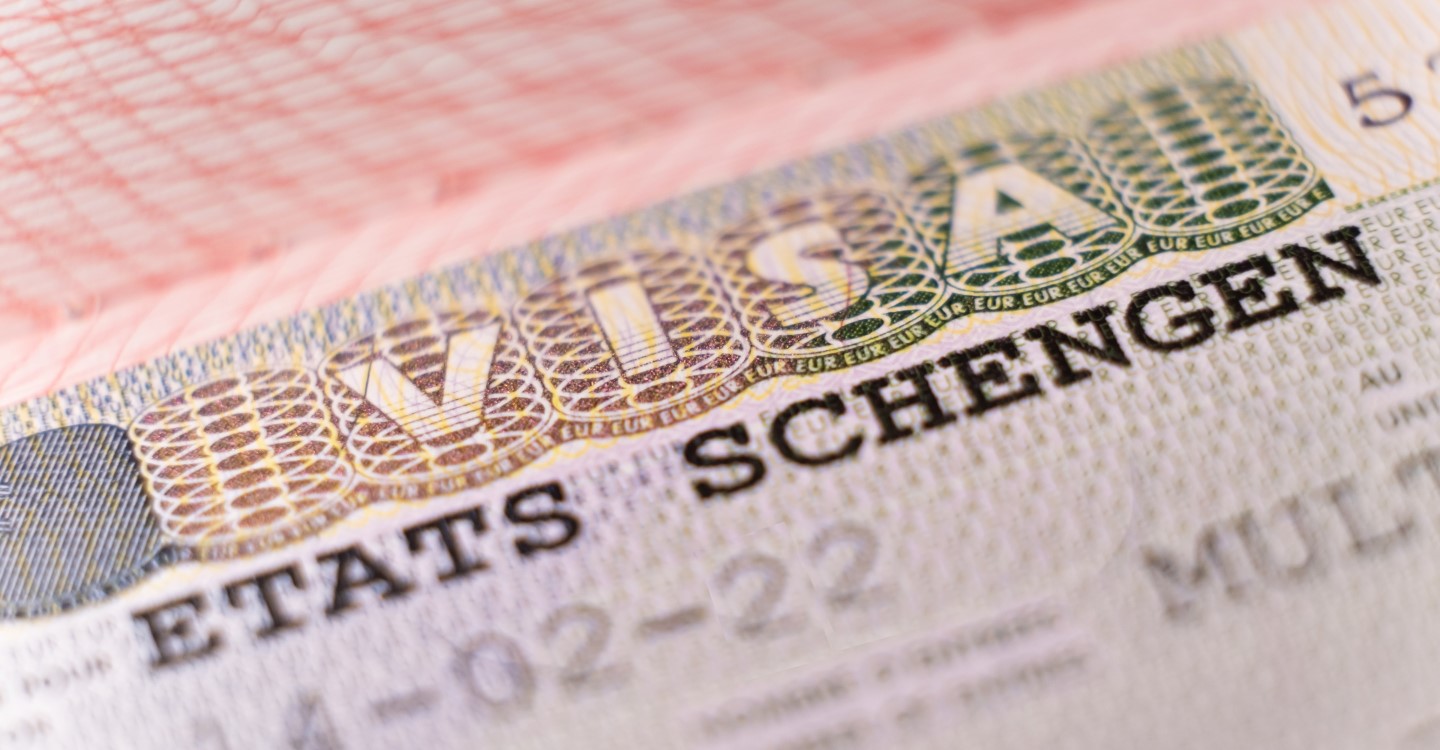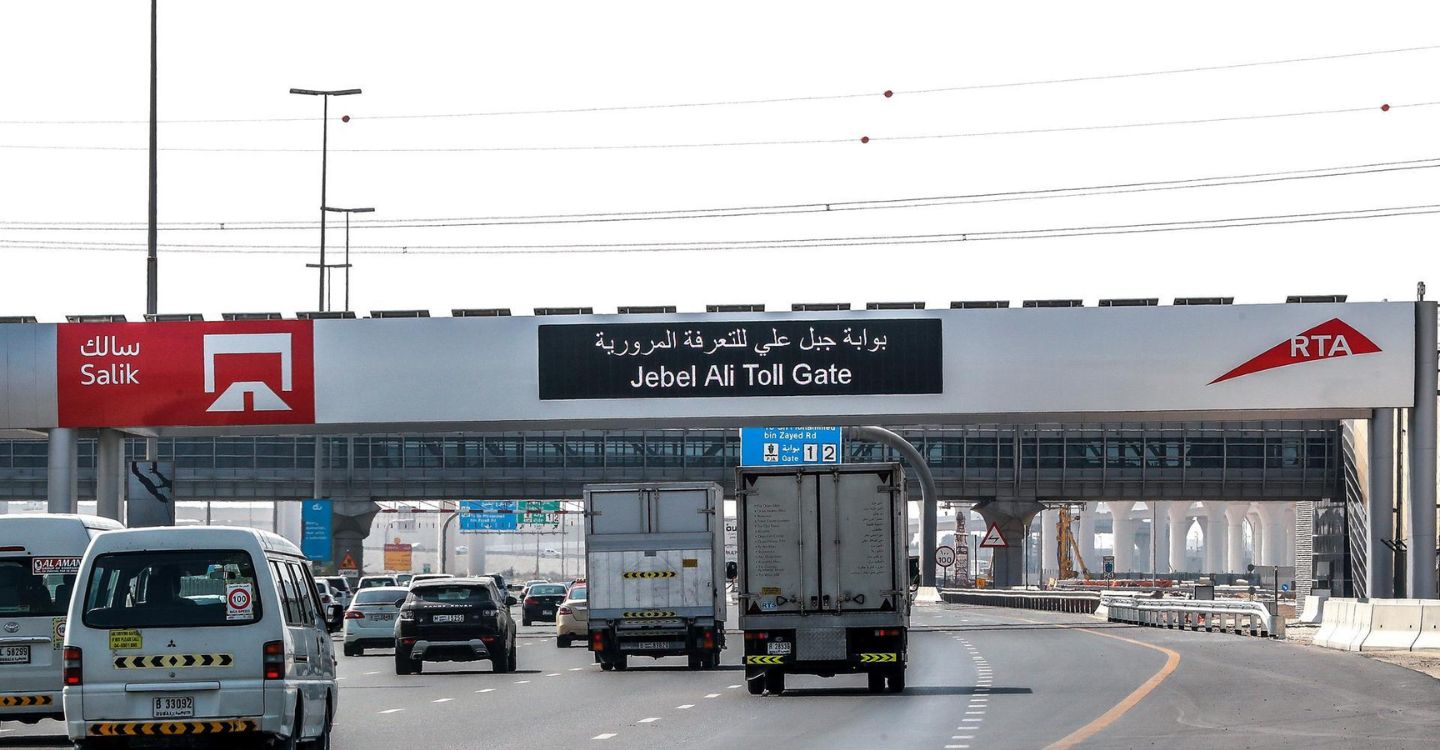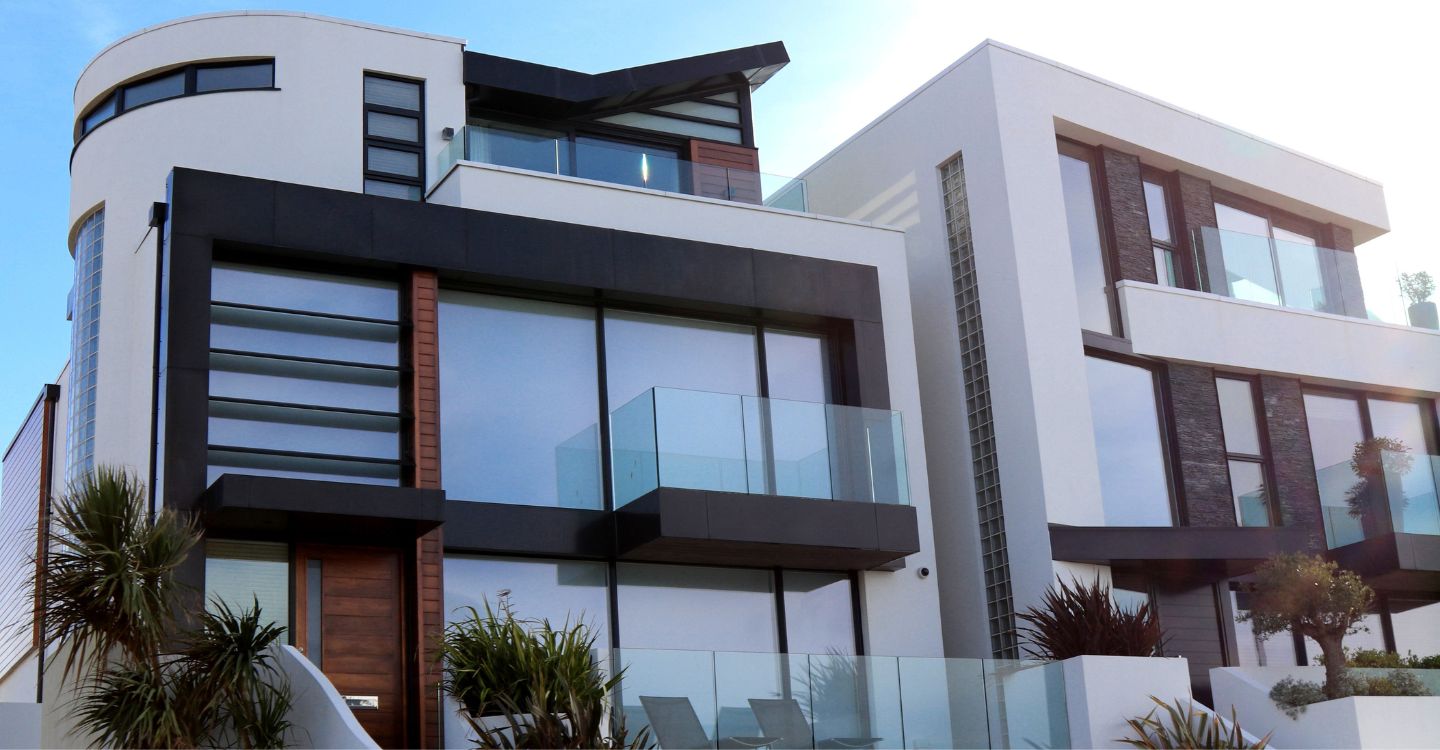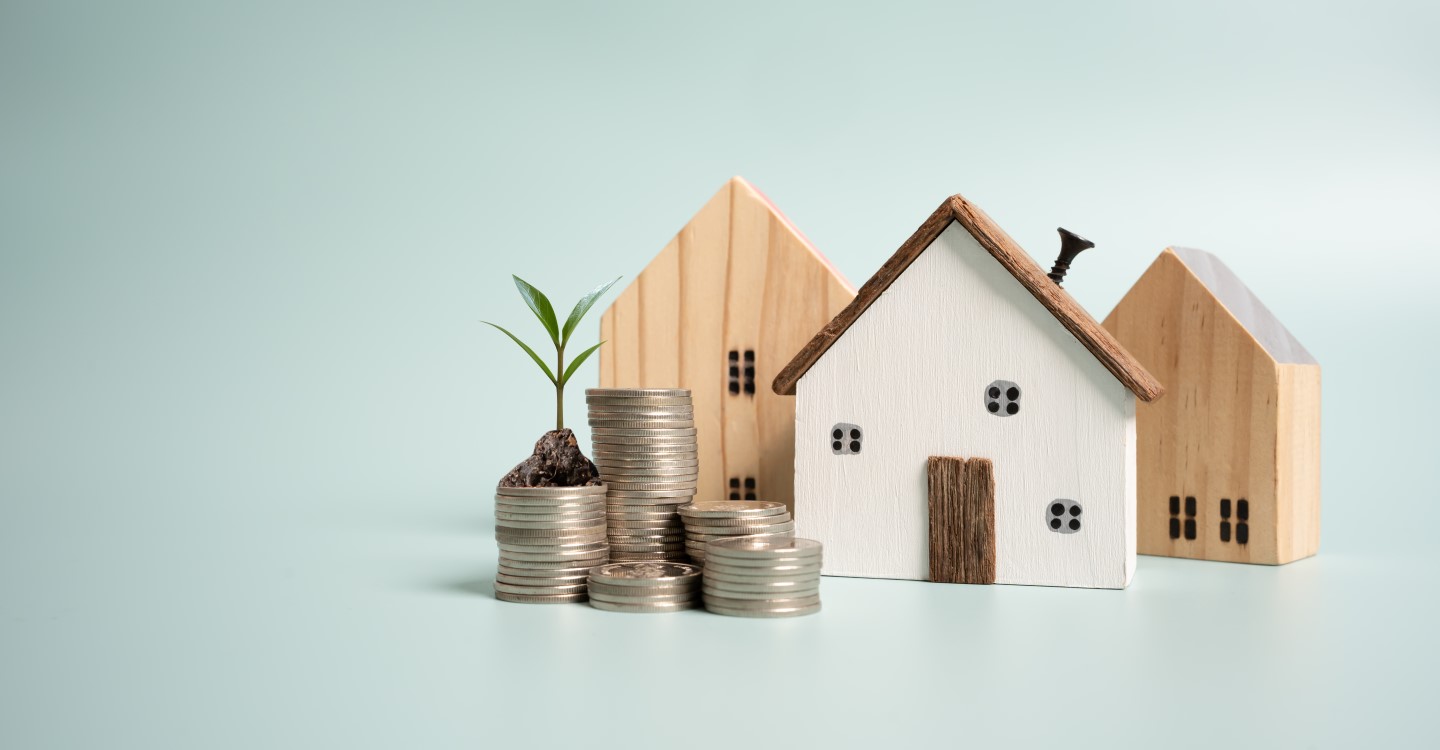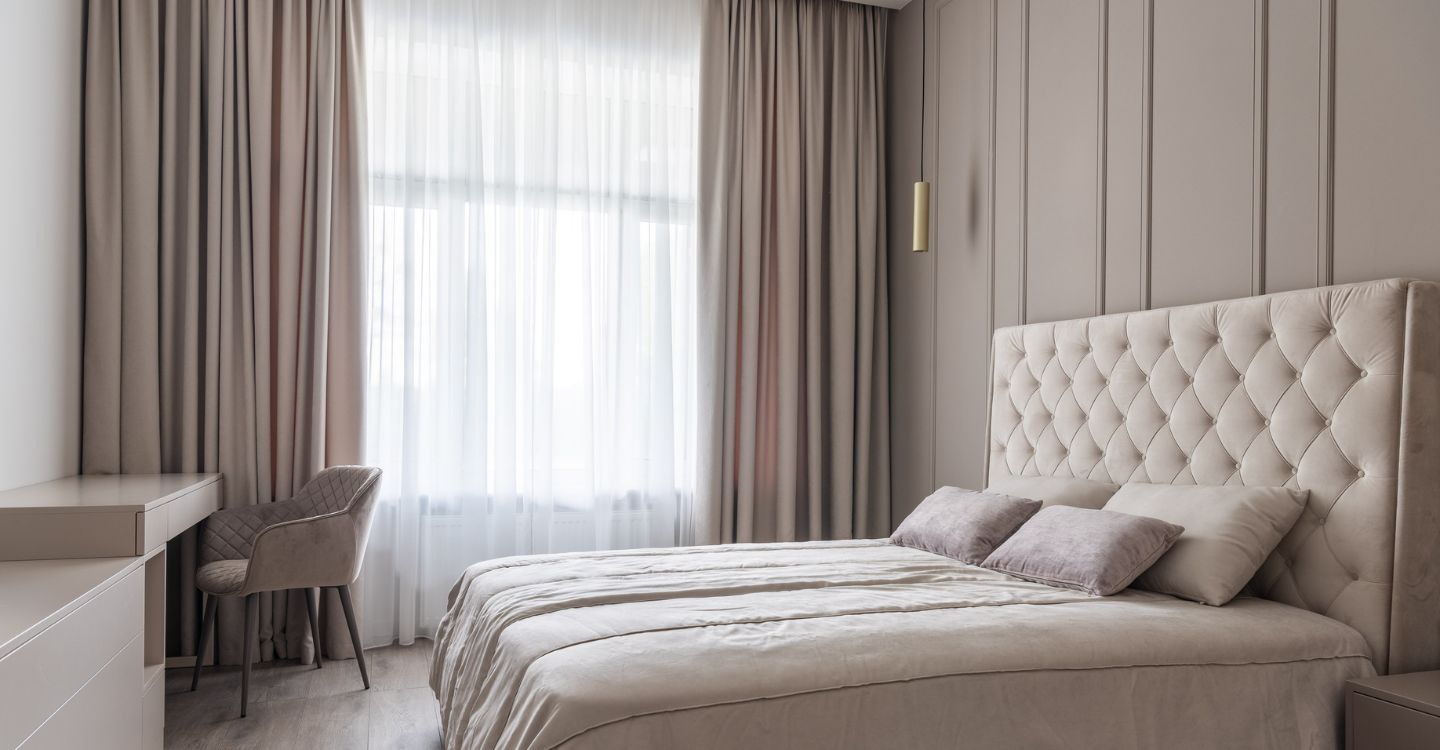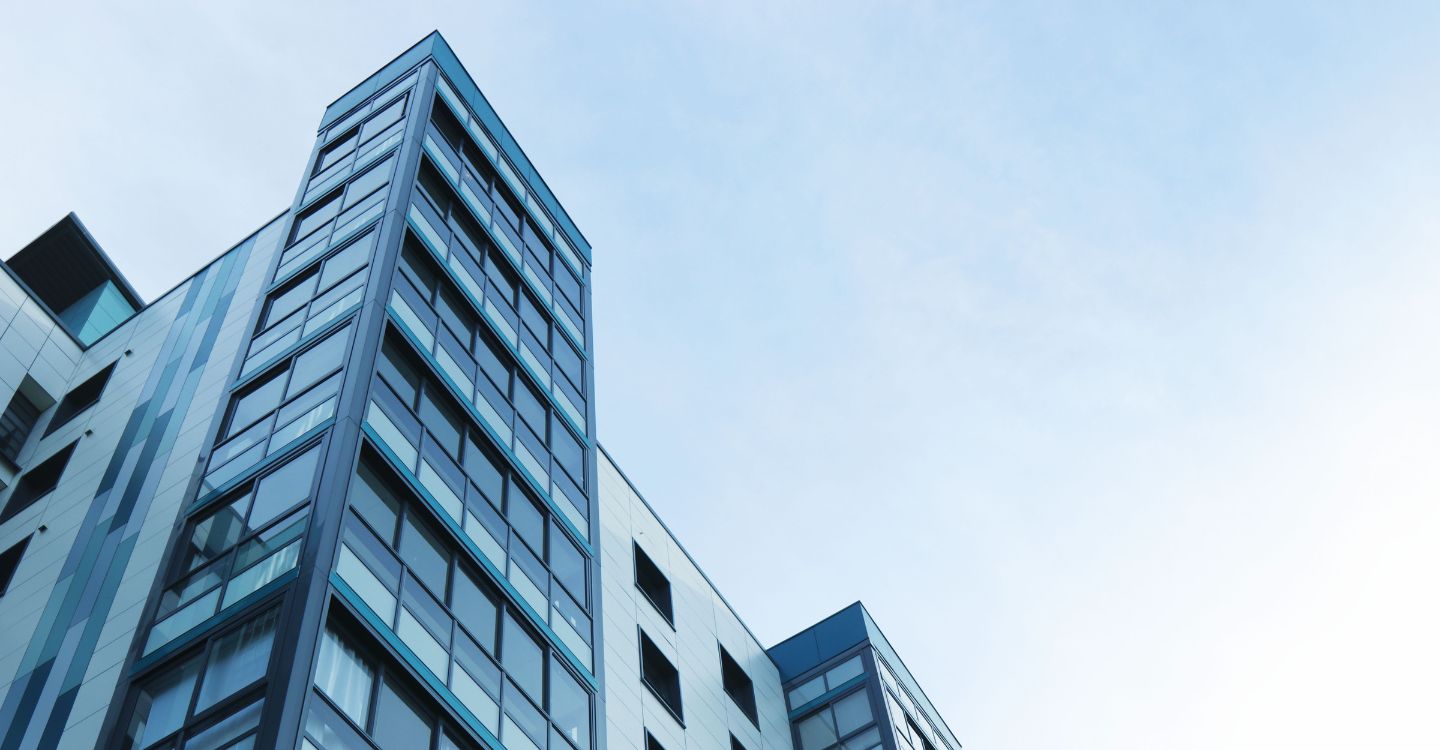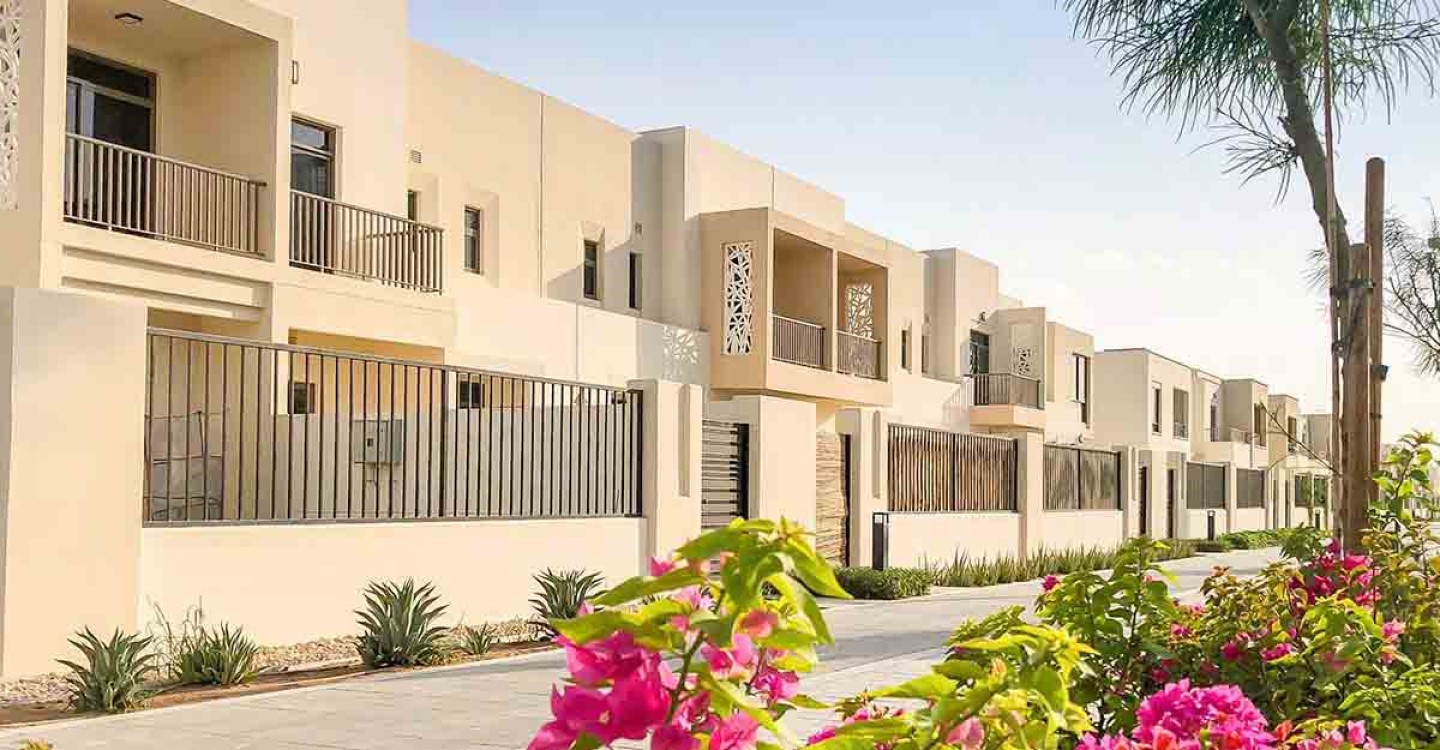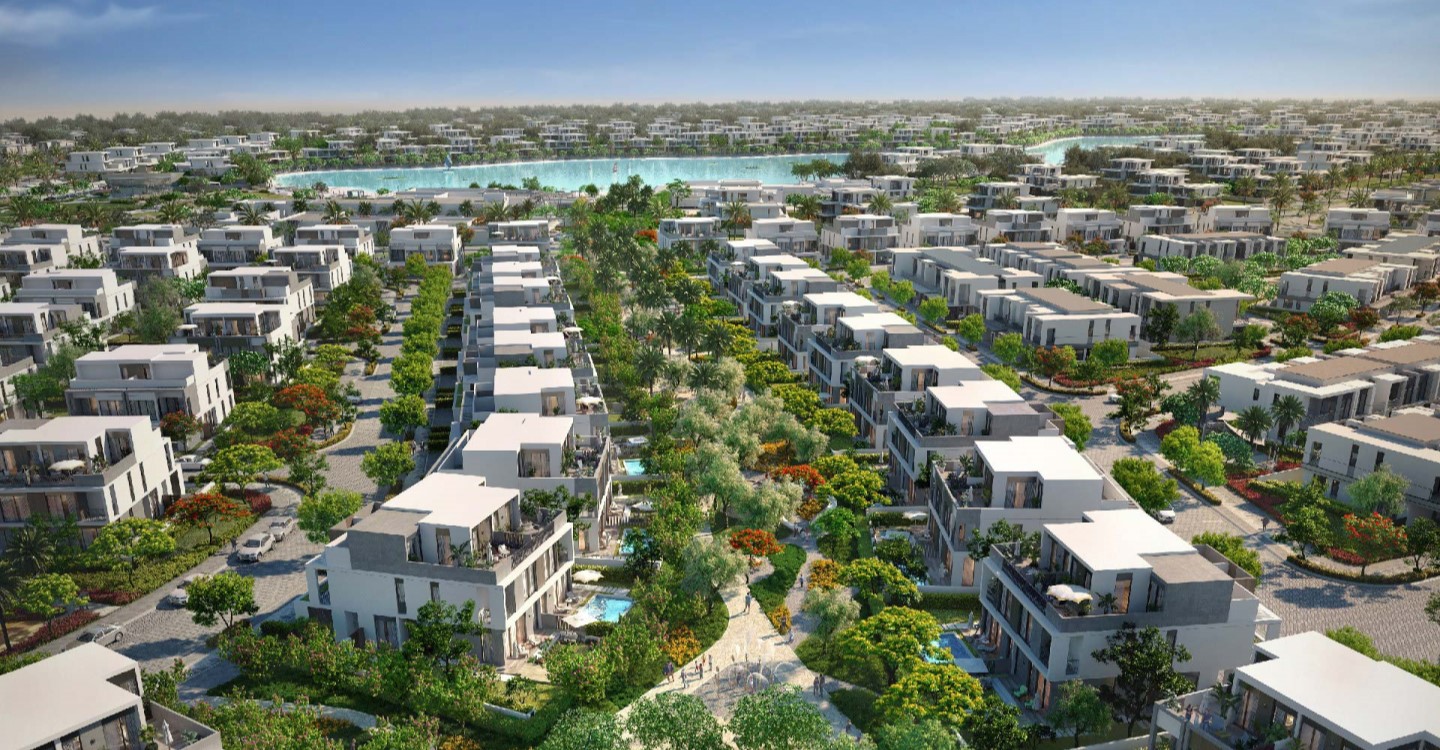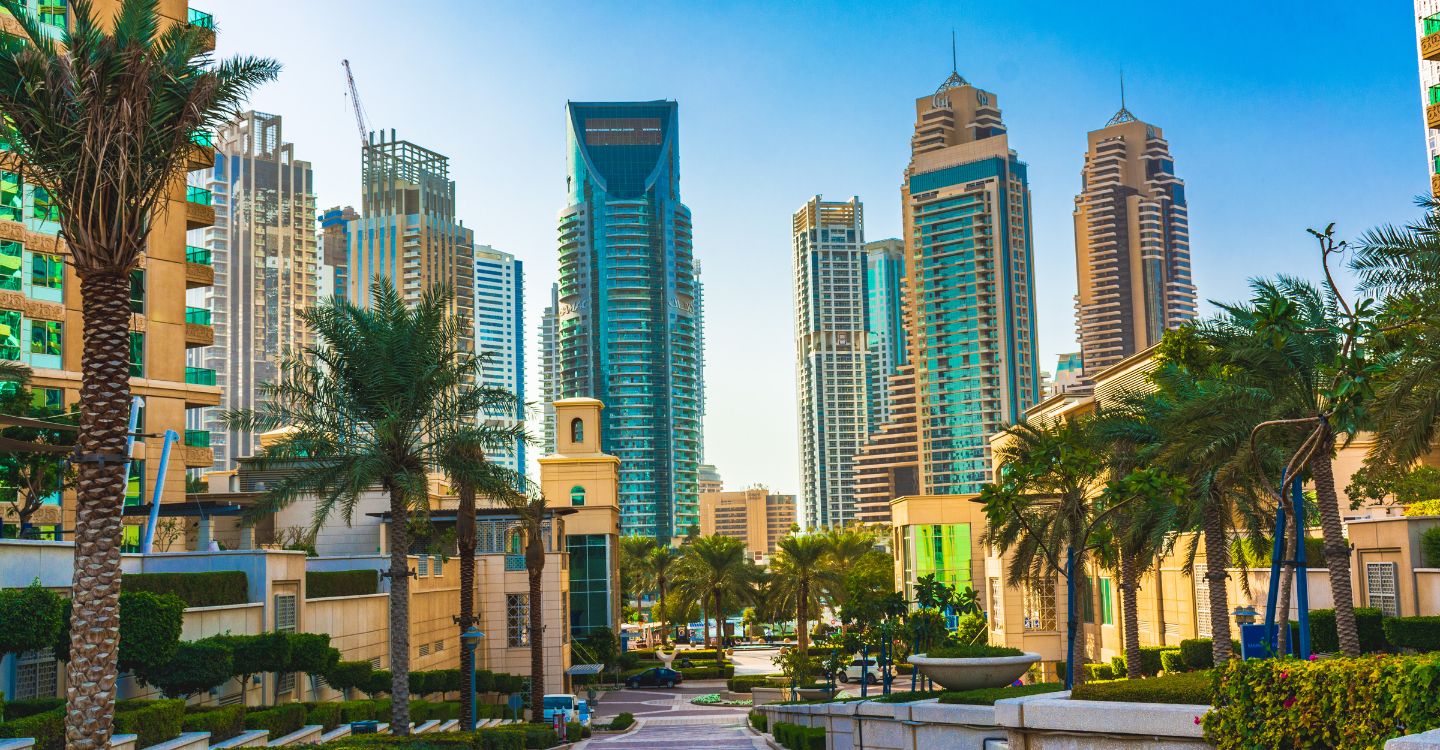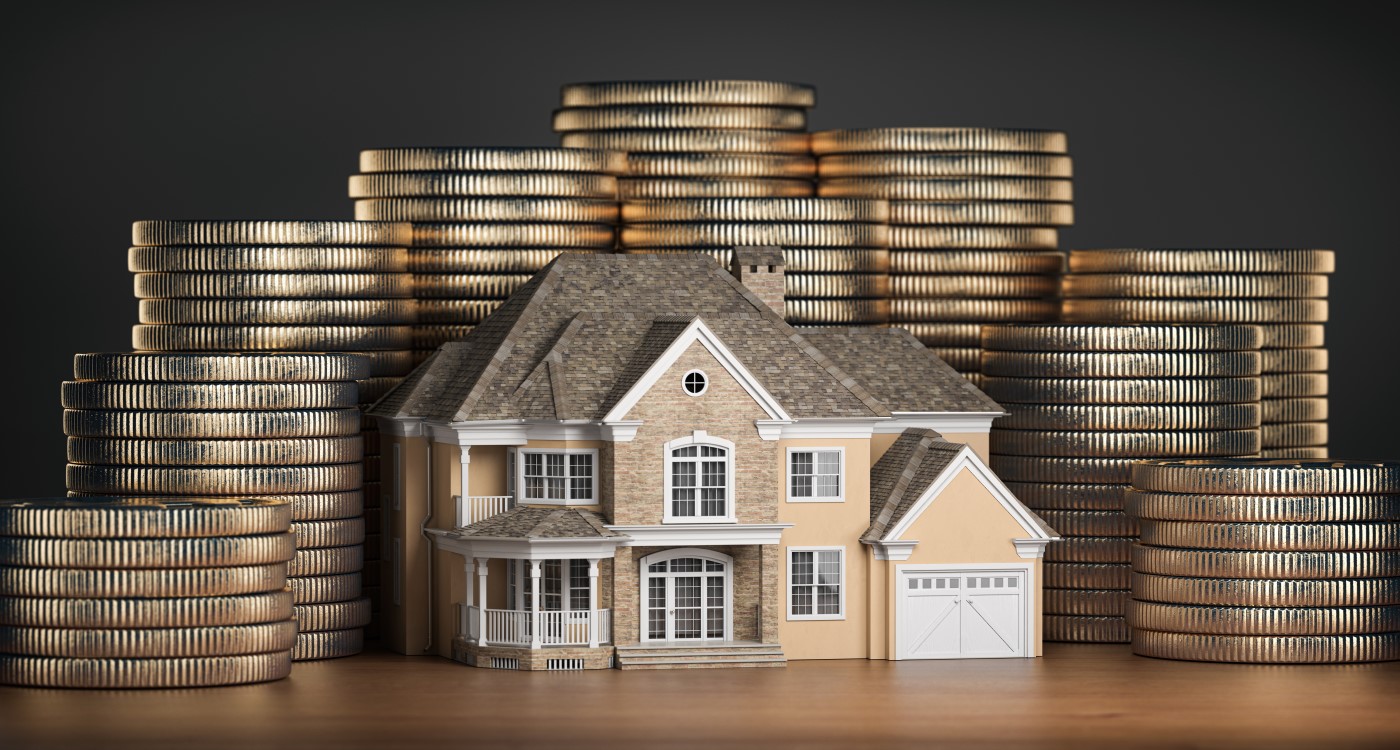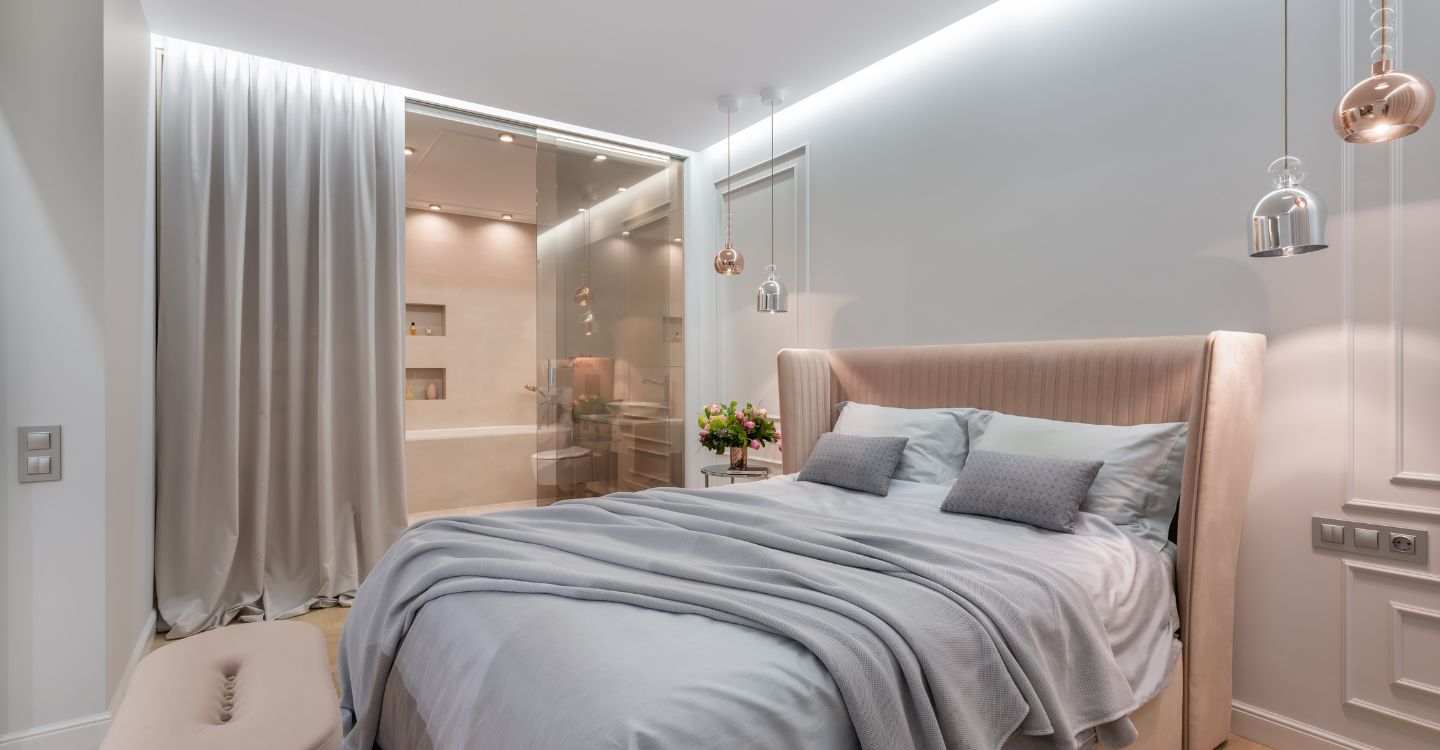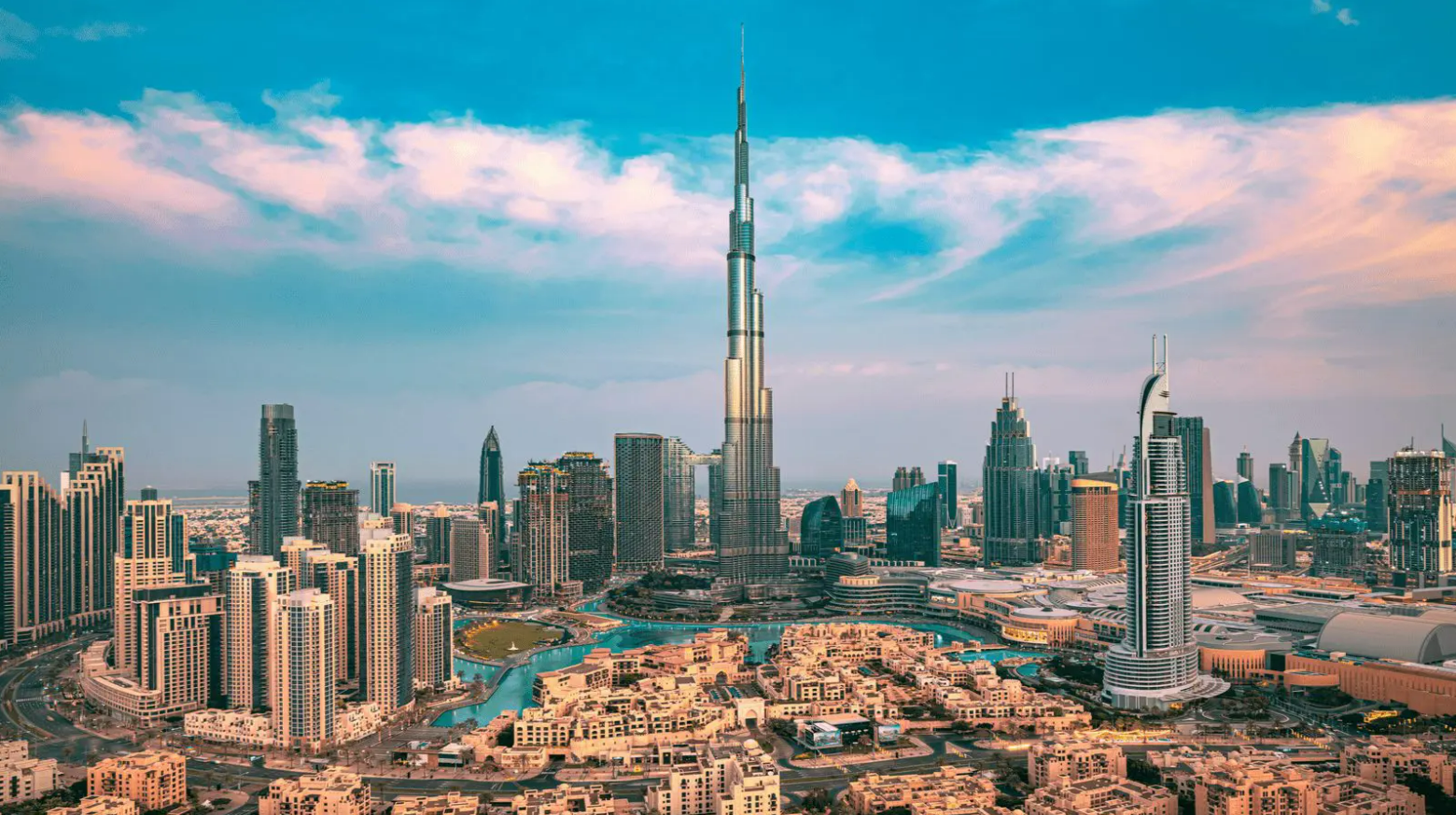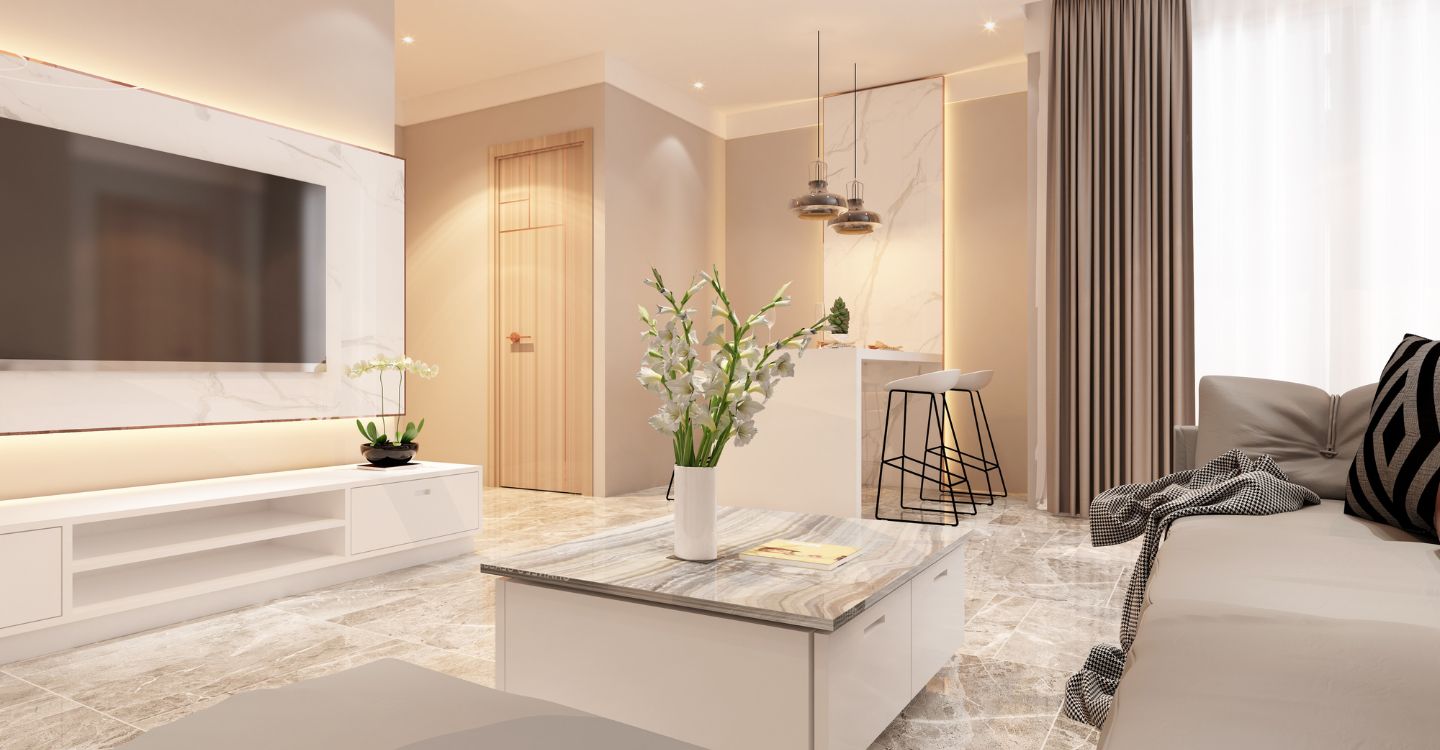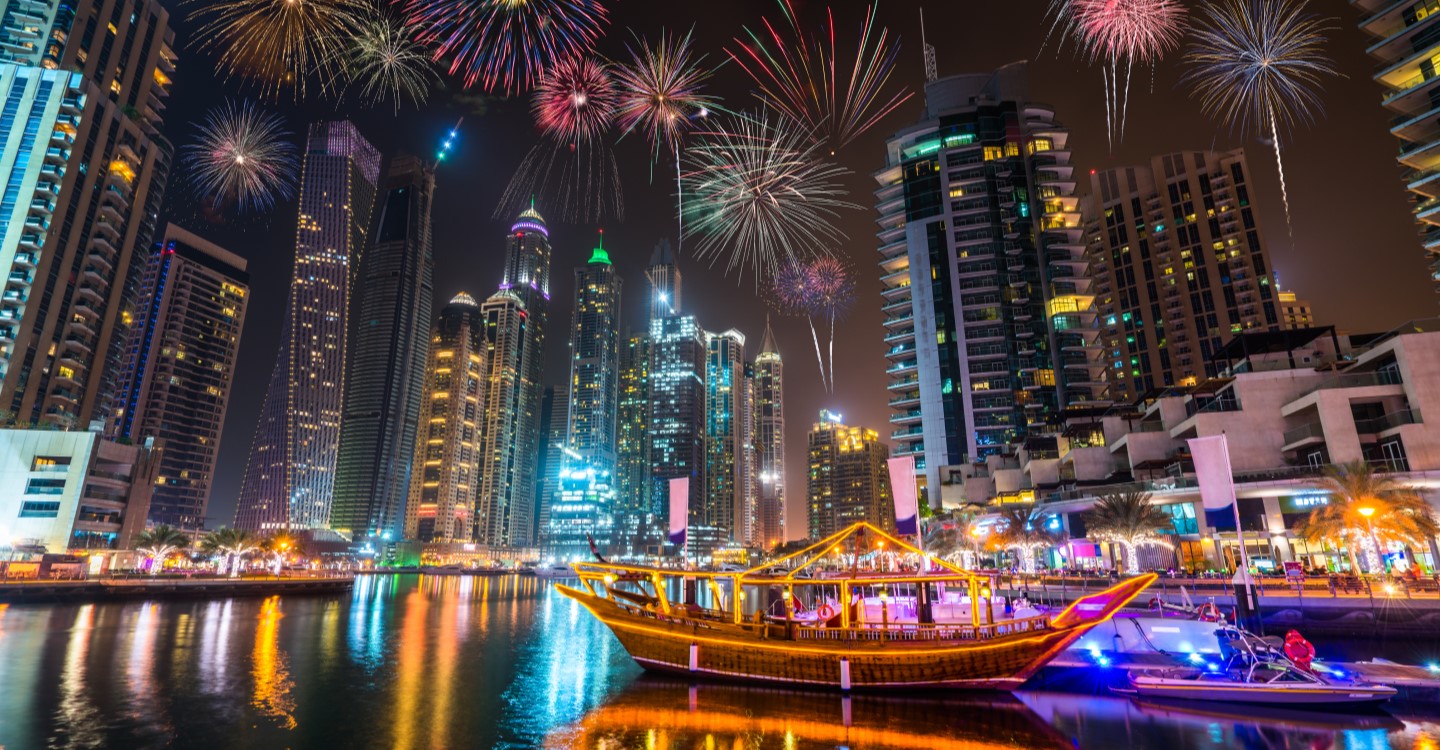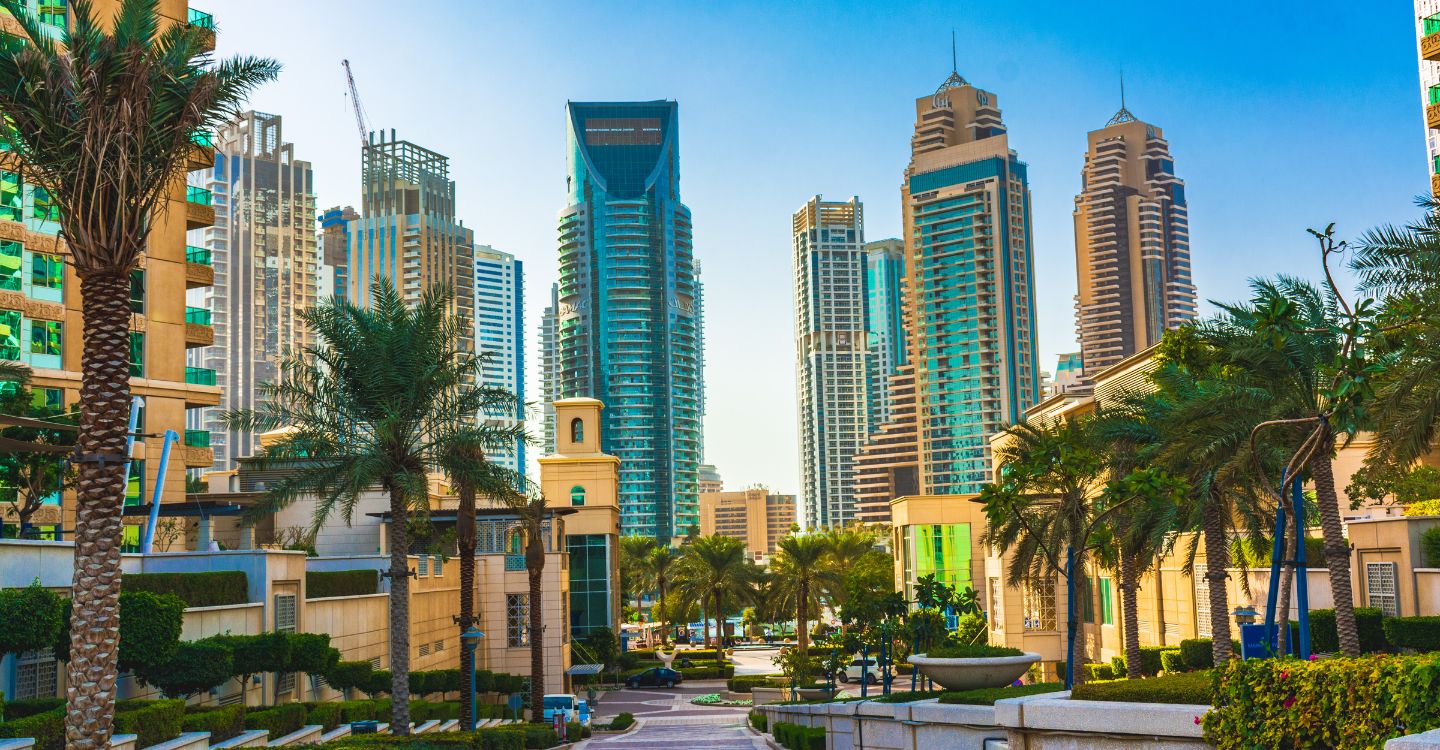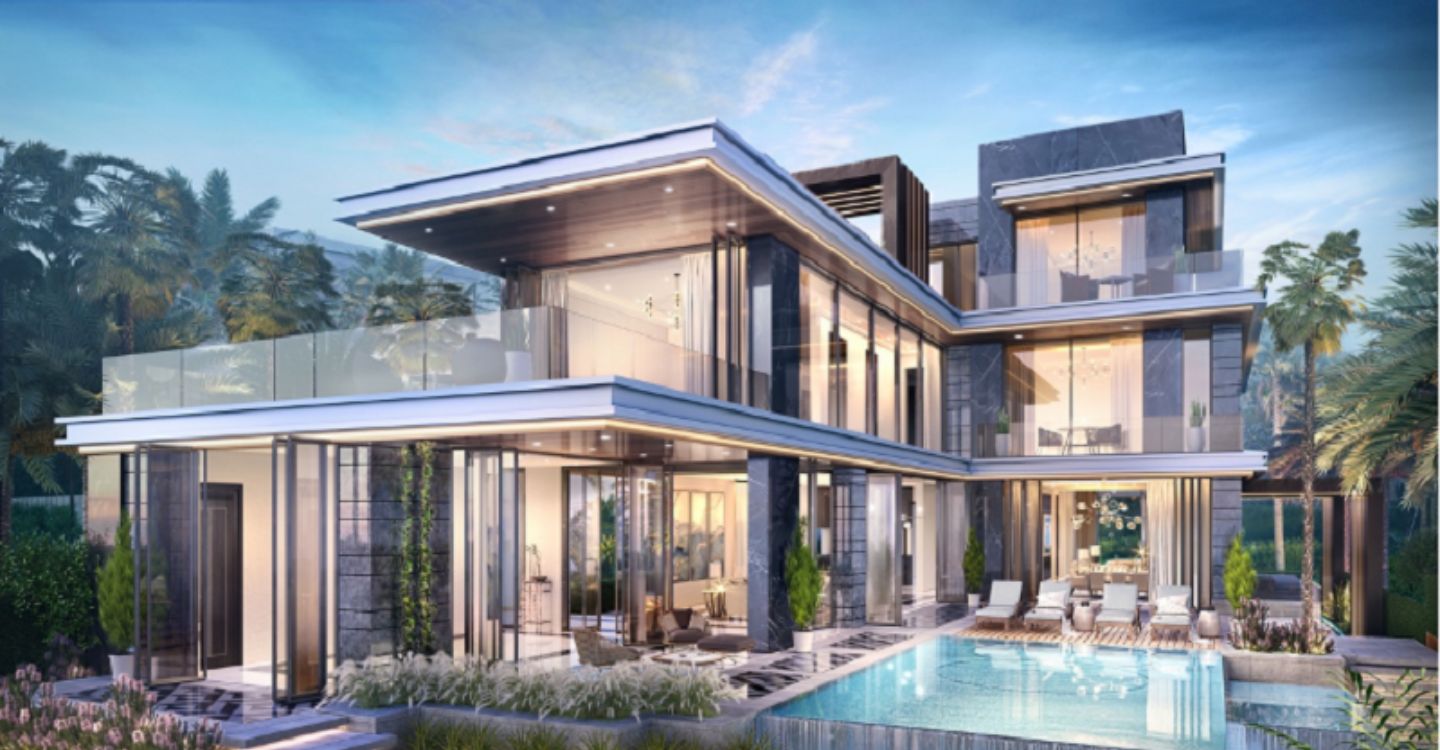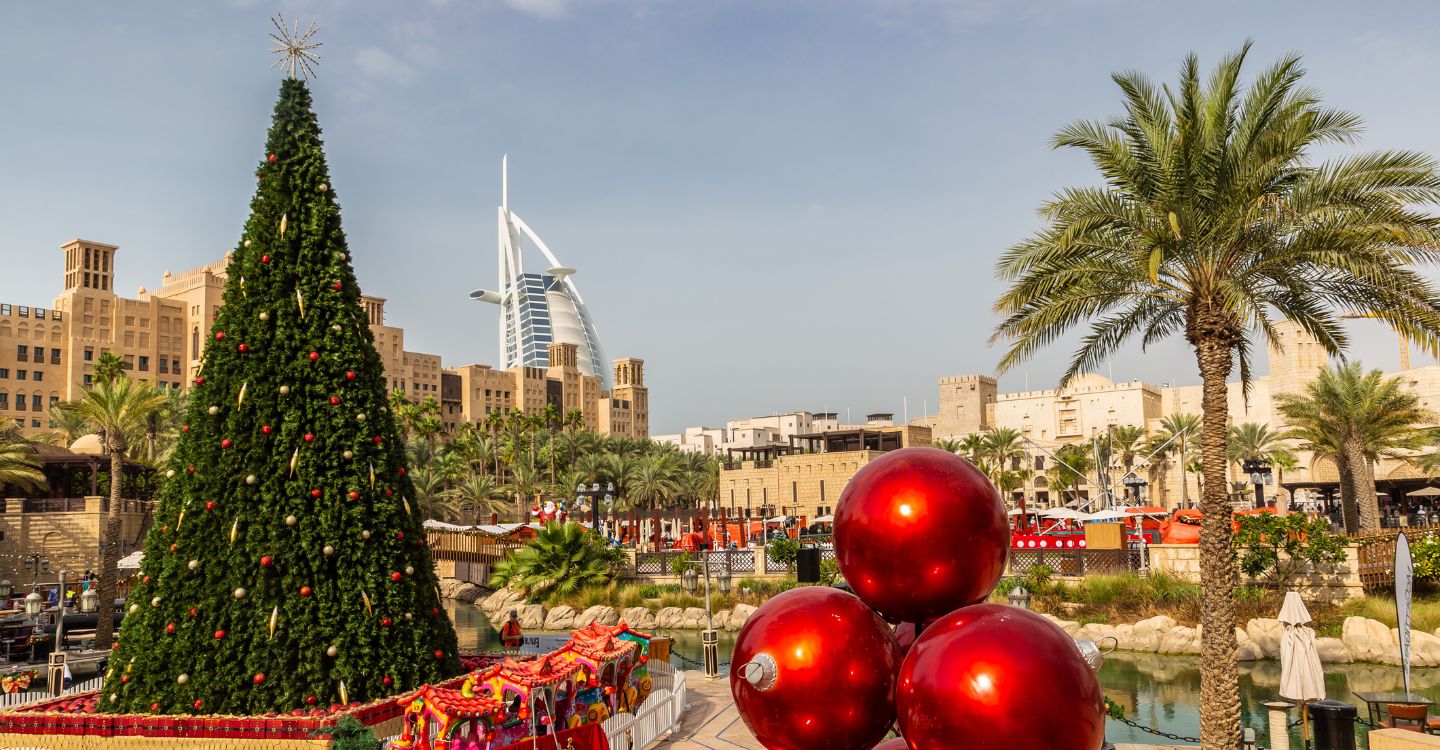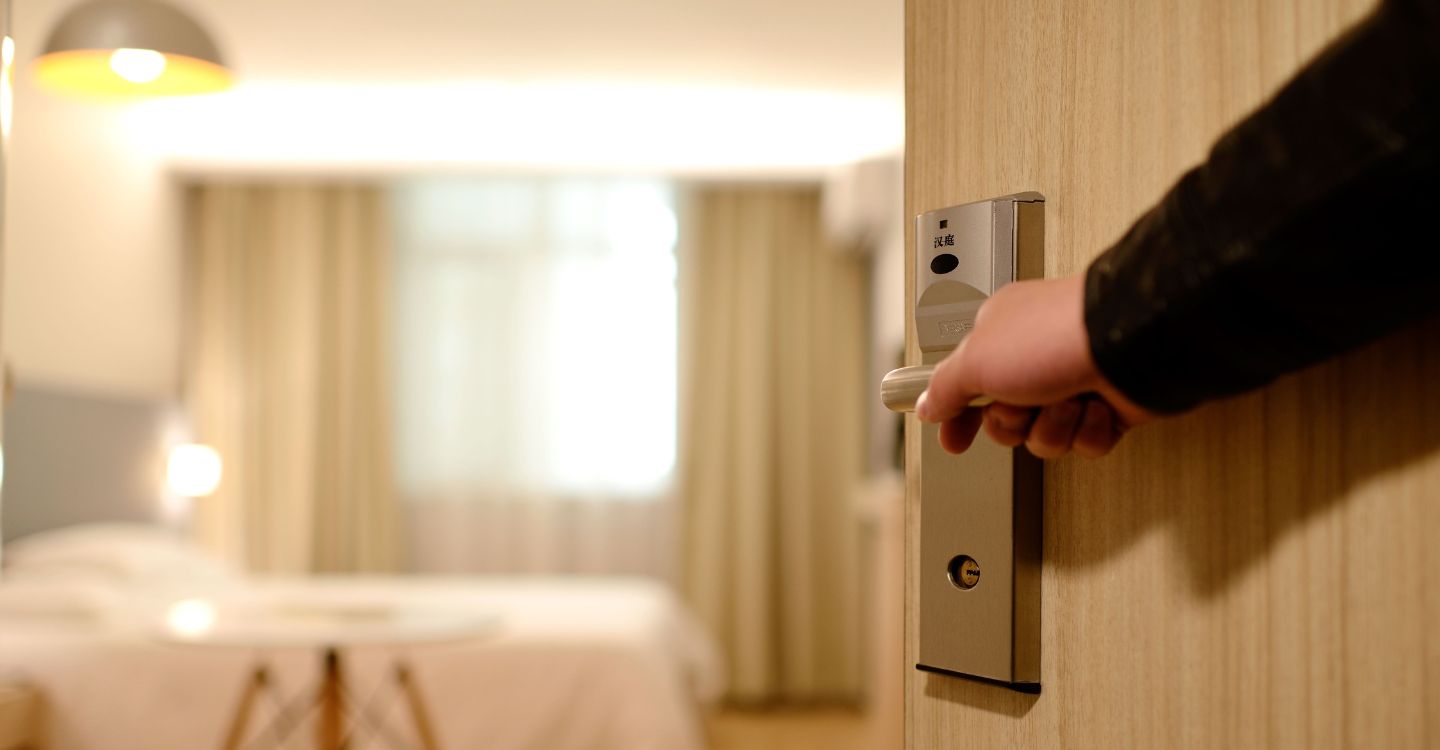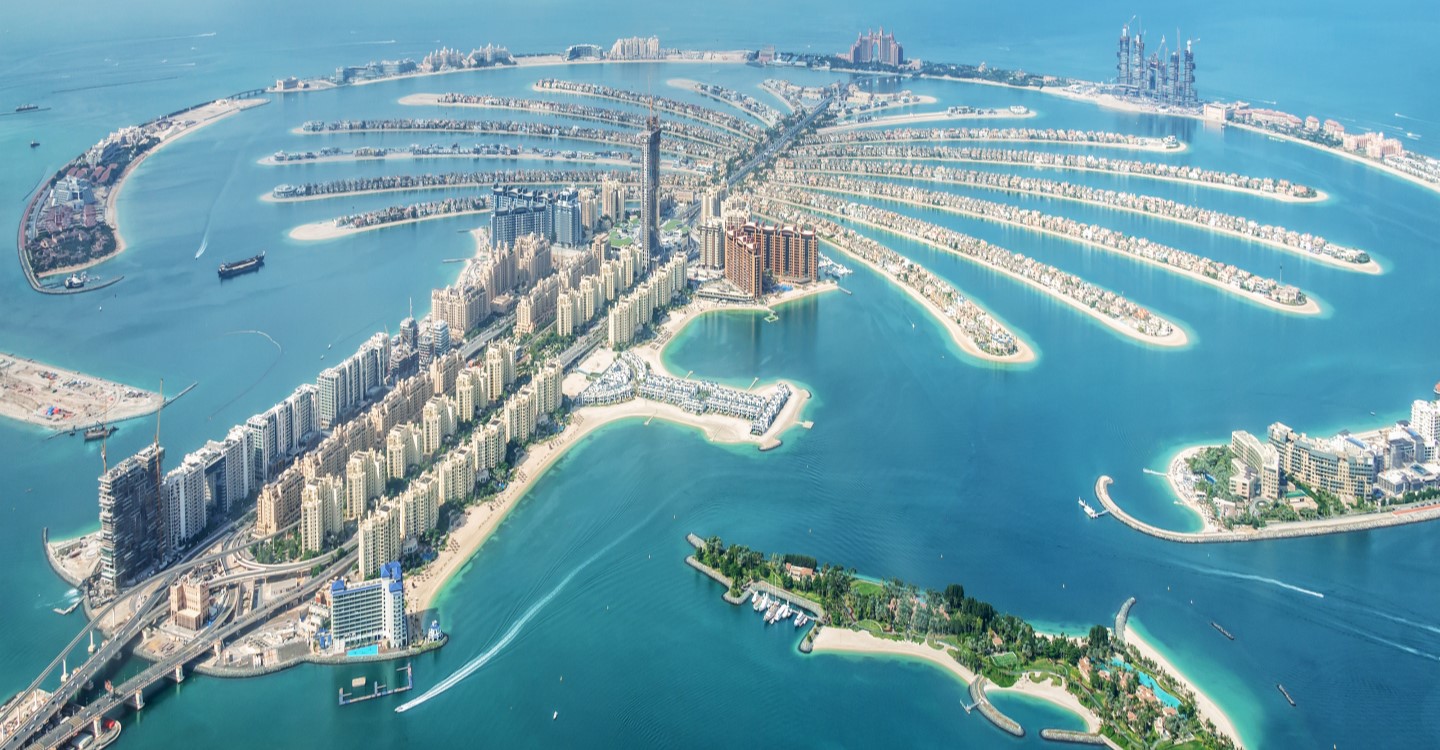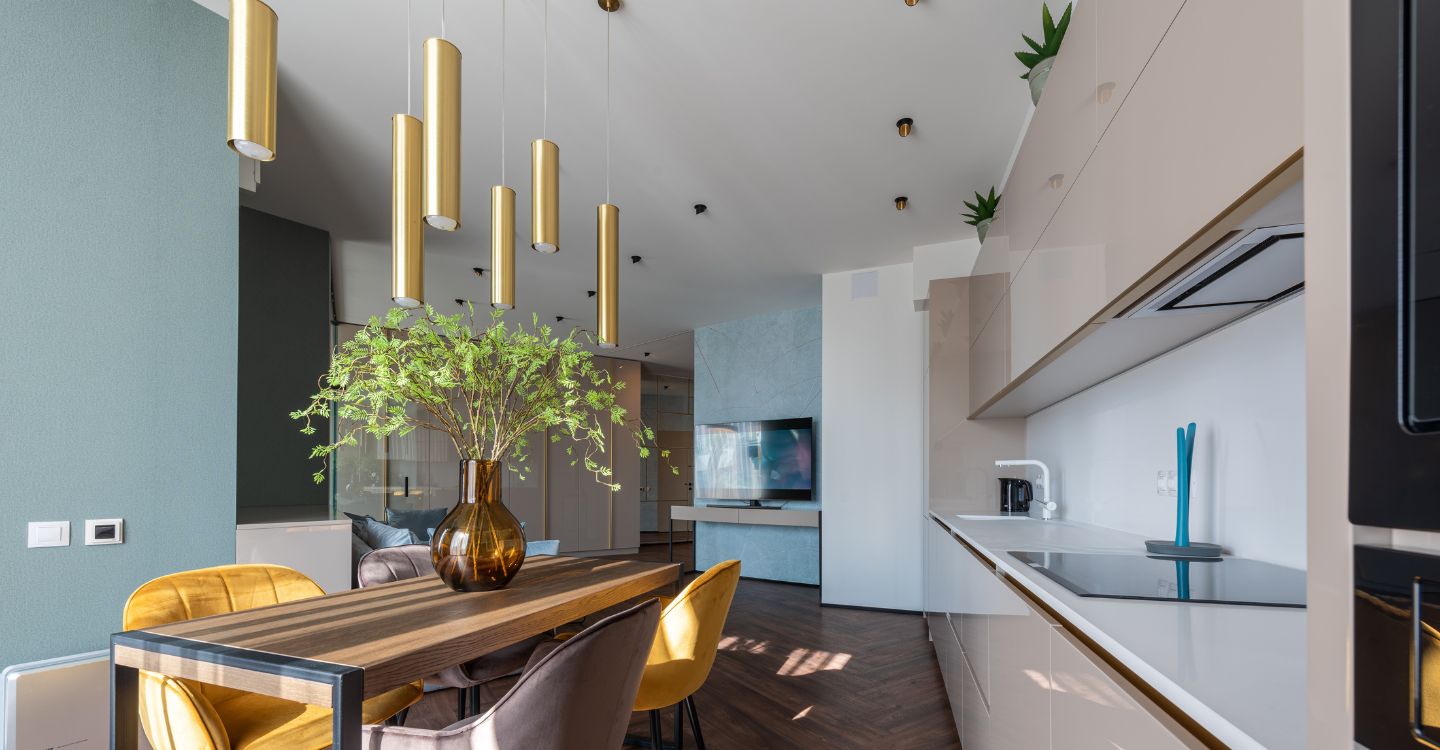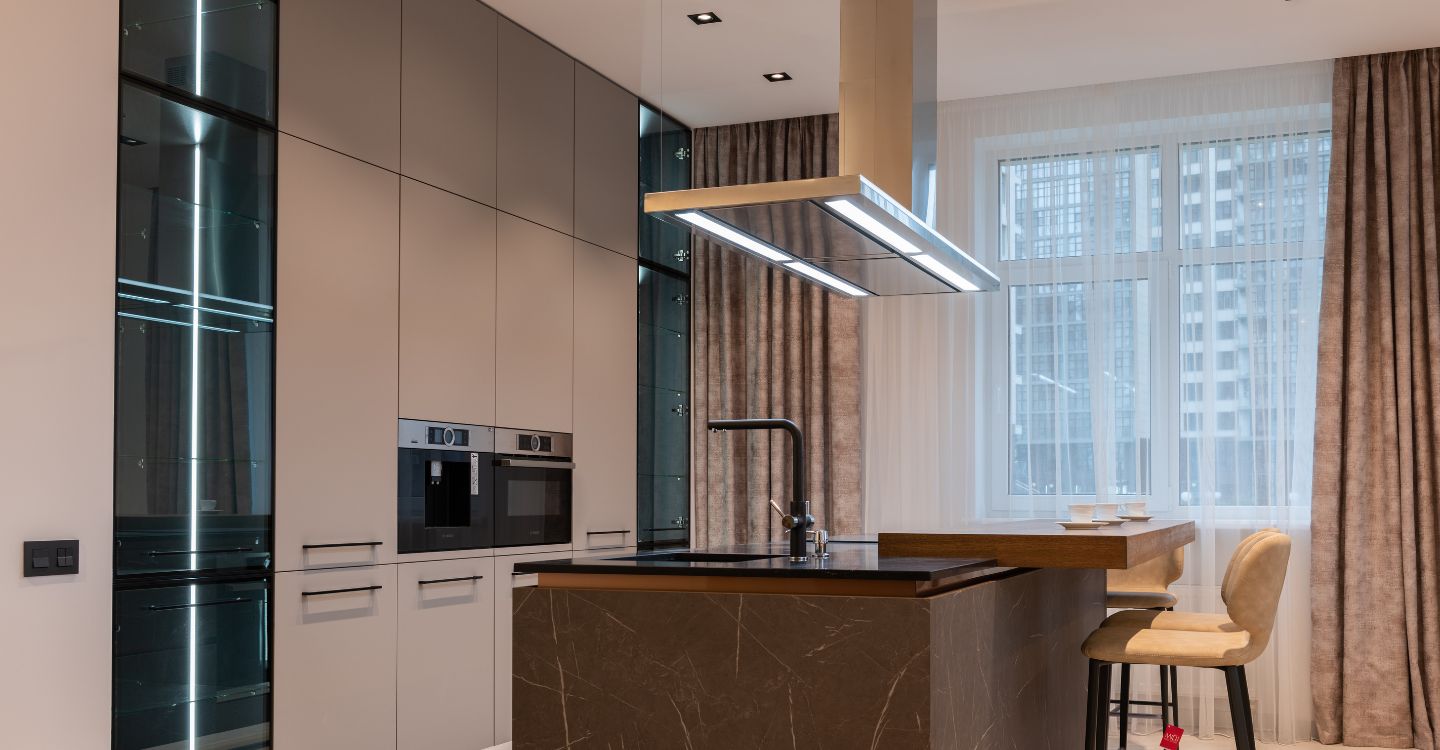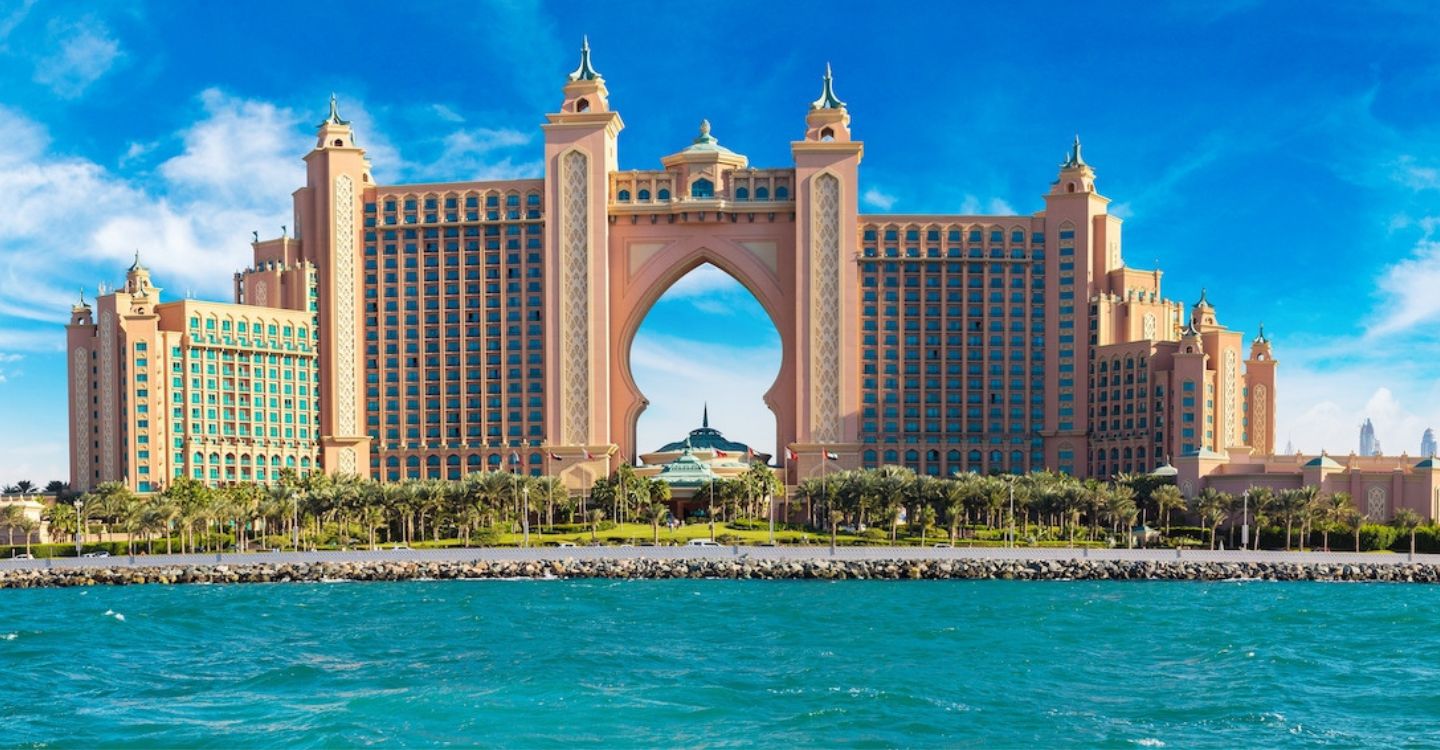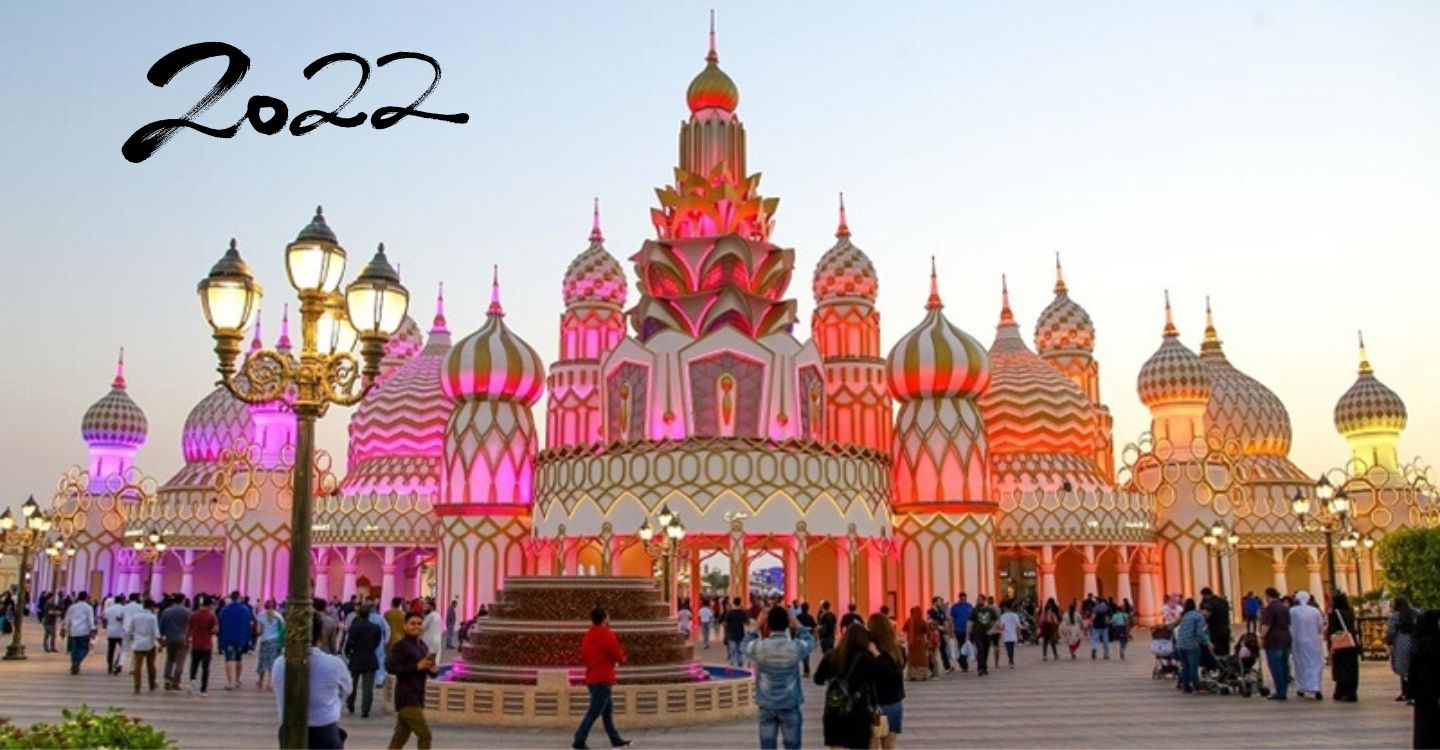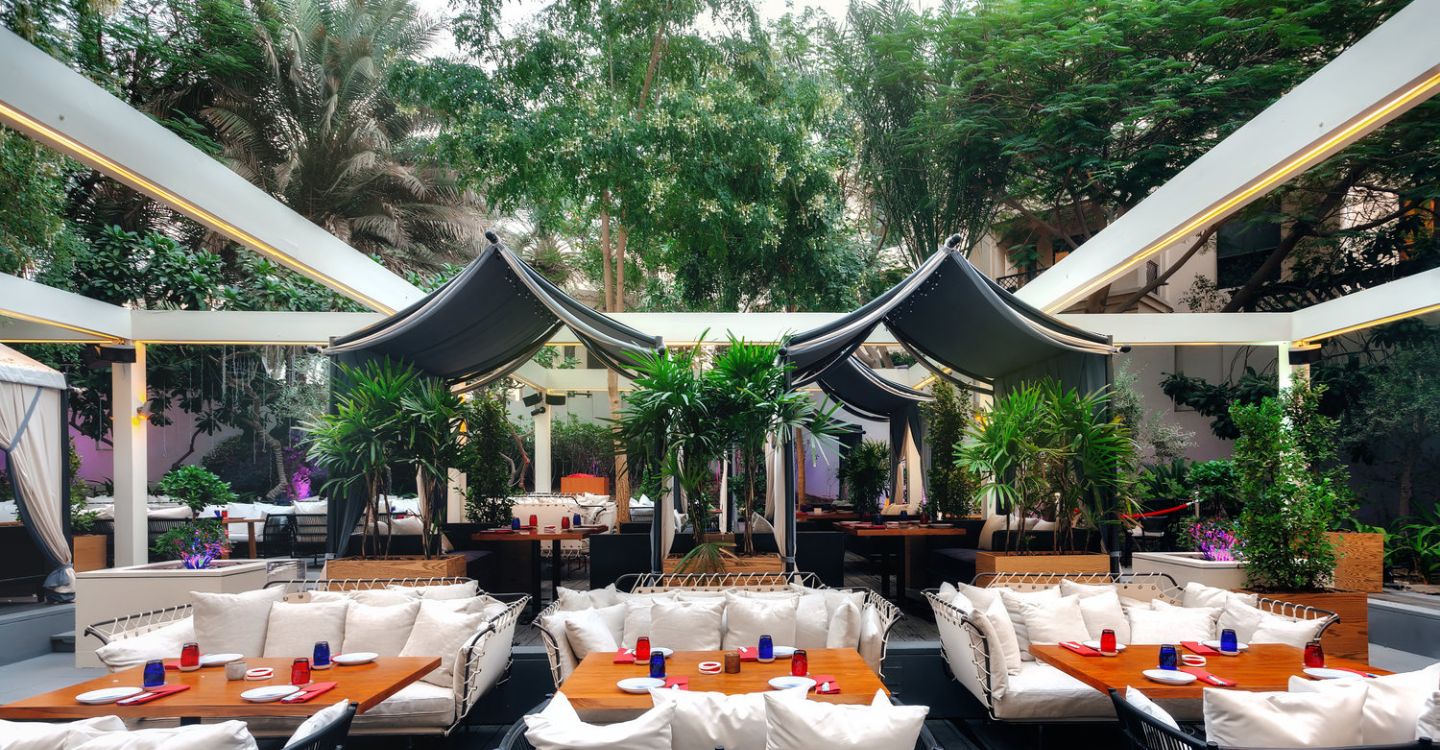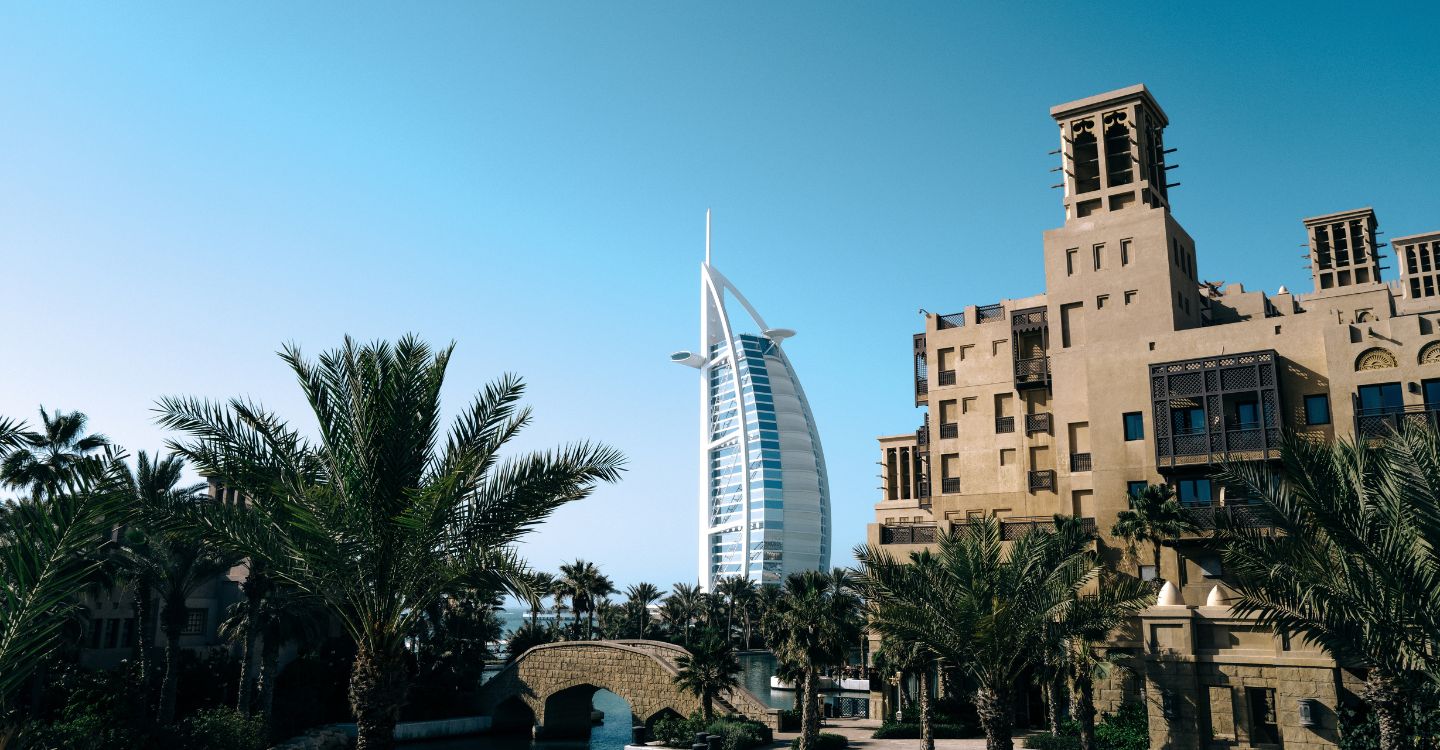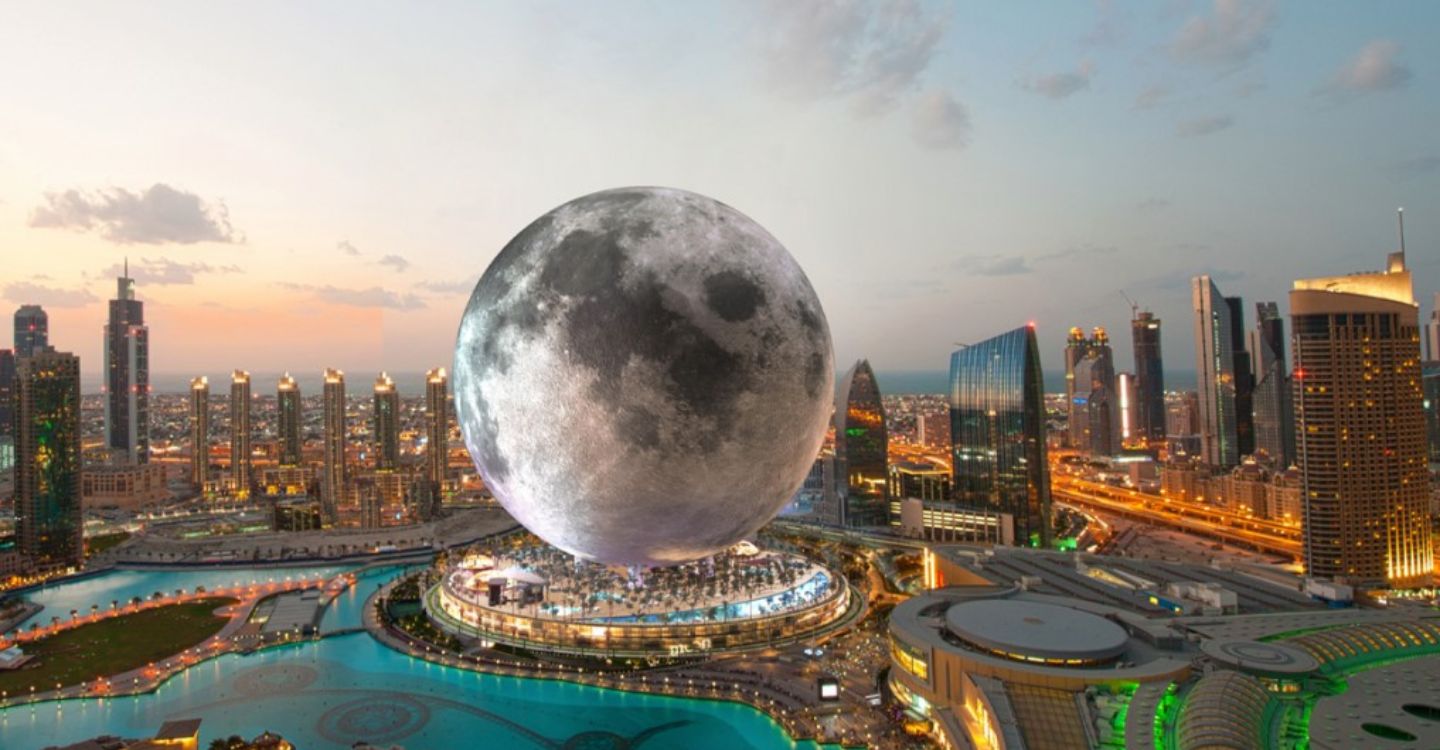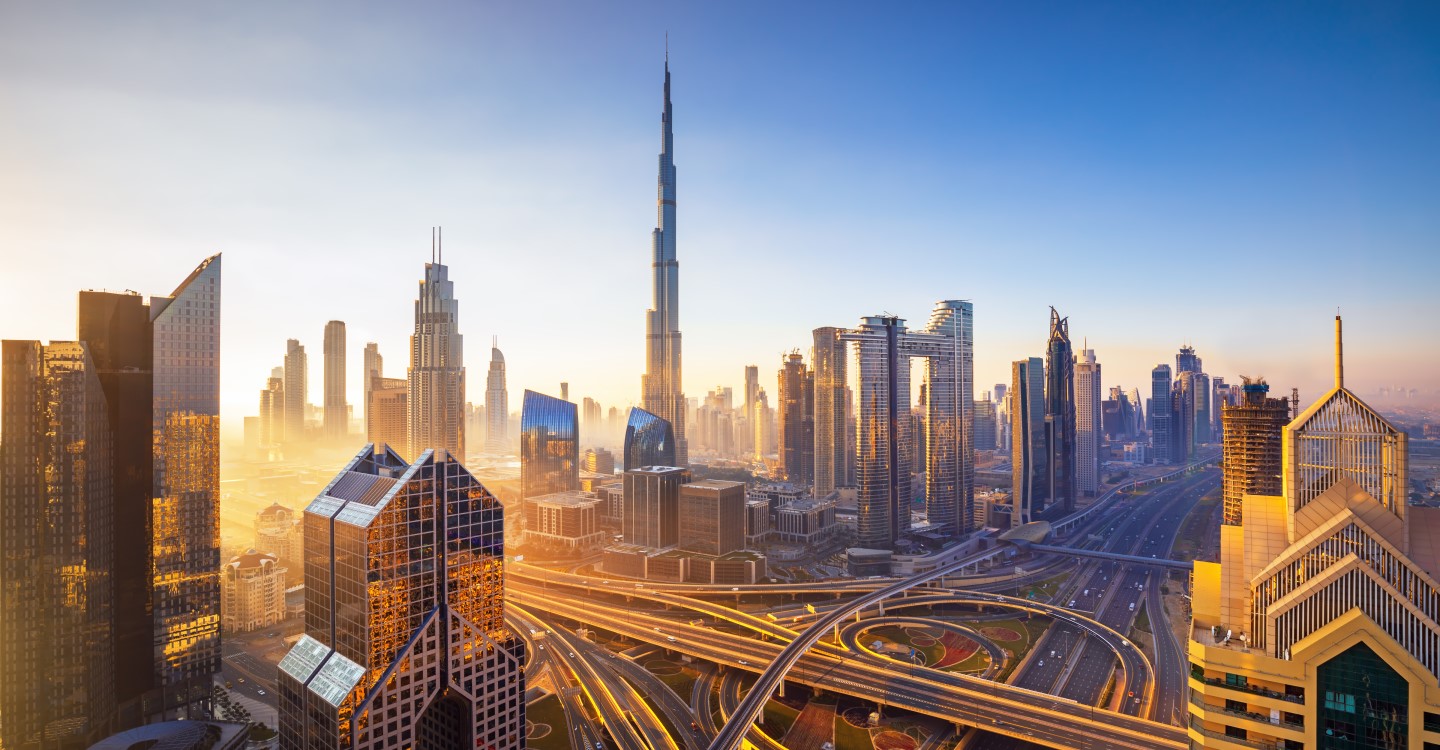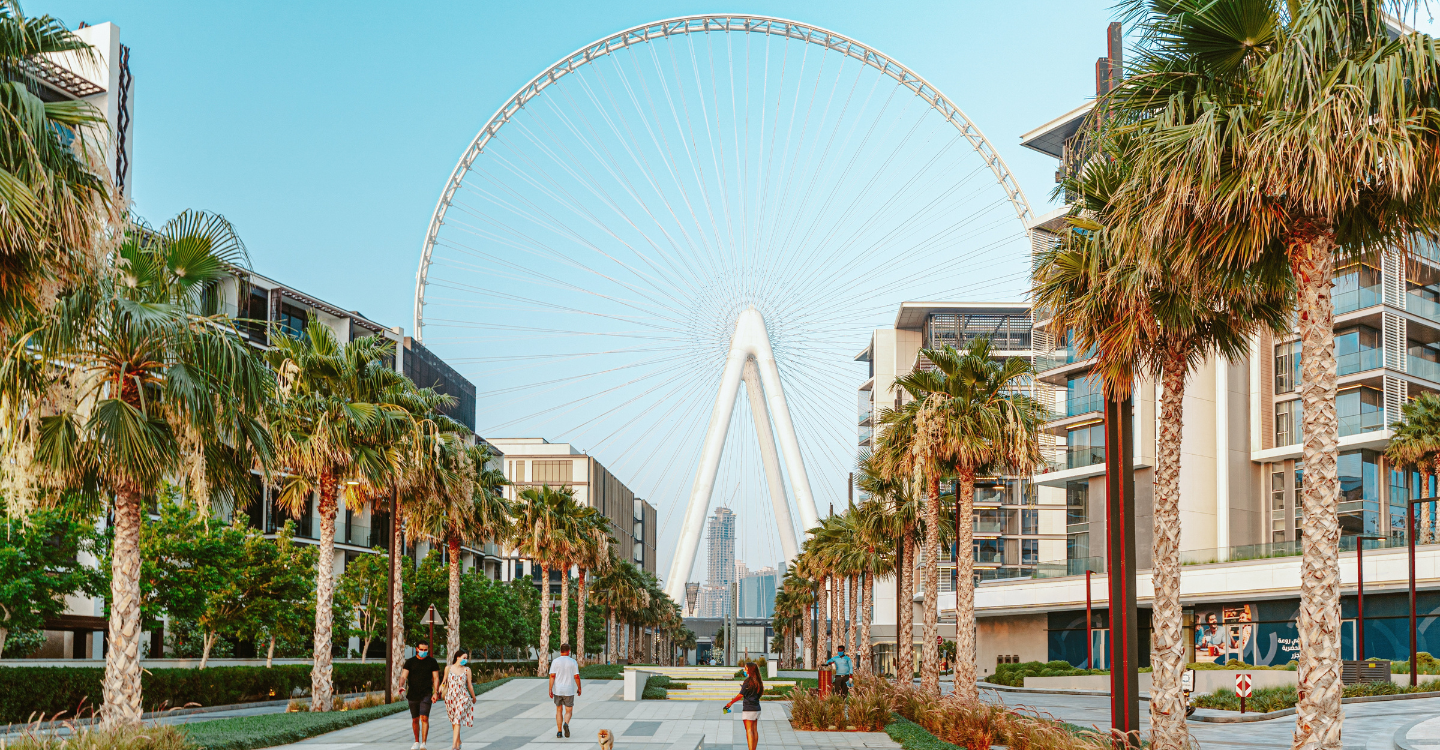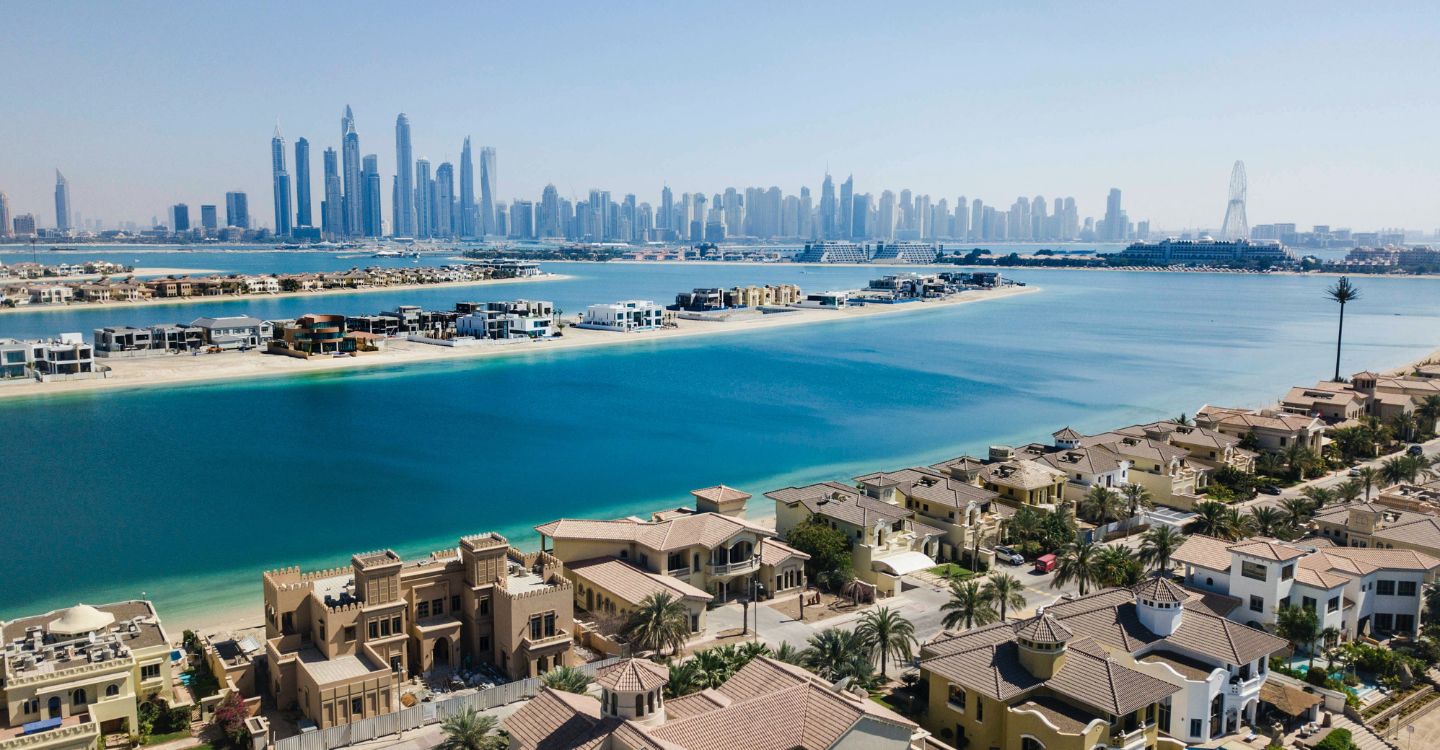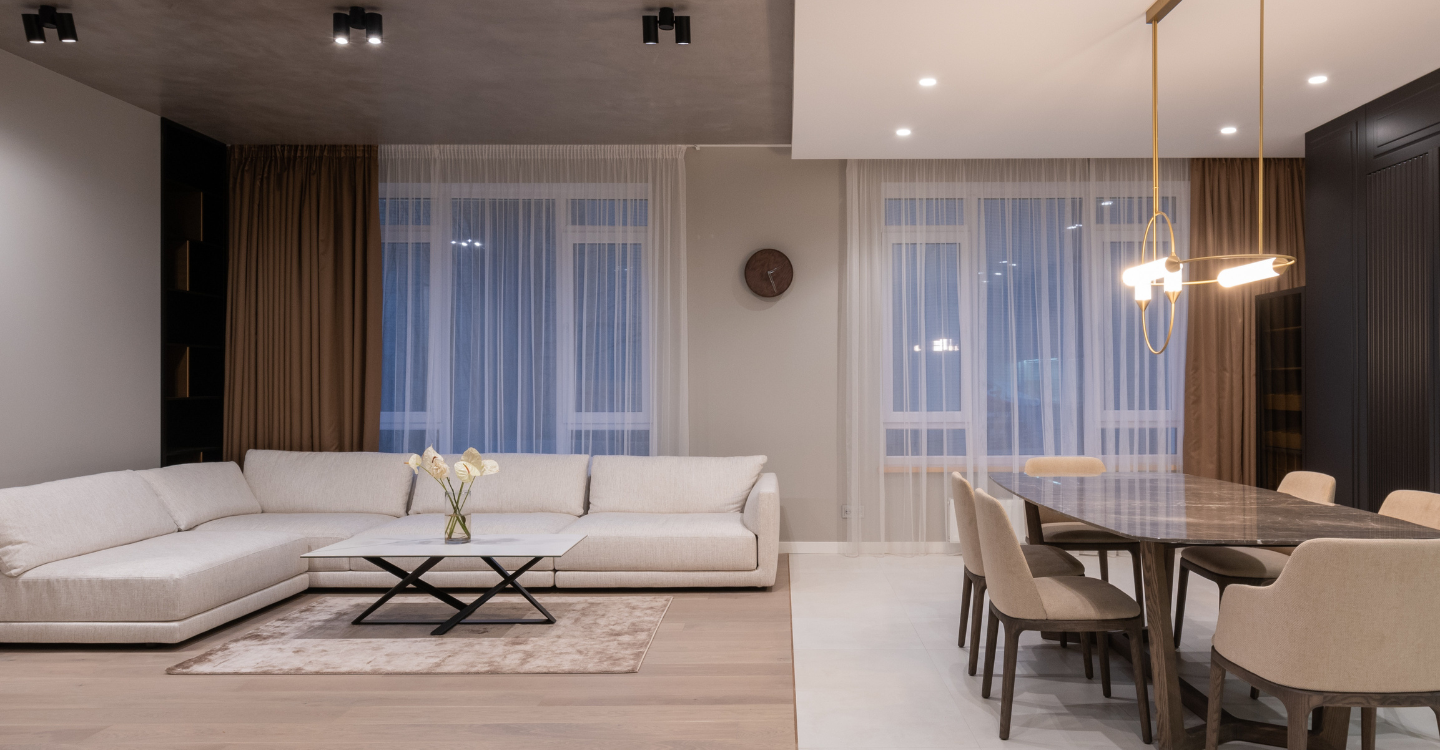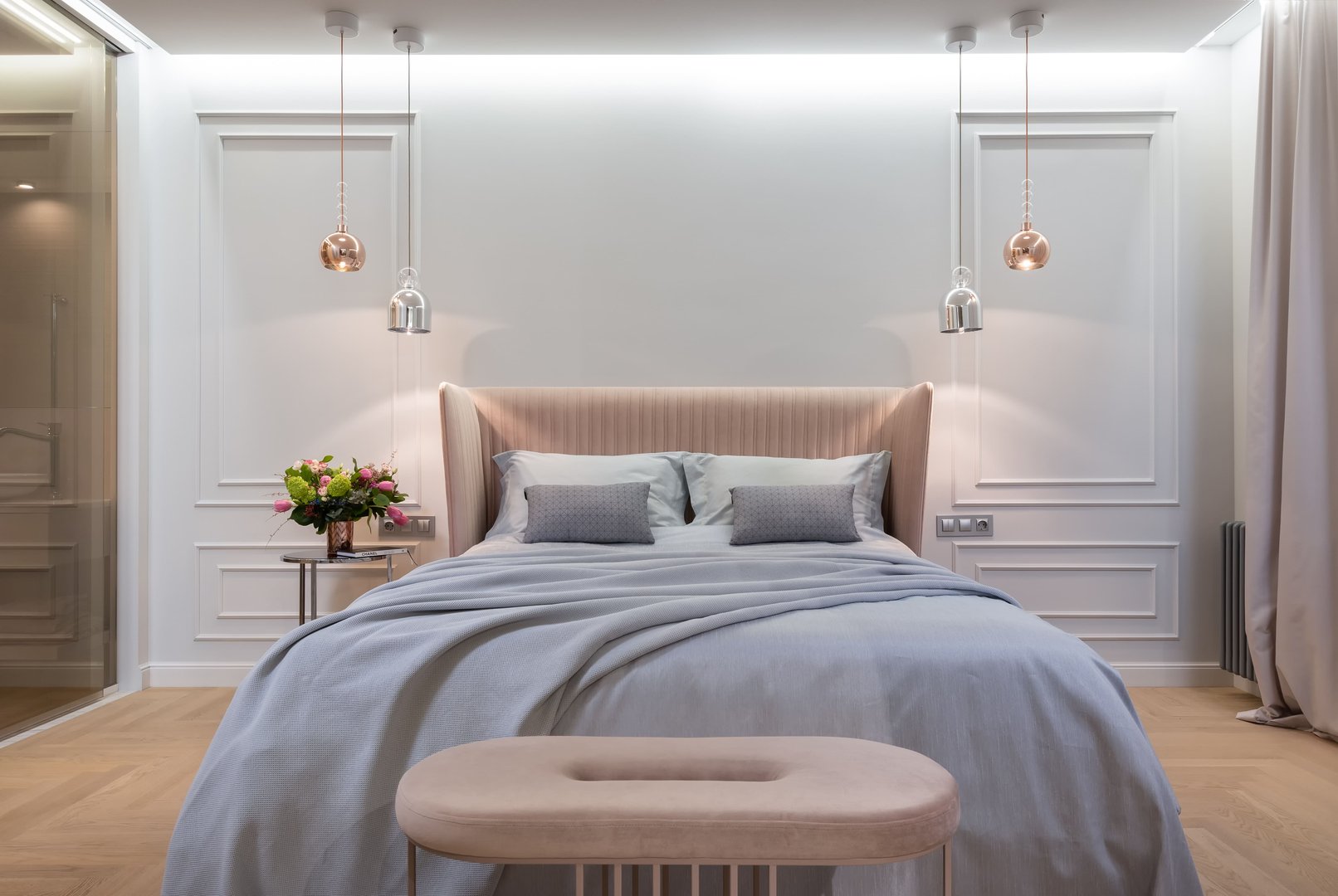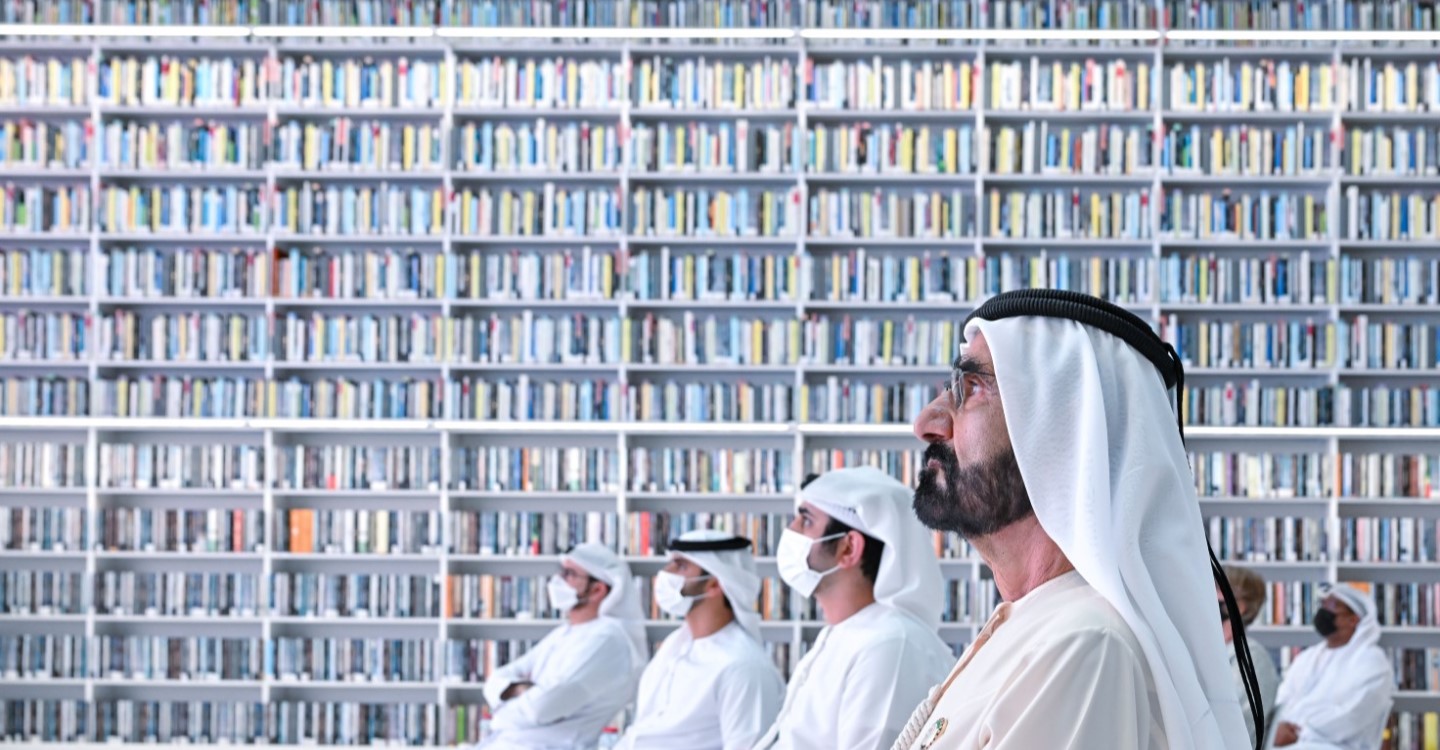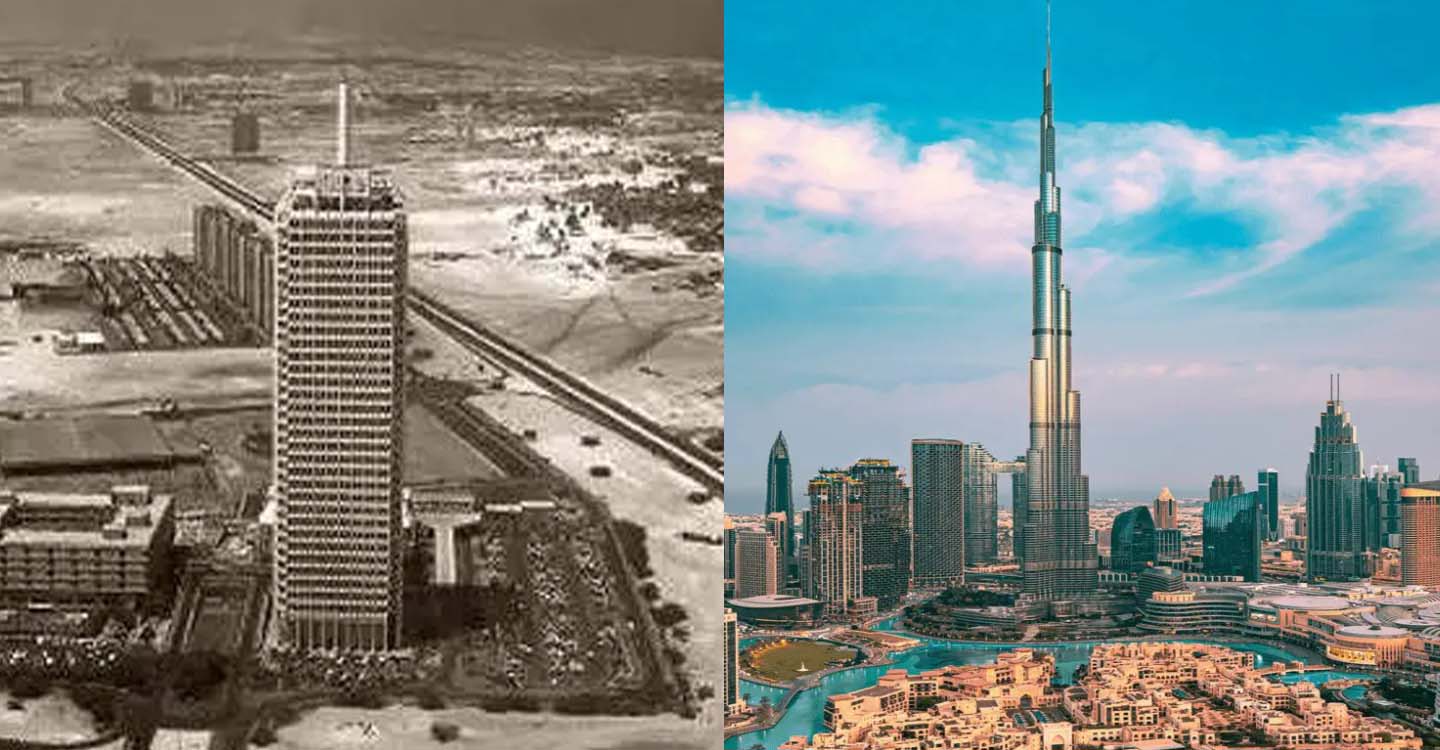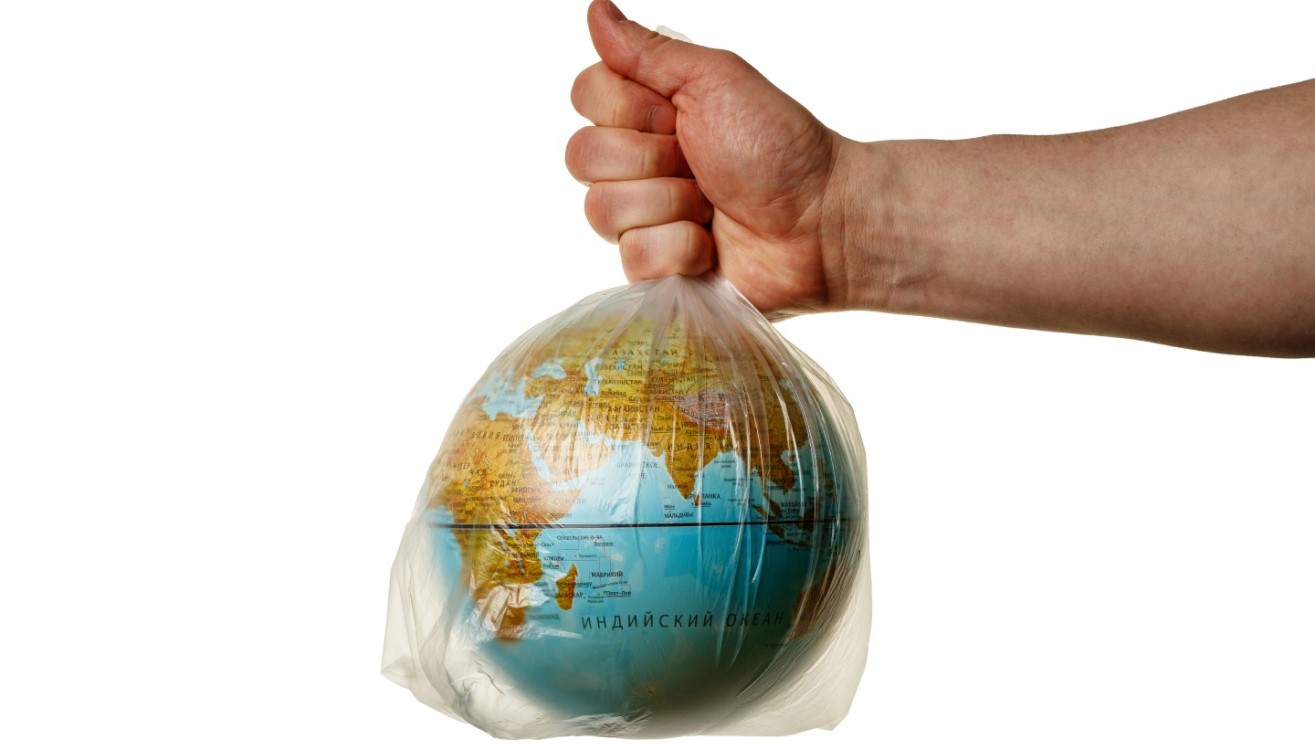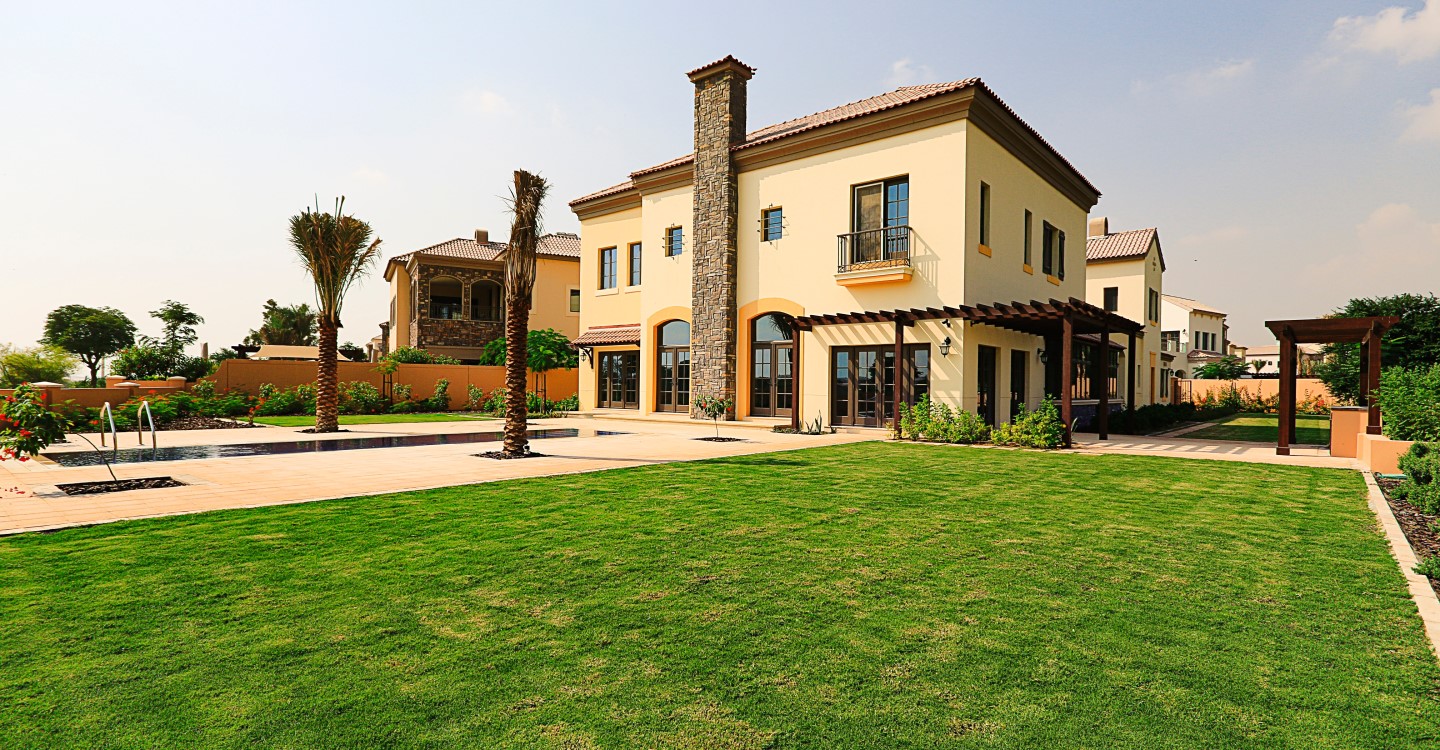
Nestled in the heart of the UAE, the city of Dubai has firmly established itself as an epitome of luxurious living and a global destination for those seeking both prosperity and a high quality of life. With its gleaming skyscrapers, palm-fringed beaches, and a cosmopolitan atmosphere, Dubai captivates the imagination of individuals from around the world, luring them with the allure of tax-free salaries and a wealth of employment opportunities. However, beneath its glittering facade lies a city that demands a careful consideration of its cost of living, a factor that holds significant importance for anyone contemplating a move to this remarkable and vibrant metropolis.
The cost of living in Dubai is influenced by a multitude of factors, each playing a pivotal role in shaping the financial landscape of its residents. Accommodation, transportation, food, education, healthcare, and entertainment expenses collectively contribute to the overall cost of living in this diverse and multicultural city. Understanding the intricacies of these elements is essential for both potential expatriates and long-term residents, as it allows for better financial planning and a realistic assessment of the financial commitments associated with residing in this global hub of ambition and aspiration.
1. Accommodation Costs
Accommodation costs in Dubai are undeniably one of the most significant factors that contribute to the city's high cost of living. Renowned for its extravagance and opulent real estate market, Dubai offers a wide array of housing options, ranging from luxurious villas to high-rise apartments that cater to different tastes and lifestyles.
As of 2023, the average monthly rent for a one-bedroom apartment in the city center hovers around AED 5,400. This price point reflects the exclusivity and desirability of living in the heart of Dubai, where residents can enjoy proximity to iconic landmarks, bustling commercial districts, and a vibrant social scene. For those seeking more spacious accommodations, a three-bedroom apartment in the city center can cost approximately AED 11,600 per month. These prices are indicative of the premium associated with securing larger living spaces that offer more comfort and flexibility for families or individuals who desire additional rooms for workspaces or guests.
It is essential to note that the cost of accommodation can vary significantly based on the location and prestige of the property. Areas like Dubai Marina and Downtown Dubai, known for their picturesque waterfront views, modern architecture, and proximity to popular attractions, command even higher rental prices. These exclusive neighbourhoods epitomize luxury living and offer a range of high-end amenities, including private beach access, world-class restaurants, and upscale shopping experiences. Consequently, the average rent in these areas can exceed the citywide average, making them particularly attractive to affluent individuals and those seeking an elevated lifestyle.
However, not all accommodations in Dubai come with exorbitant price tags. The city also offers more affordable options in areas such as Jumeirah Village Circle (JVC) or Dubai Sports City. These neighbourhoods provide a balance between quality living and reasonable rental costs. In JVC, for example, it is possible to find a one-bedroom apartment for under AED 50,000 per year, which translates to more budget-friendly monthly expenses. These areas often offer a quieter and more residential environment while still providing access to necessary amenities, community parks, and convenient transportation options.
When considering accommodation costs in Dubai, it is essential to factor in additional expenses beyond the monthly rent. Most rental agreements require a security deposit, typically equivalent to one to three months' rent, which is refundable upon the termination of the lease. Additionally, tenants may be responsible for utility bills, which can include water, electricity, and cooling charges. The latter is particularly significant in Dubai, where air conditioning is a necessity due to the region's hot climate. The cost of utilities can vary based on the size of the property, individual consumption, and the specific regulations of the building or development.
Another aspect to consider is the availability of furnished versus unfurnished apartments. Furnished accommodations come with higher rental prices but provide the convenience of moving in without the hassle of purchasing or transporting furniture. On the other hand, unfurnished apartments offer more flexibility for personalization and may be a more suitable option for long-term residents who prefer to bring their own furniture or have specific interior design preferences.
In recent years, Dubai has also witnessed an increase in the development of affordable housing initiatives aimed at providing more cost-effective options for residents. These initiatives aim to address the needs of individuals and families with lower incomes, ensuring that affordable housing remains an integral part of the city's vision for sustainable and inclusive growth.
2. Transportation Costs
Dubai boasts a well-developed transportation system that includes the metro, buses, and taxis. The Dubai Metro, an efficient and cost-effective option, offers fares ranging from AED 2 to AED 7.5, depending on the distance travelled. However, for those who prefer the convenience of private transportation, taxis can prove to be more expensive. With a minimum fare of AED 10 and additional charges per kilometres, the cost of using taxis can accumulate quickly. An alternative option for private rides is ride-hailing apps like Uber or Careem, which can offer slightly more affordable transportation compared to traditional taxis.
3. Food Expenses
Dubai is renowned for its vibrant dining scene, offering a plethora of fine dining and exclusive restaurant experiences. However, indulging in dining out frequently can significantly impact one's budget. A meal at a mid-range restaurant typically costs between AED 60 and AED 100 per person, depending on the cuisine and venue. For more budget-conscious individuals, fast food chains like McDonald's and KFC offer more affordable meals, ranging from AED 25 to AED 35. To mitigate food expenses, cooking at home proves to be a practical solution, and shopping at budget-friendly supermarkets such as Lulu or Carrefour can help reduce costs further.
4. Education Expenses
Education expenses constitute a substantial portion of the cost of living in Dubai, particularly for expatriate families with children. International schools in Dubai offer a wide range of educational options but can come with significant tuition fees. Depending on the quality of education, facilities, and curriculum, tuition fees for international schools can range from AED 16,000 to AED 100,000 per year. Alternatively, more affordable schooling options, such as Indian or Pakistani schools, provide lower tuition fees, making education costs more manageable for families on a budget.
5. Healthcare Costs
Dubai is renowned for its world-class healthcare system, which encompasses both private and public hospitals. While private healthcare services are known for their exceptional quality, they often come with a higher price tag. A consultation with a general practitioner in a private hospital can cost between AED 250 and AED 350, with additional expenses for specialist consultations or diagnostic tests. Public hospitals, on the other hand, offer more affordable healthcare services, and expatriates can take advantage of the Dubai Health Authority (DHA) card to access discounted rates. It is important to factor in healthcare costs when considering the overall cost of living in Dubai and to ensure that adequate health insurance coverage is in place to mitigate any unexpected medical expenses.
6. Entertainment Expenses
Dubai is a city that never fails to impress when it comes to entertainment options. From extravagant shopping malls to thrilling theme parks and pristine beaches, the city offers a myriad of activities to cater to every taste. However, engaging in these social pursuits can be costly, and it is essential to allocate a portion of the budget for entertainment expenses. Admission fees to popular attractions like the Burj Khalifa observation deck or indoor ski resorts can range from AED 100 to AED 500 per person. Dining at high-end restaurants or attending live performances and concerts can also add up quickly. To manage entertainment costs, exploring free or low-cost activities such as public parks, cultural festivals, or visiting local markets can provide enjoyable experiences without breaking the bank.
Conclusion
Living in Dubai offers a unique blend of luxury, opportunity, and cultural diversity. While the city presents a wealth of advantages, it is important to be aware of the cost of living and carefully plan one's finances. Dubai's high cost of living, driven by factors such as accommodation, transportation, food, education, healthcare, and entertainment, requires individuals and families to establish realistic budgets and make informed financial decisions. By understanding the various elements that contribute to the cost of living in Dubai, it becomes possible to strike a balance between enjoying the city's unparalleled offerings and maintaining financial stability. With careful planning and research, one can make the most of what this vibrant city has to offer while ensuring a comfortable and sustainable lifestyle.



